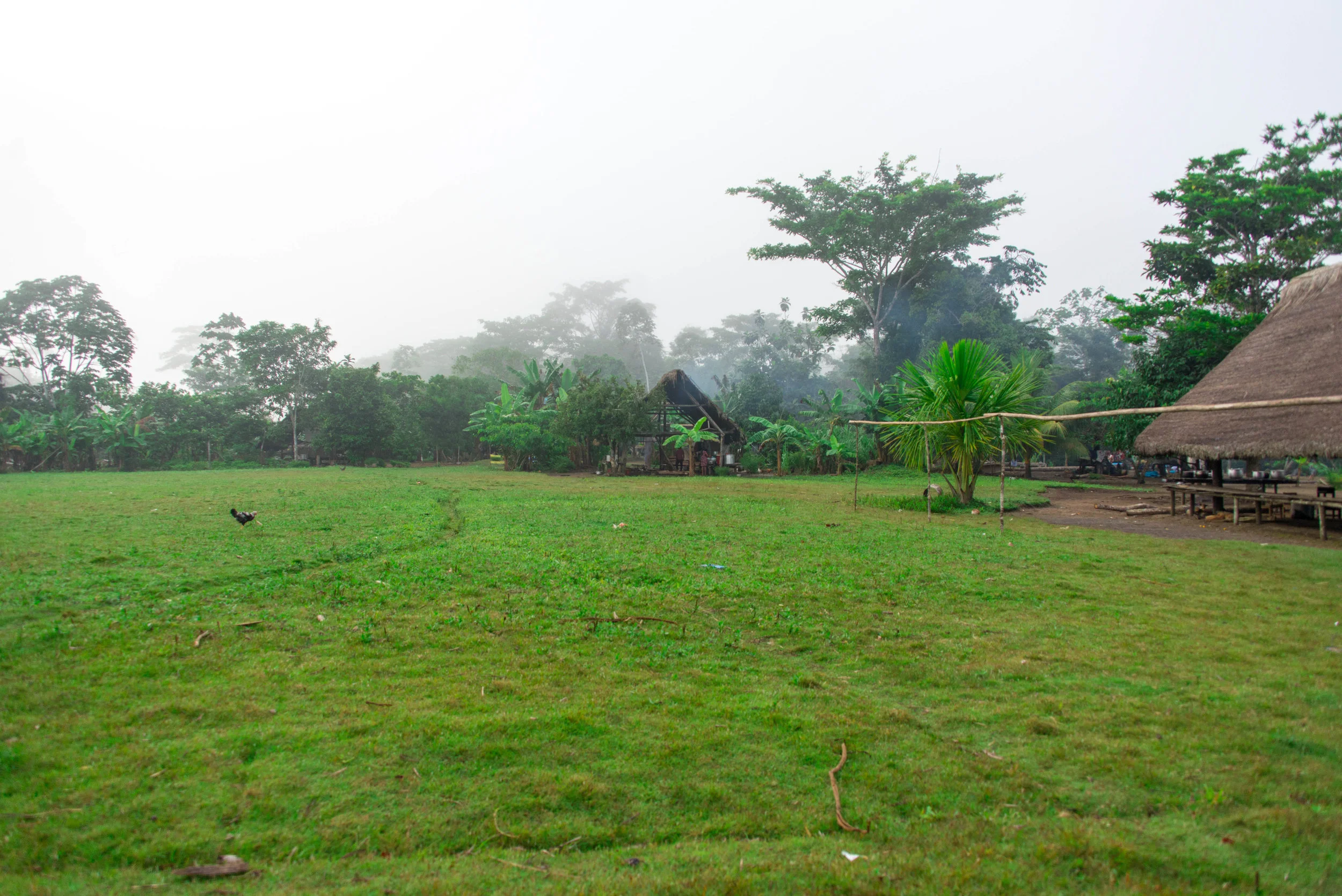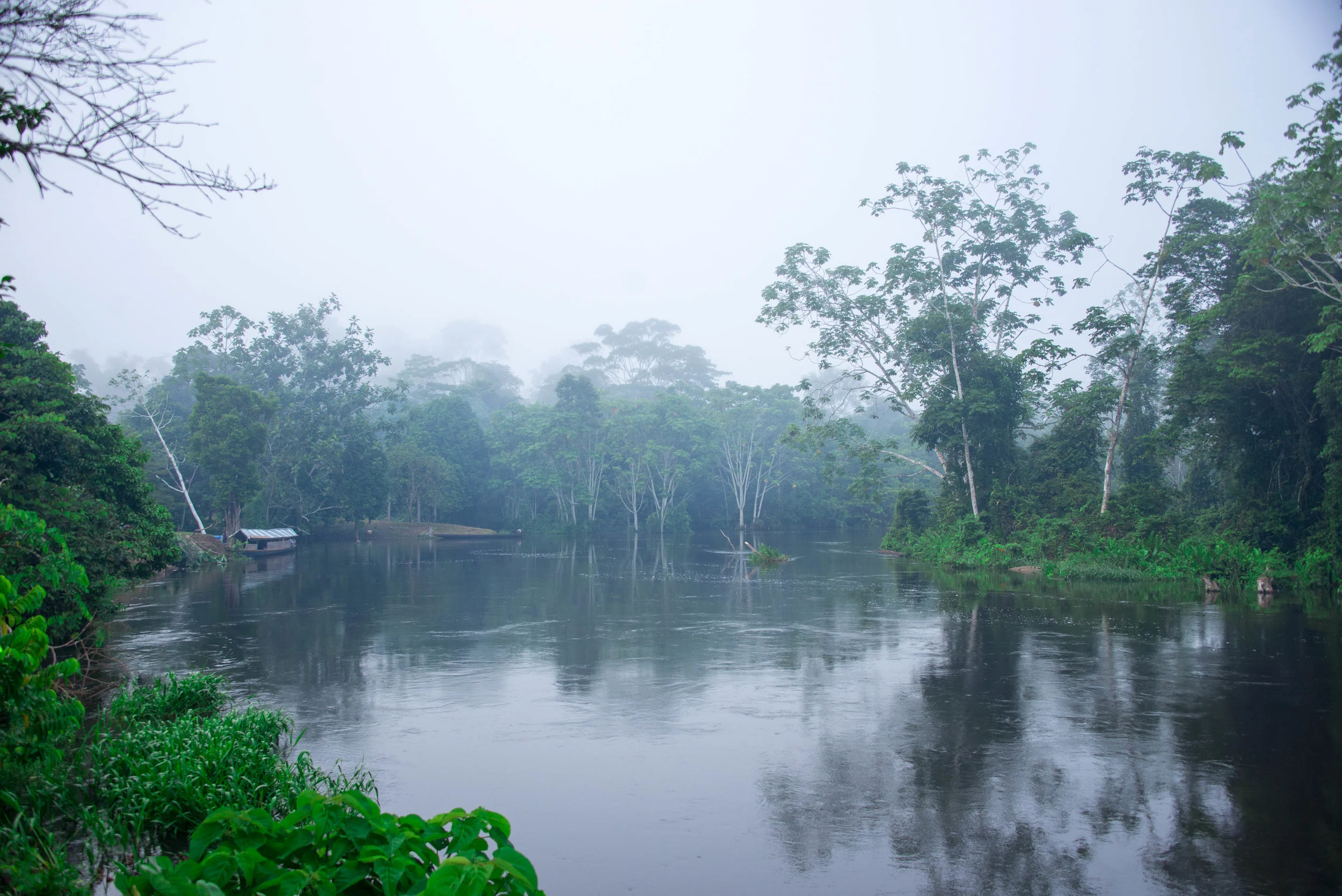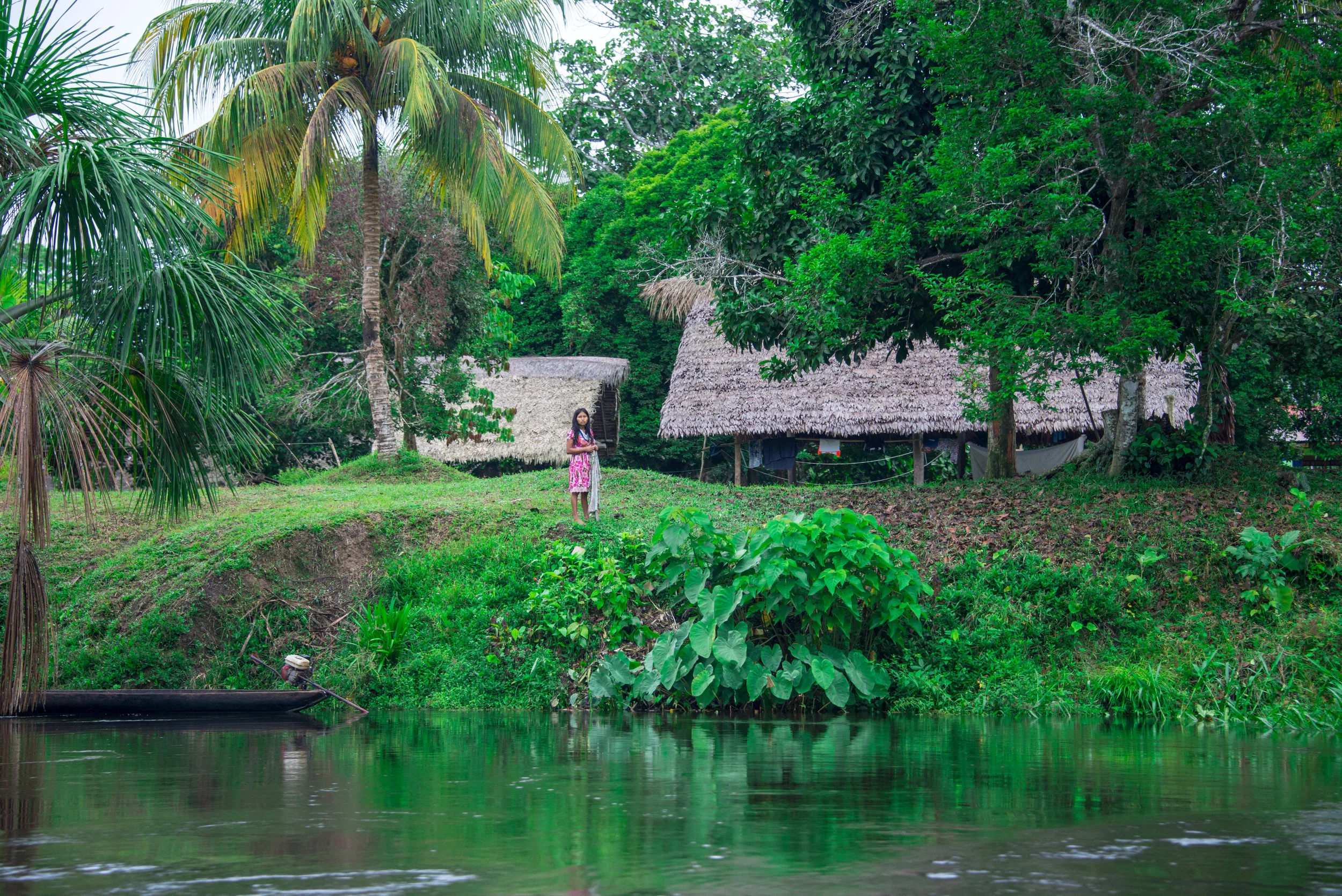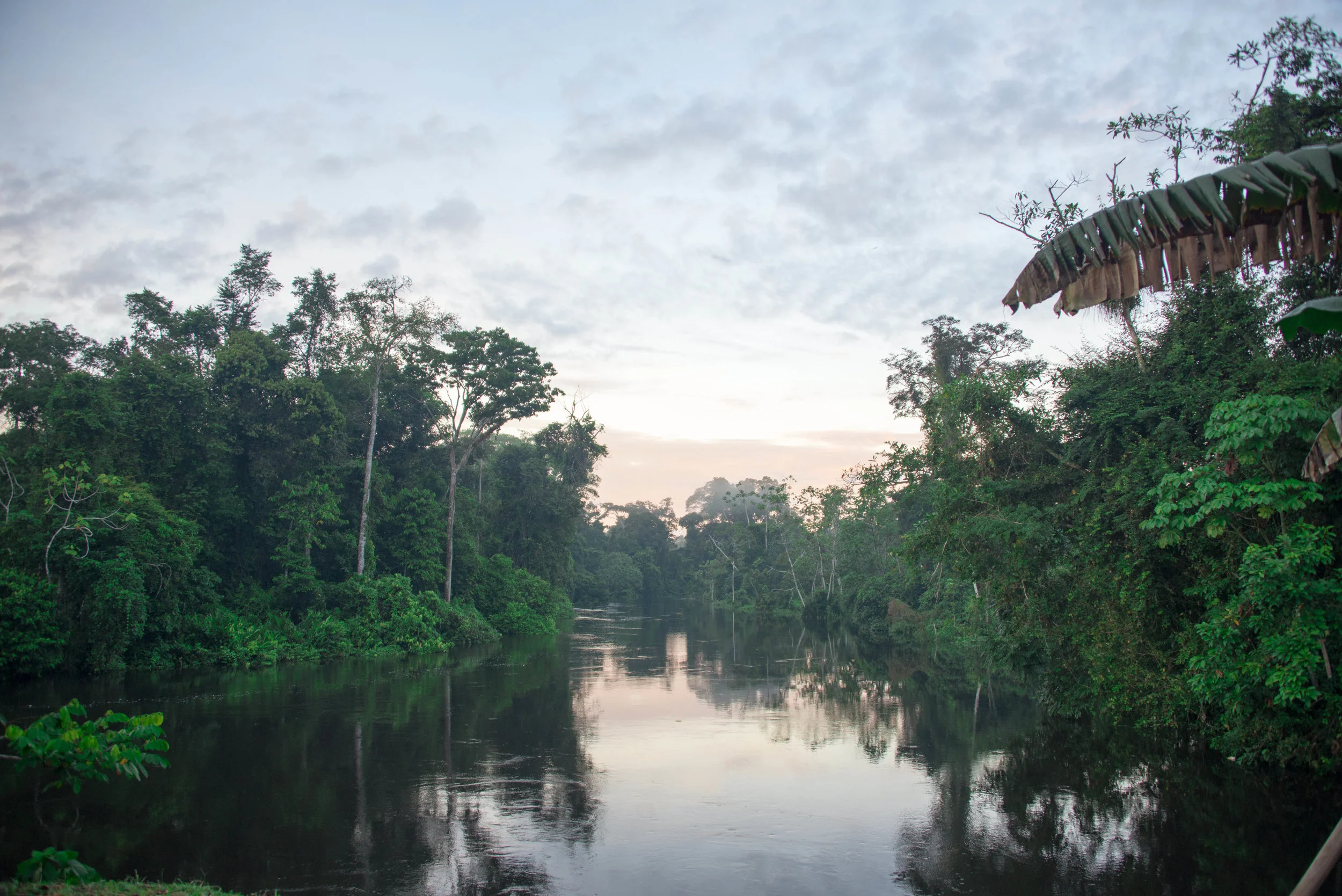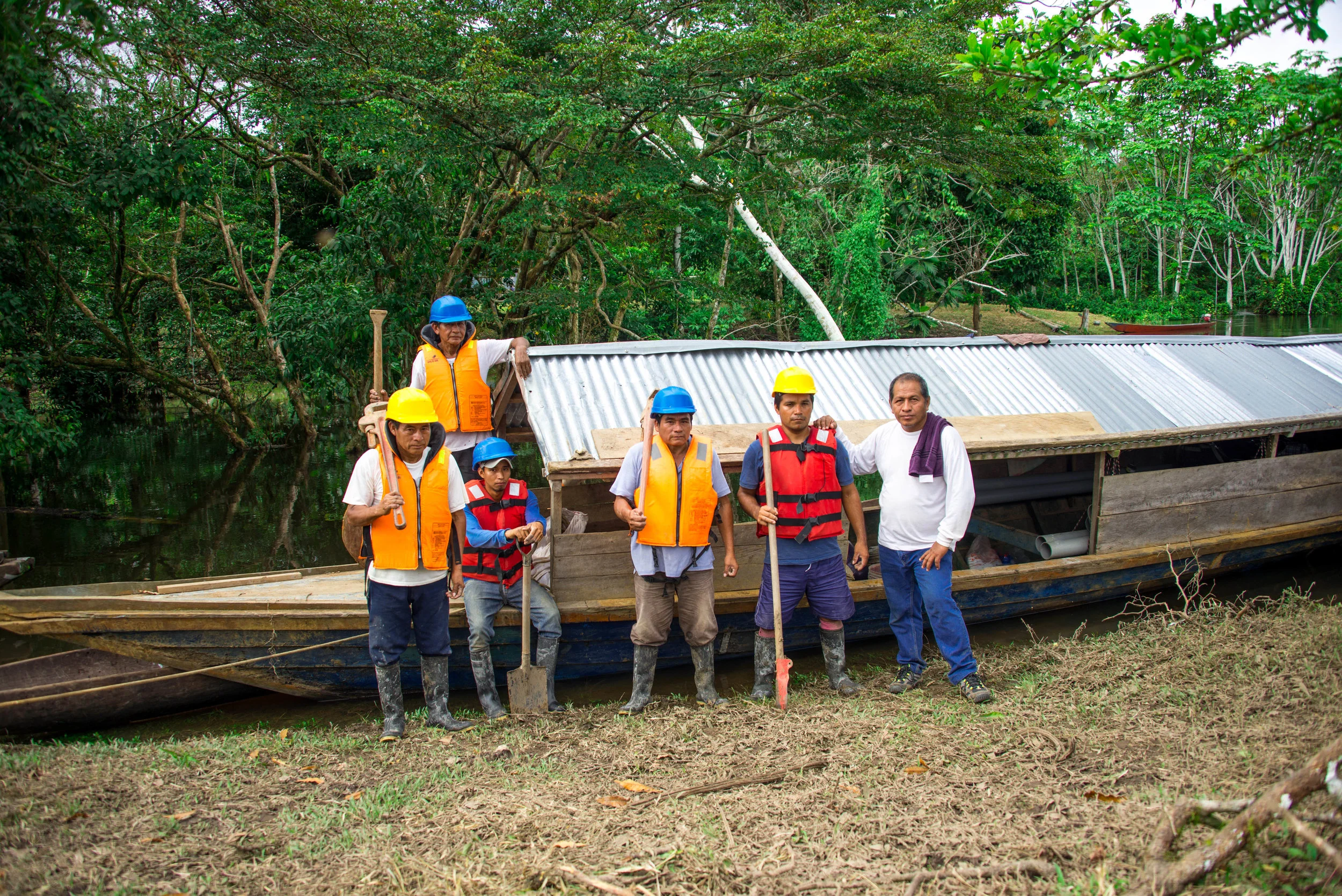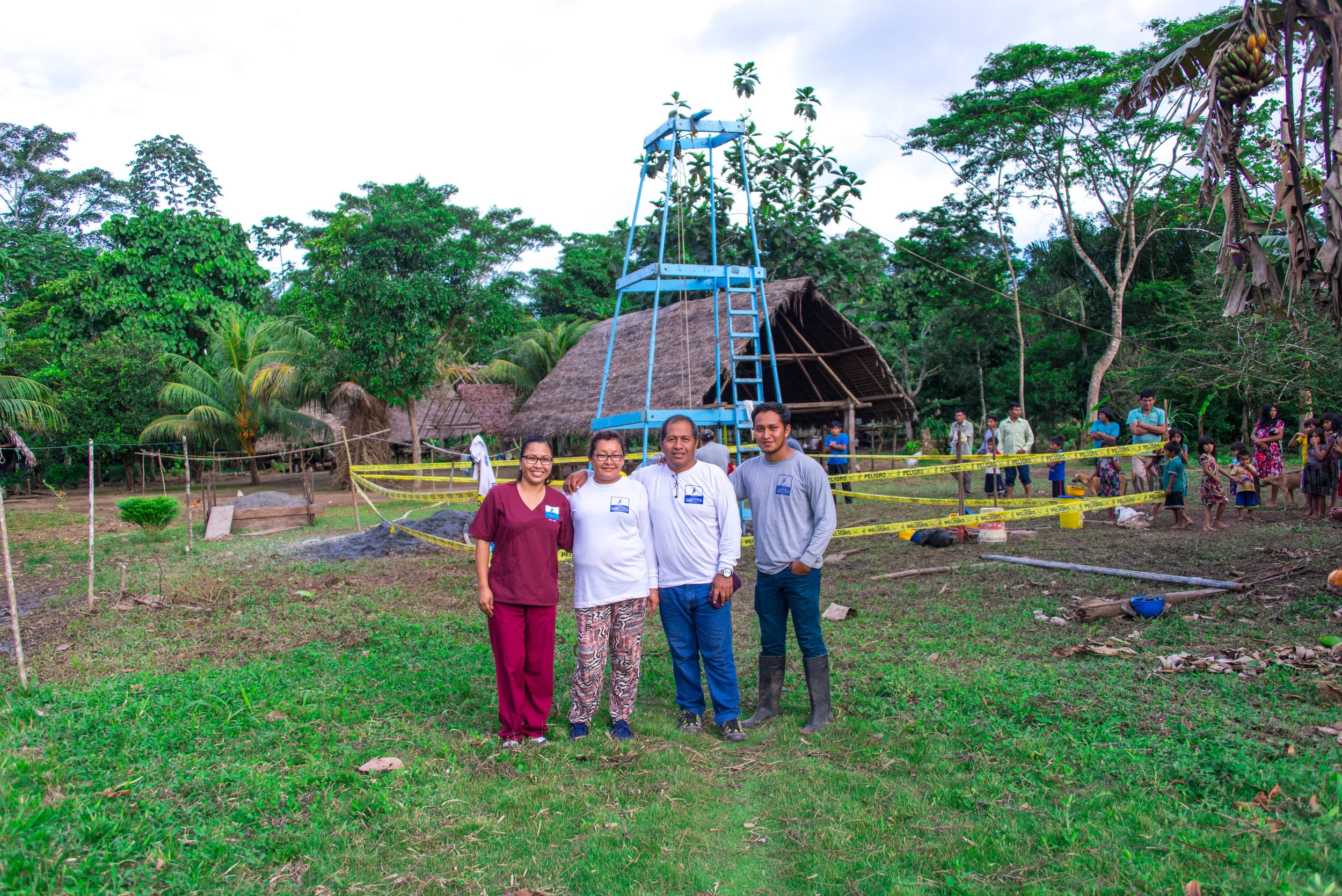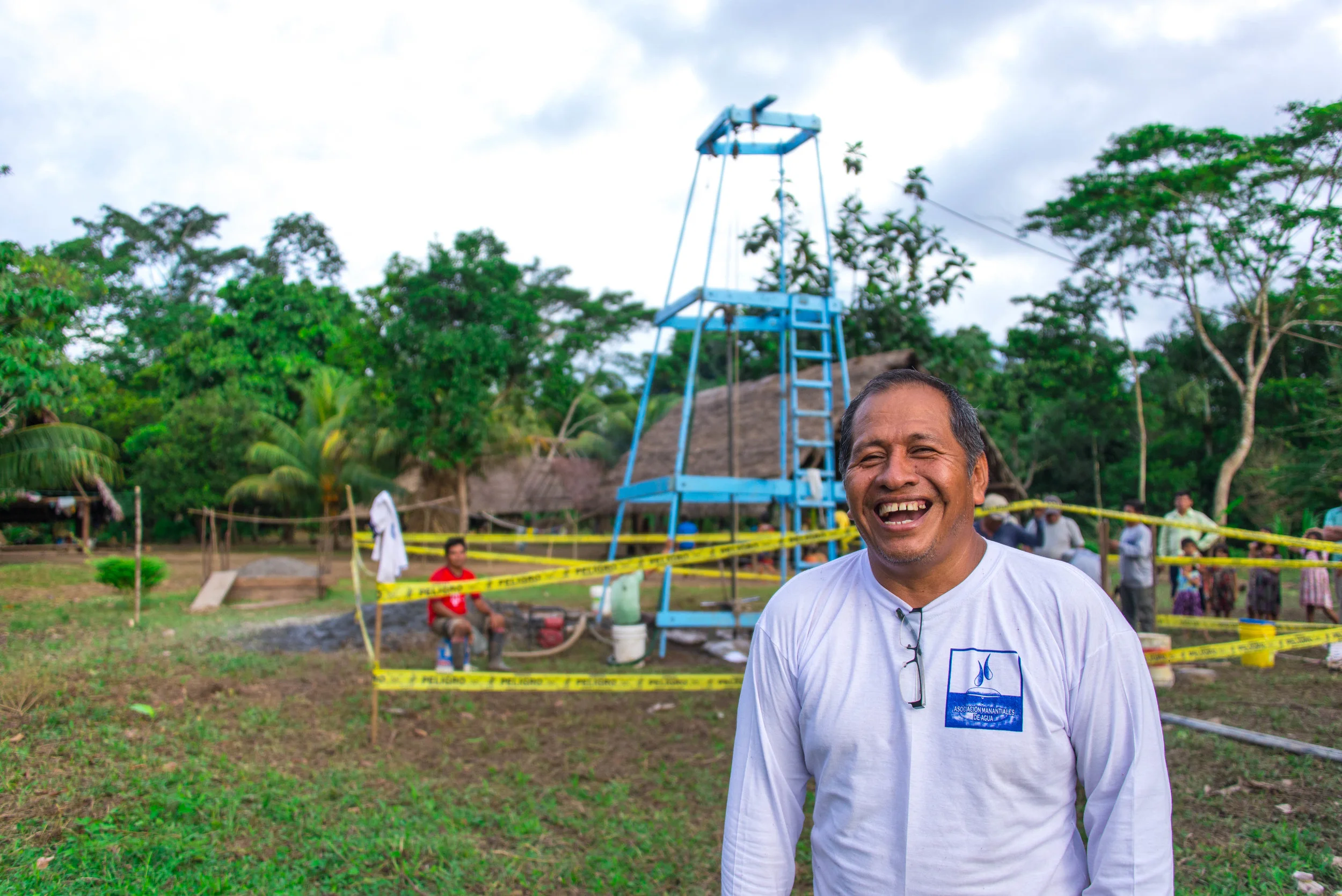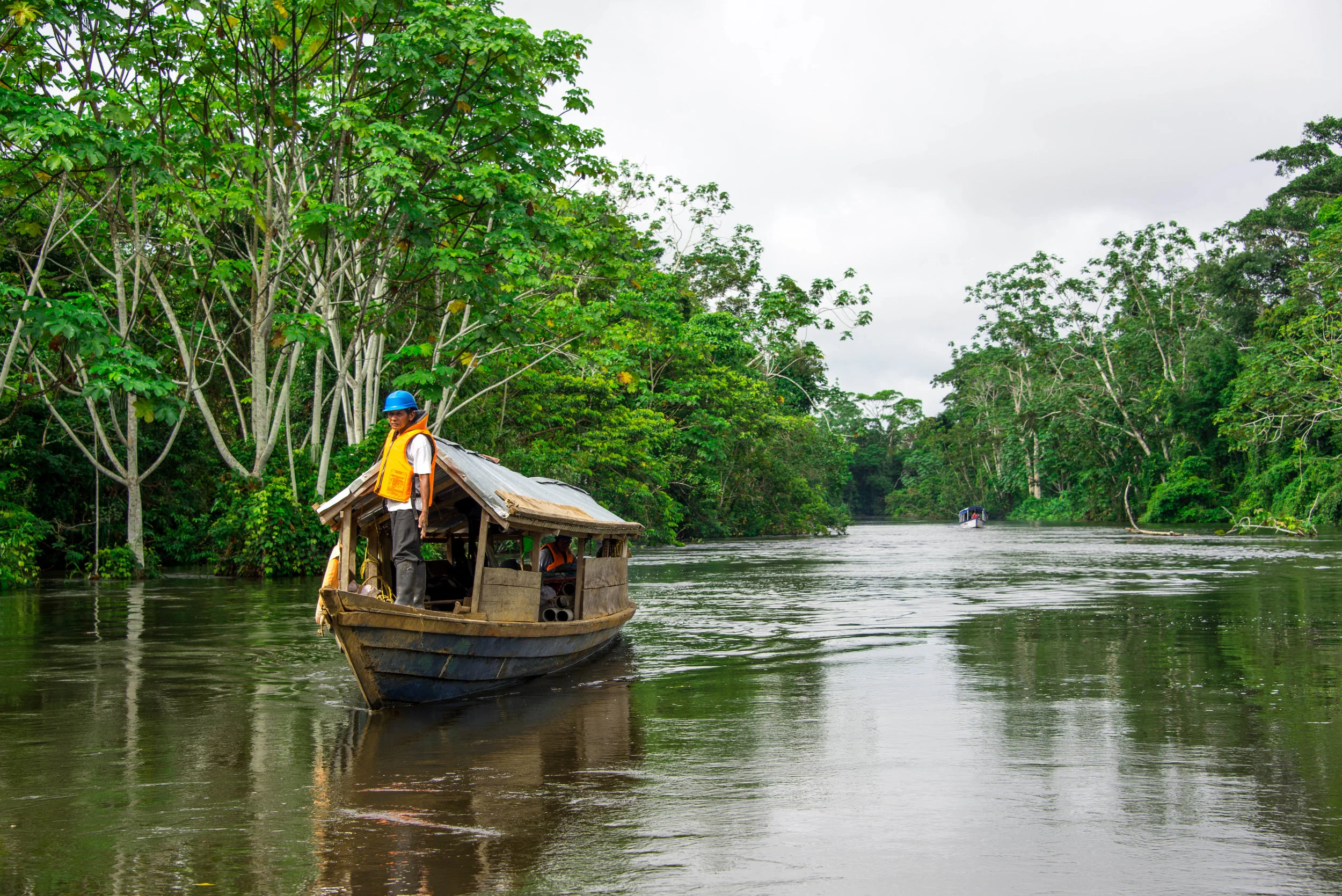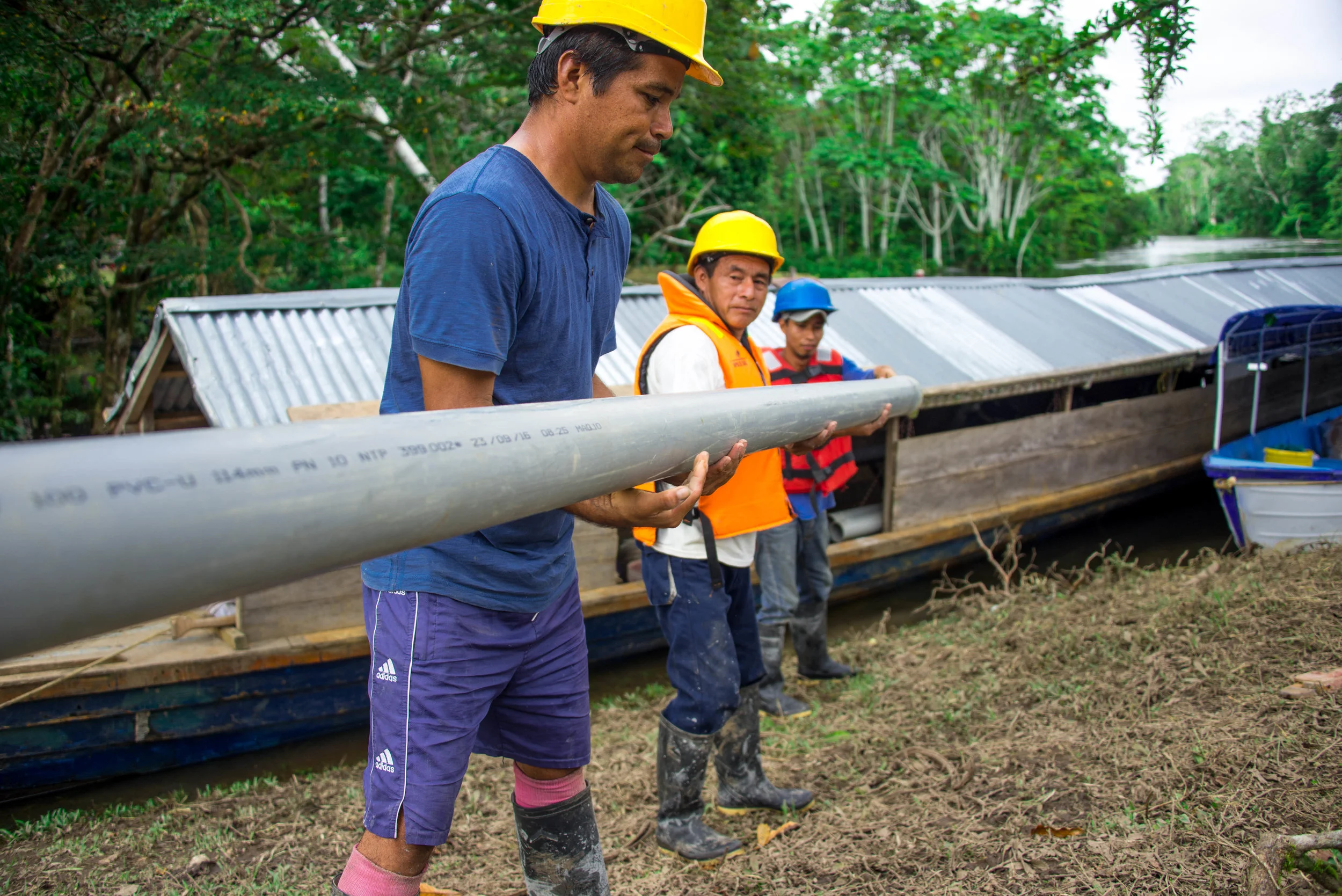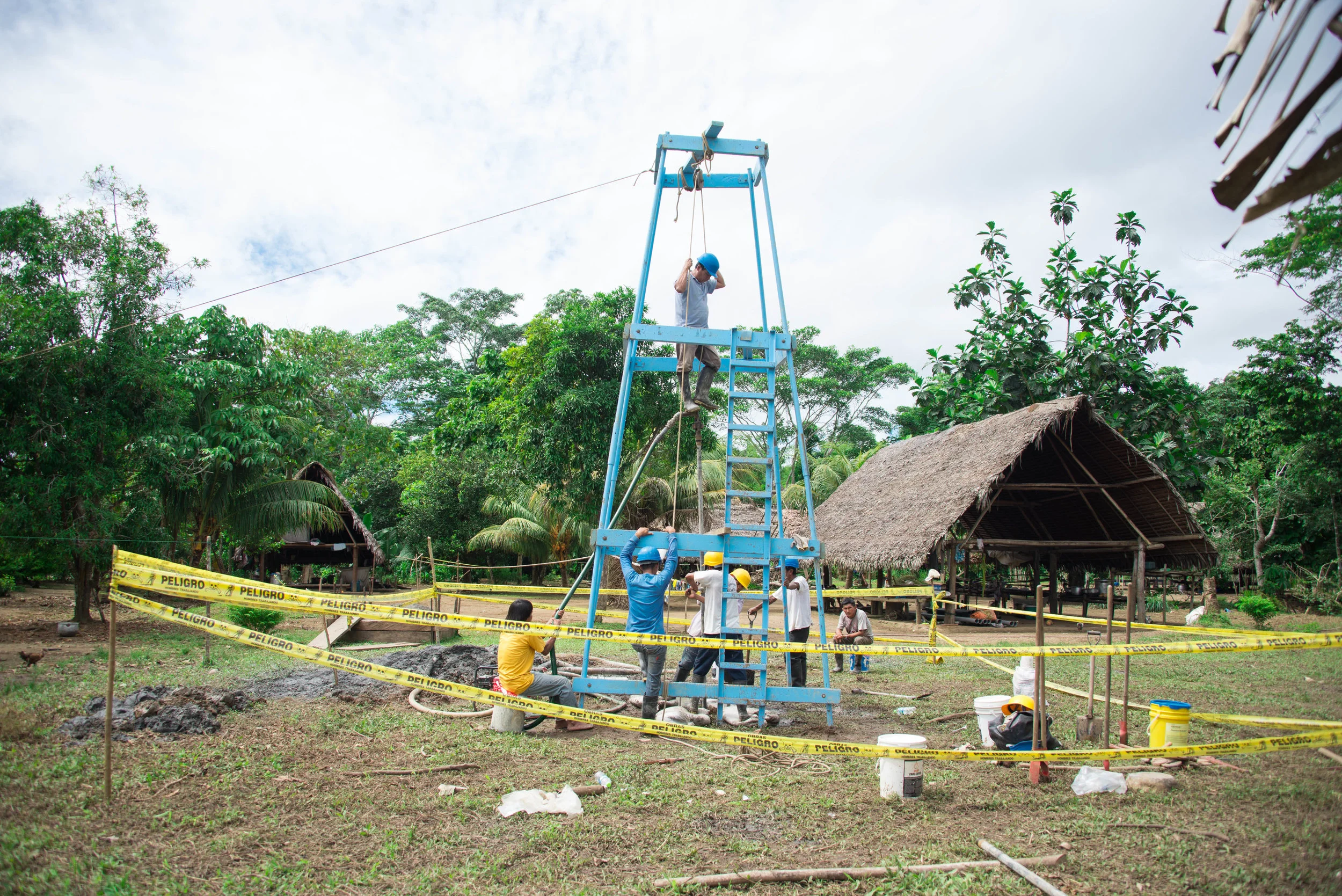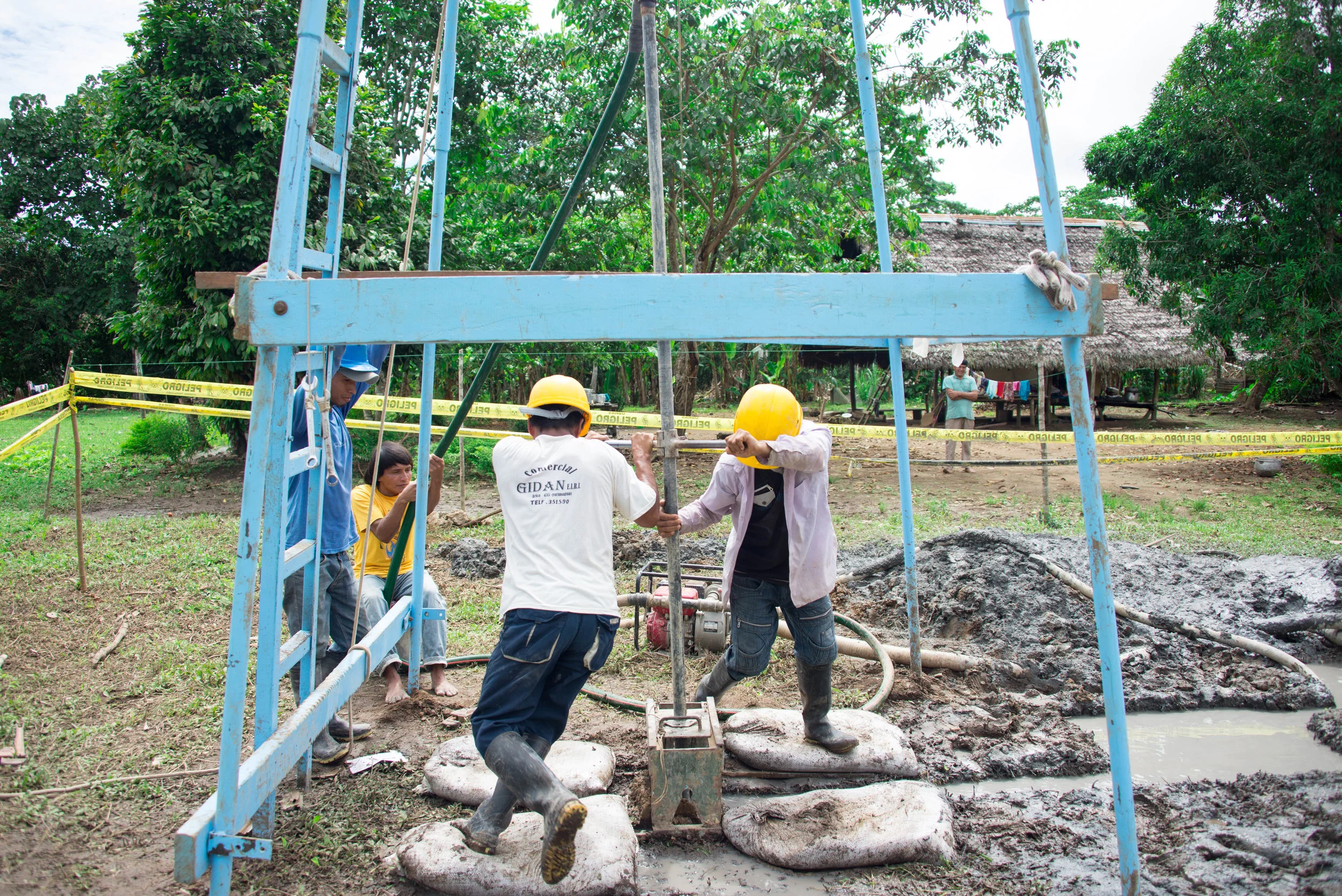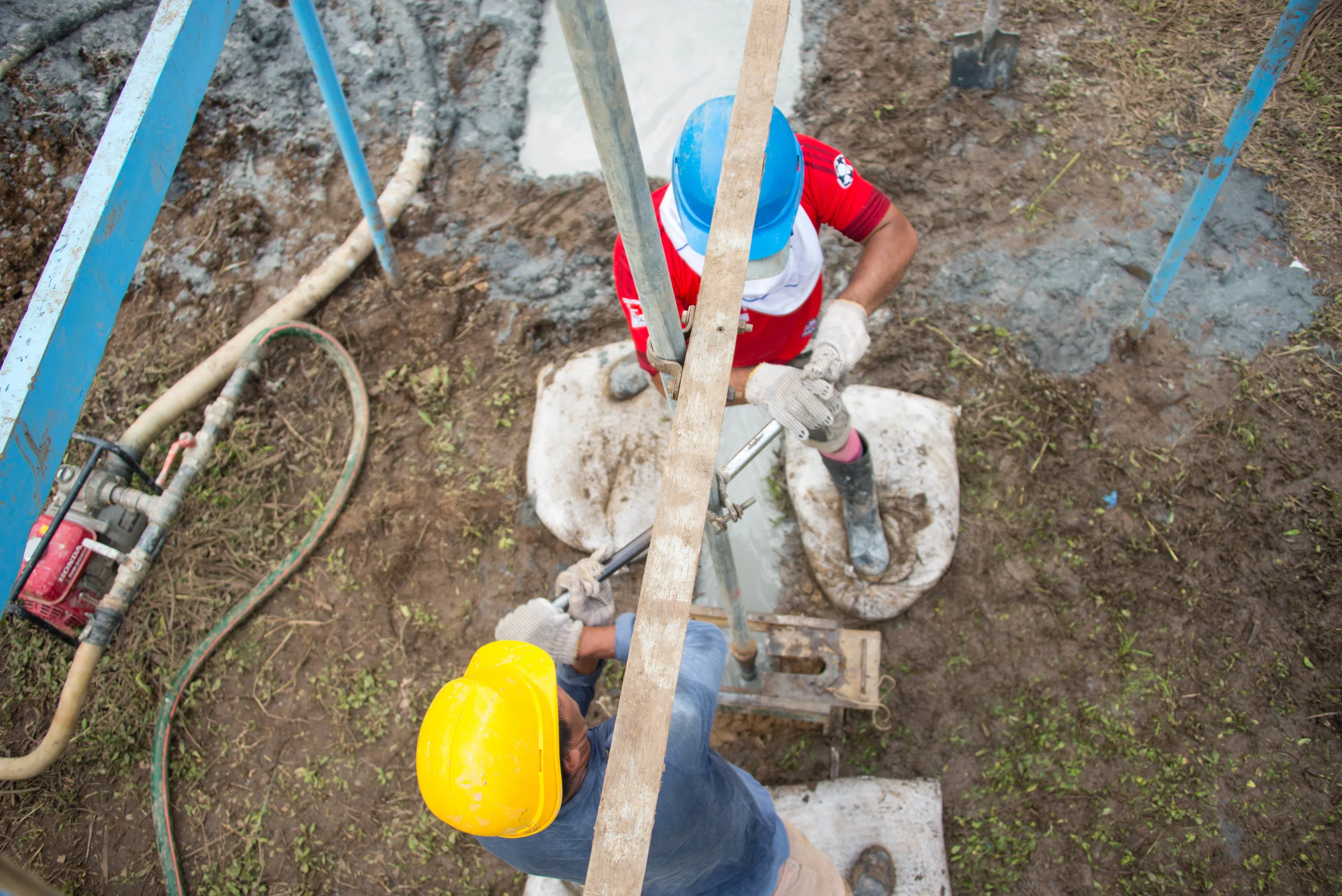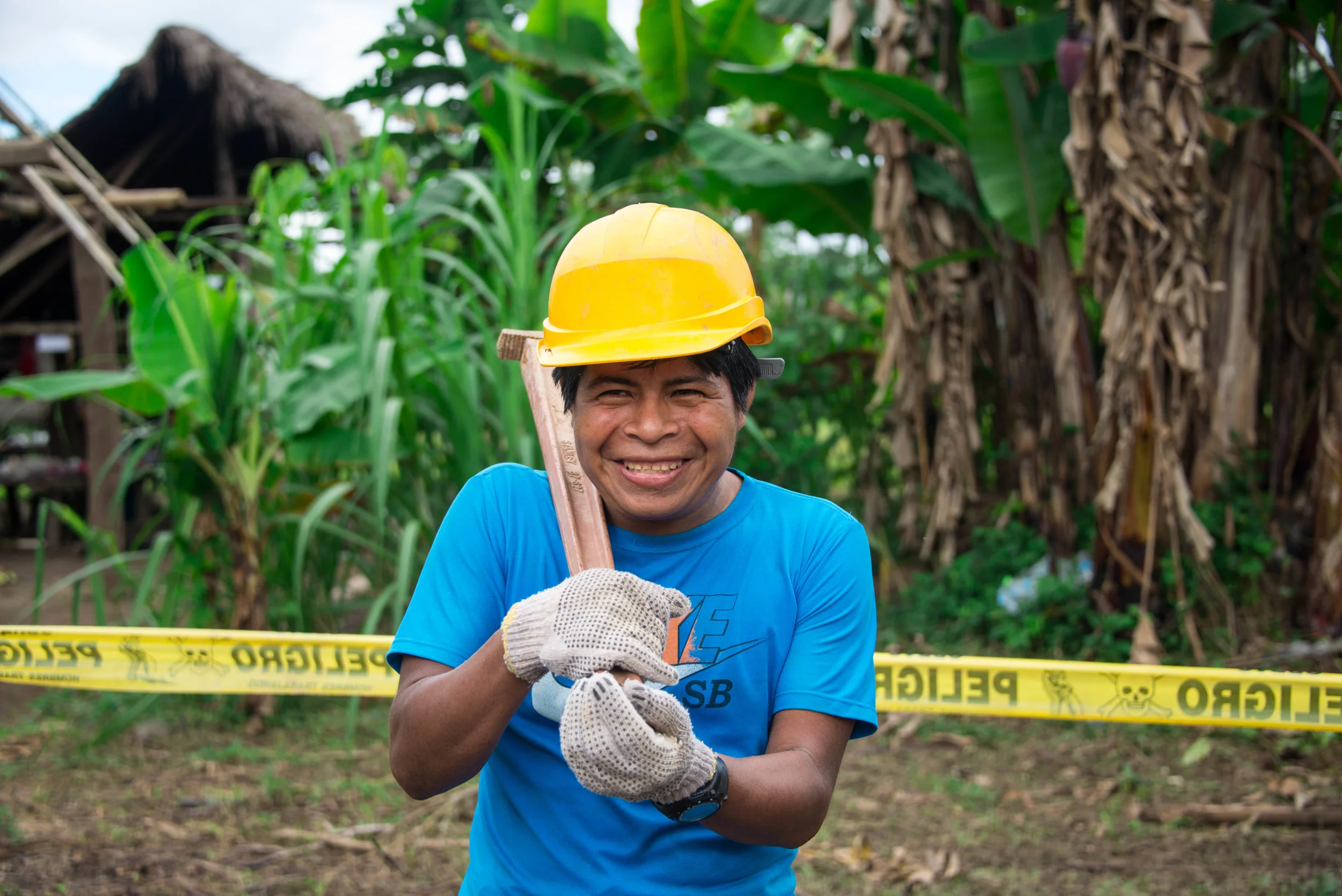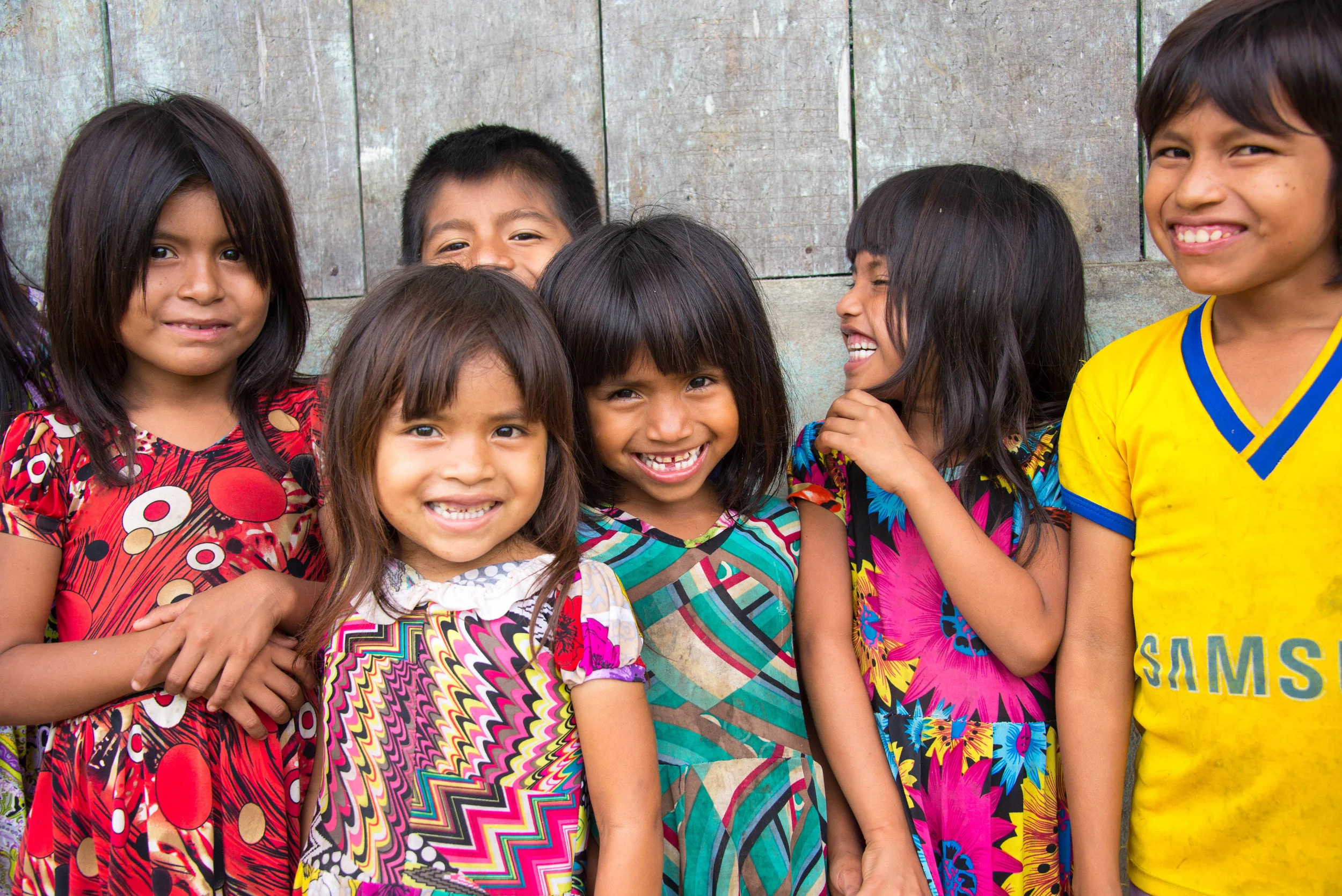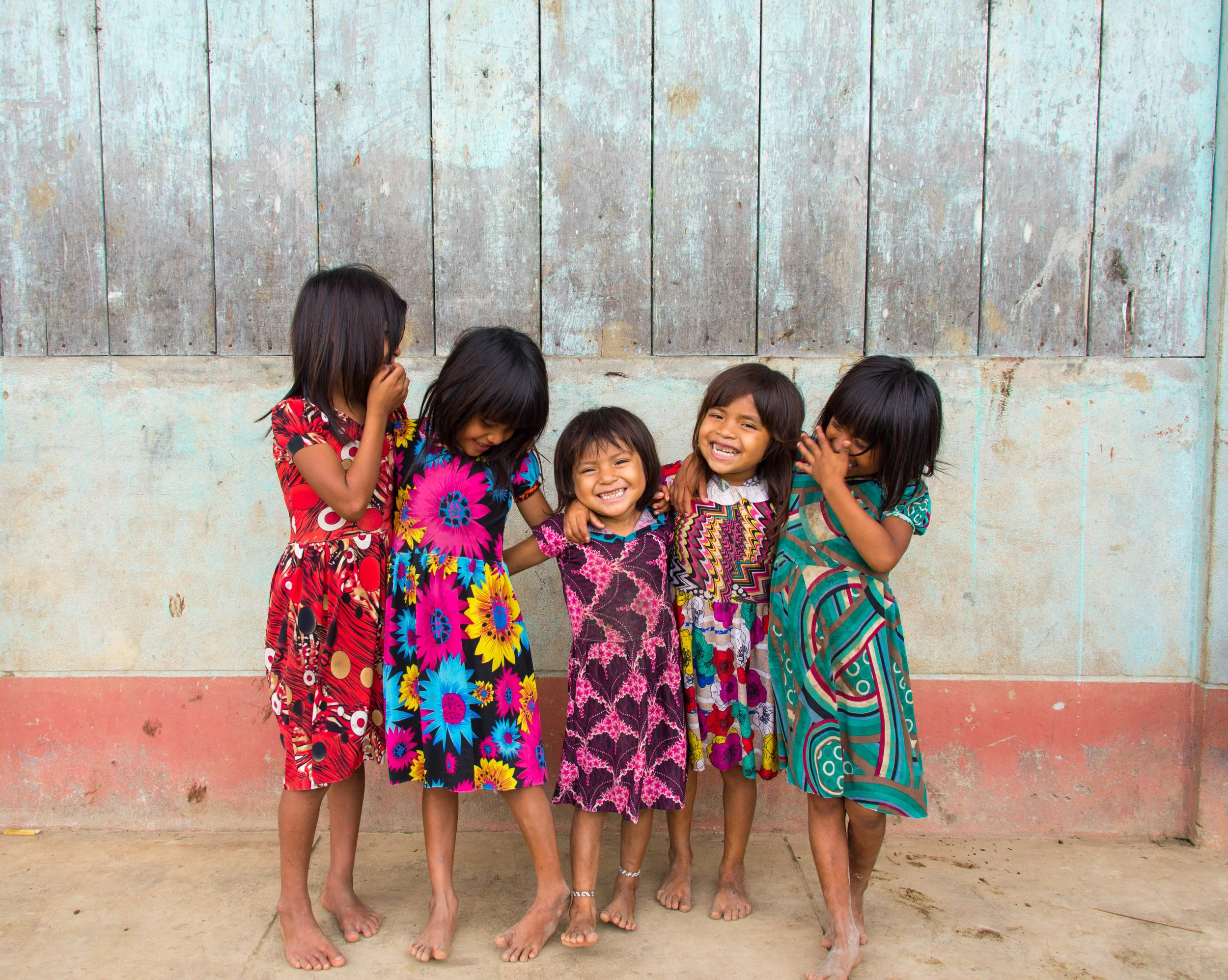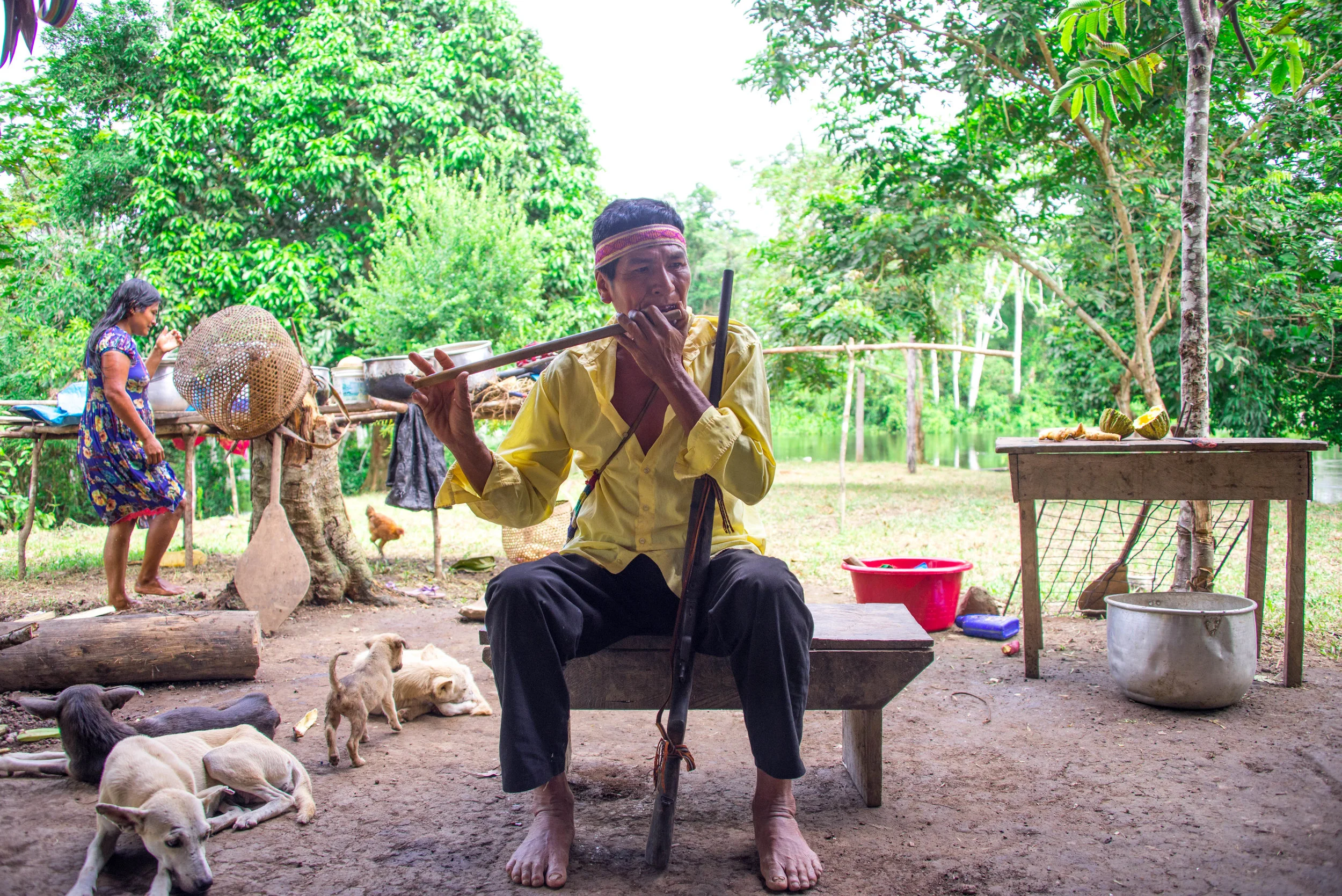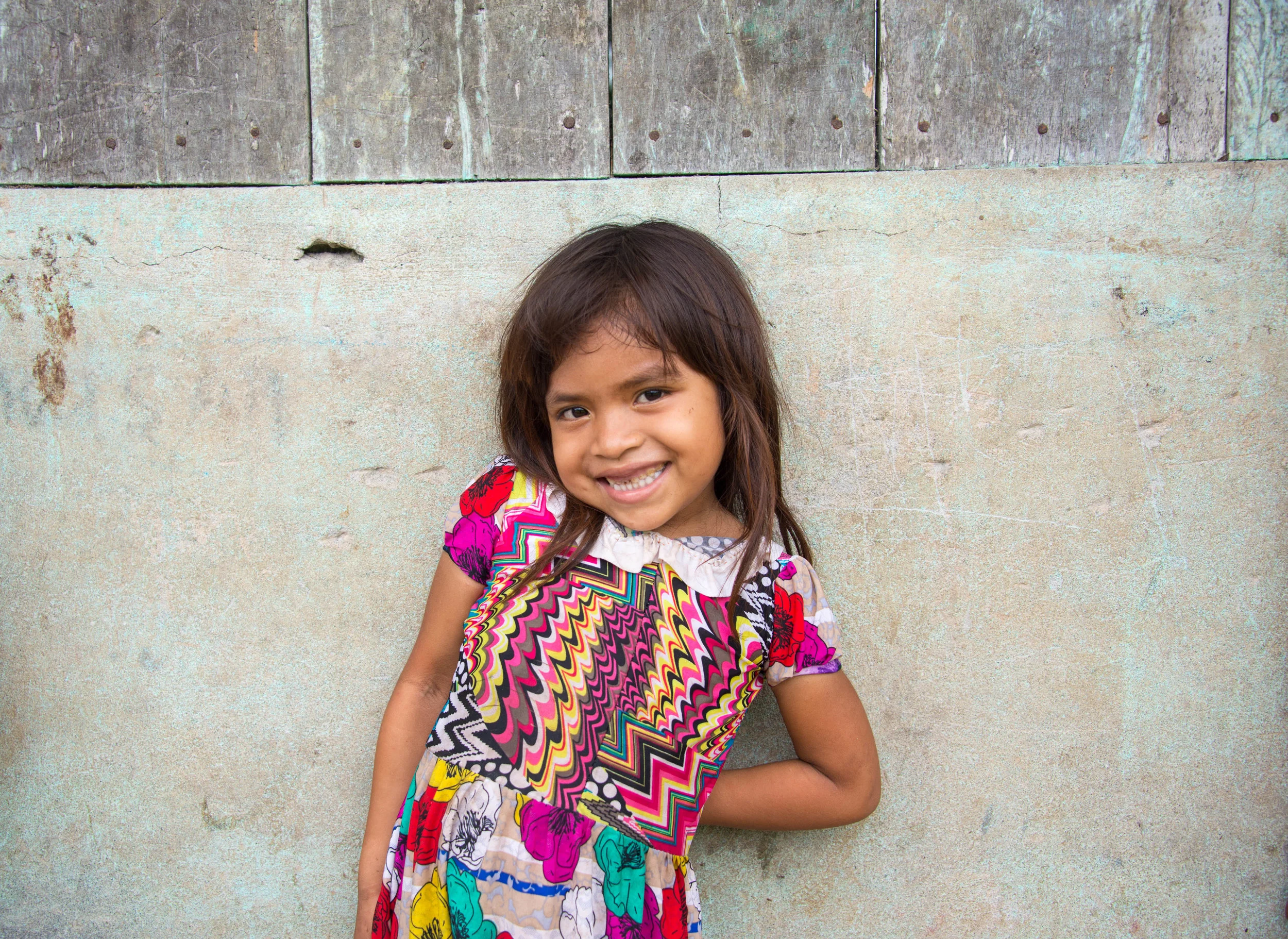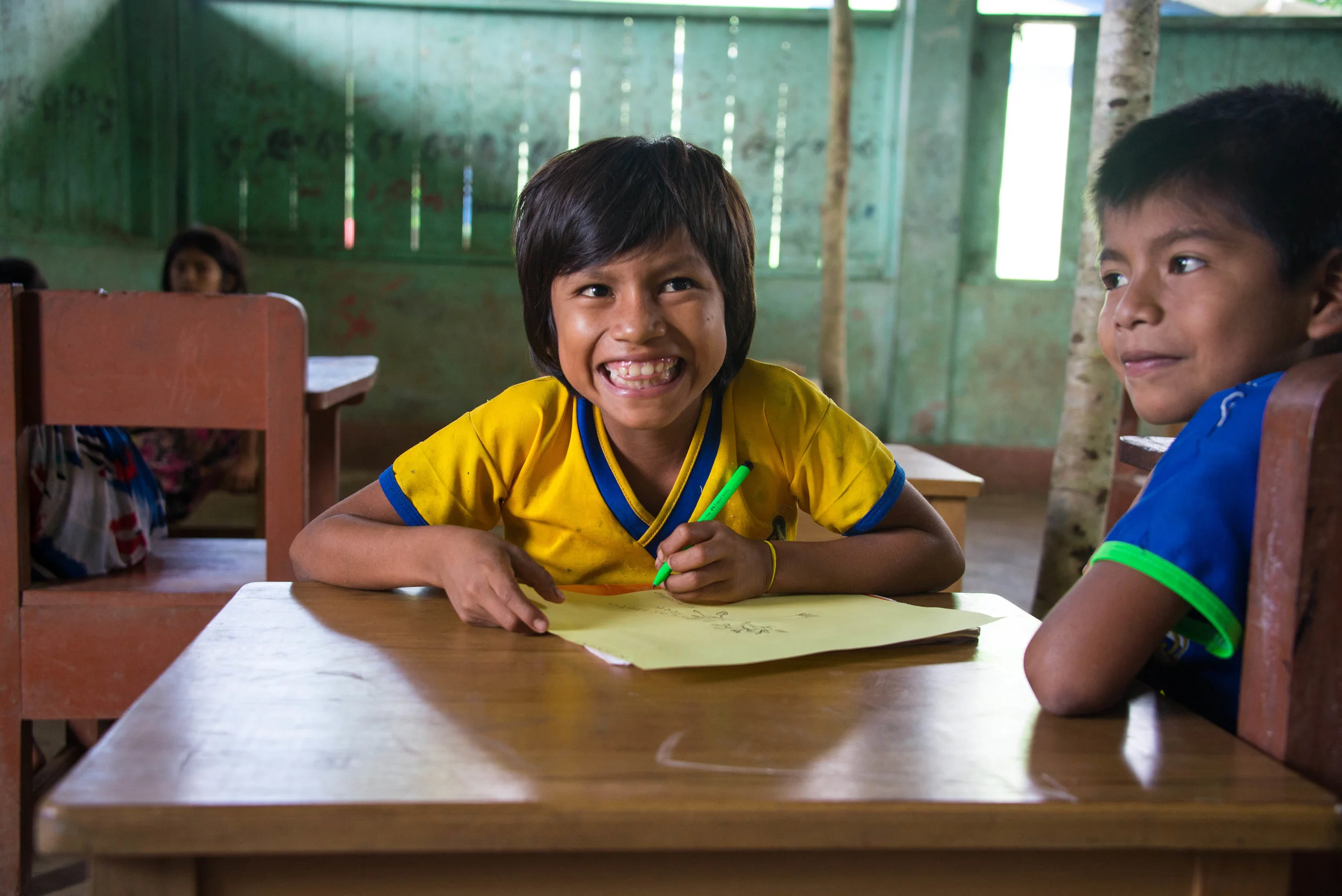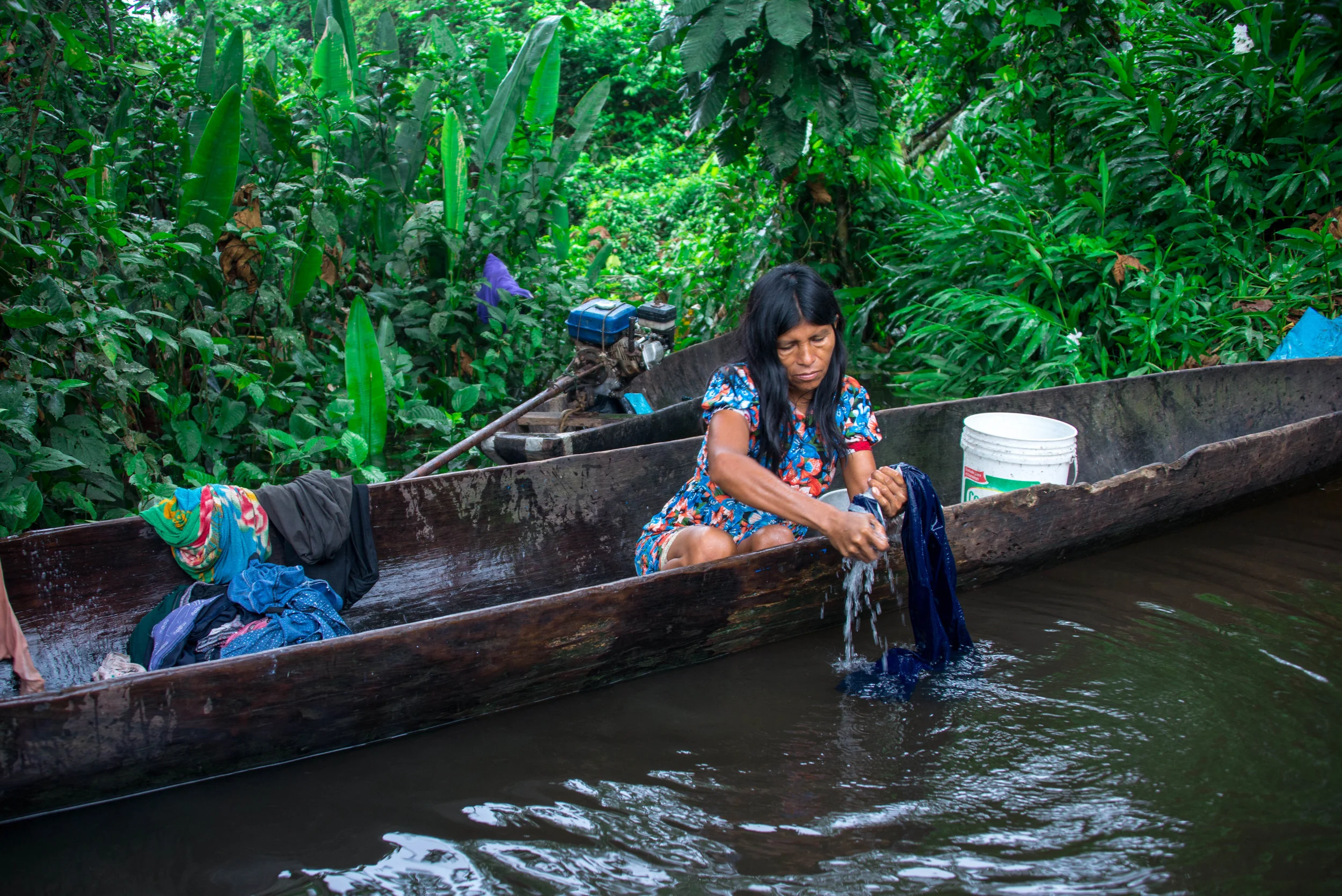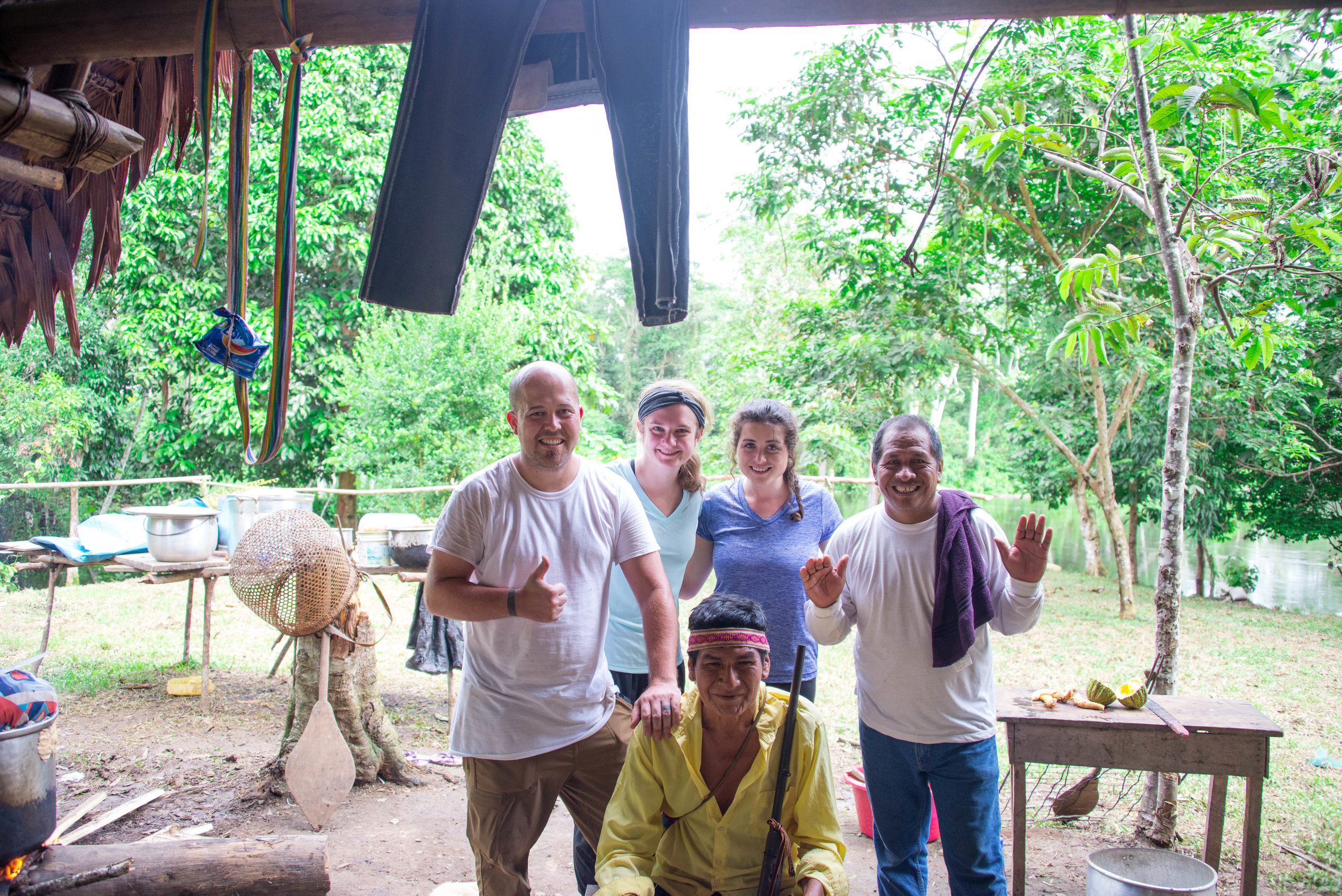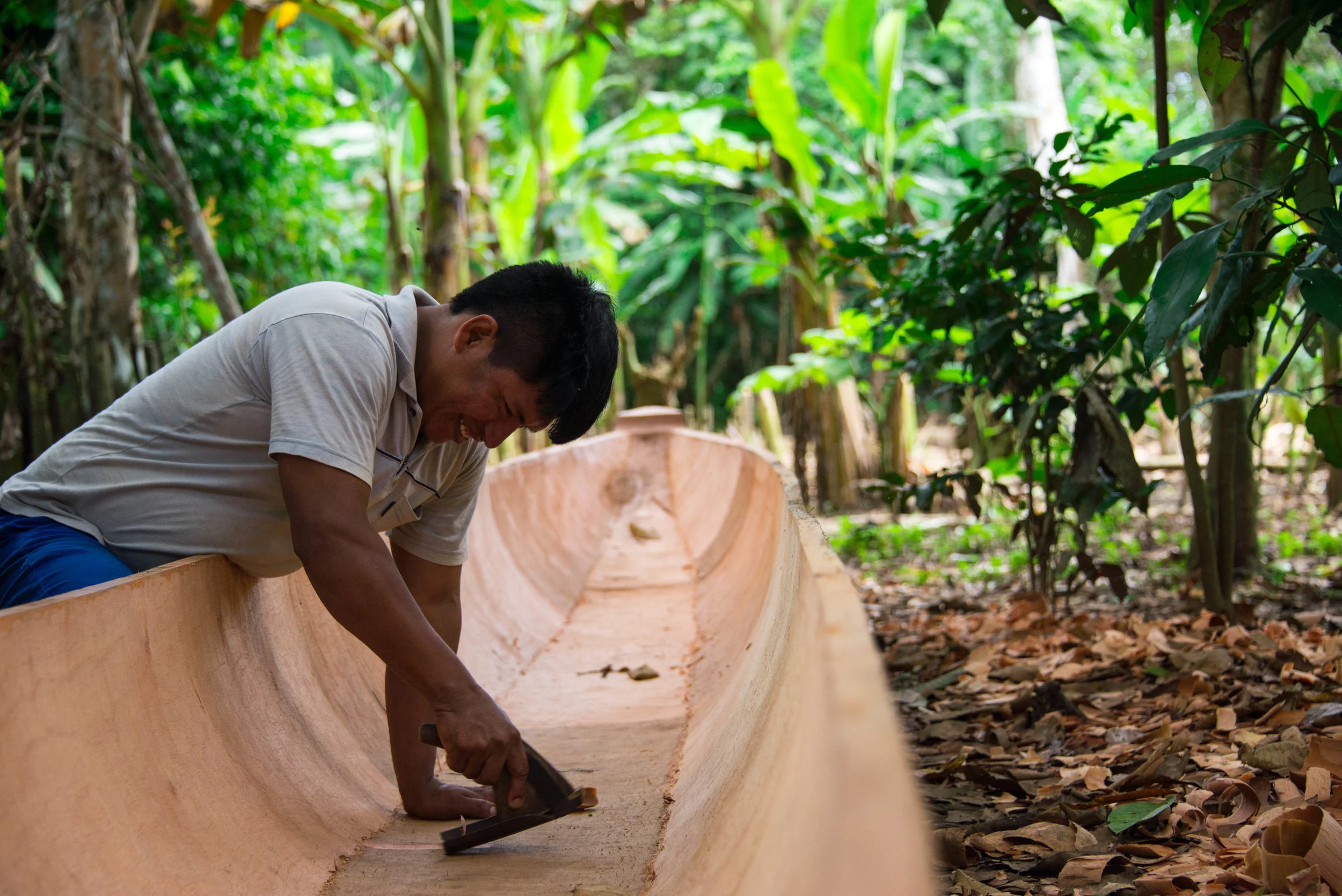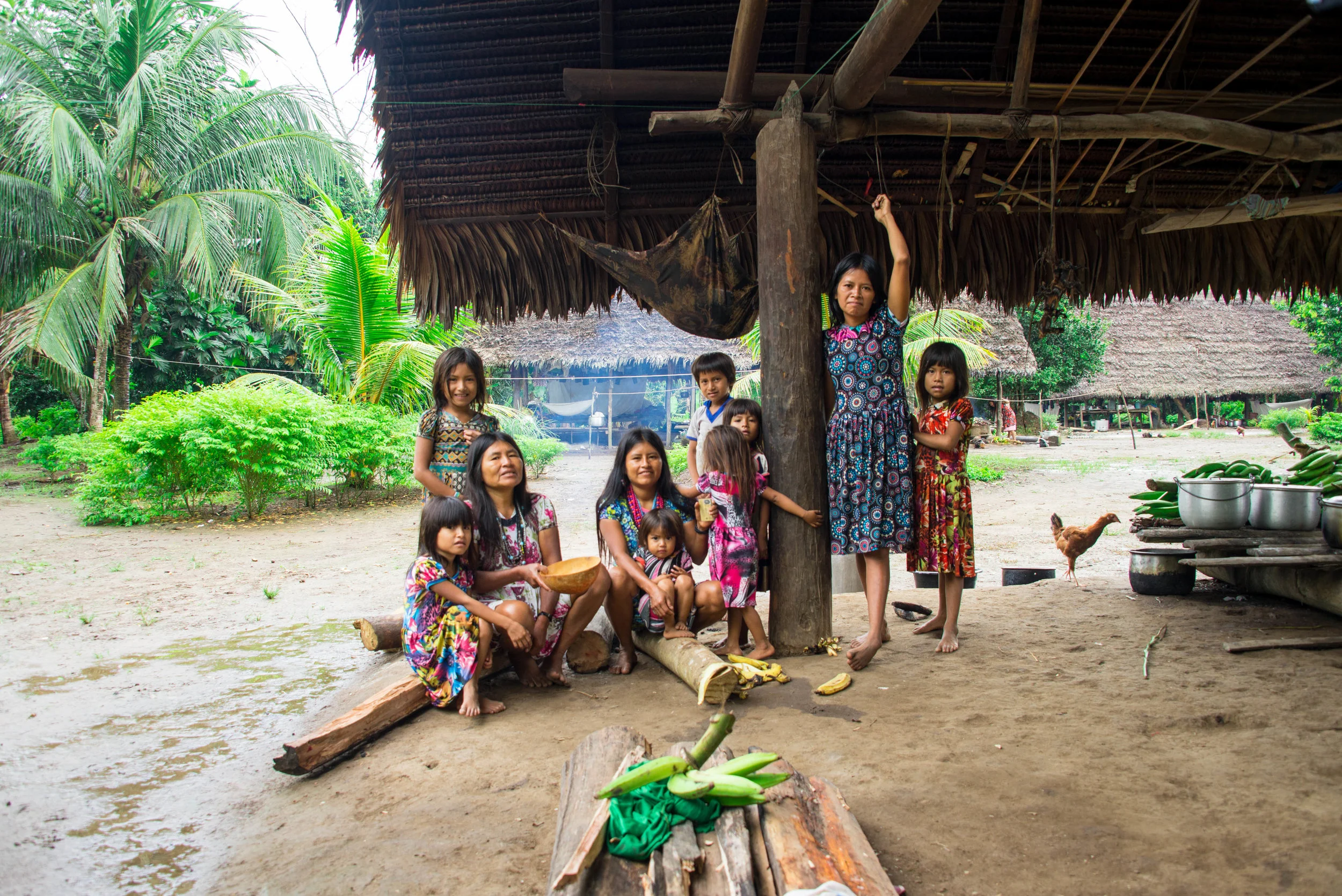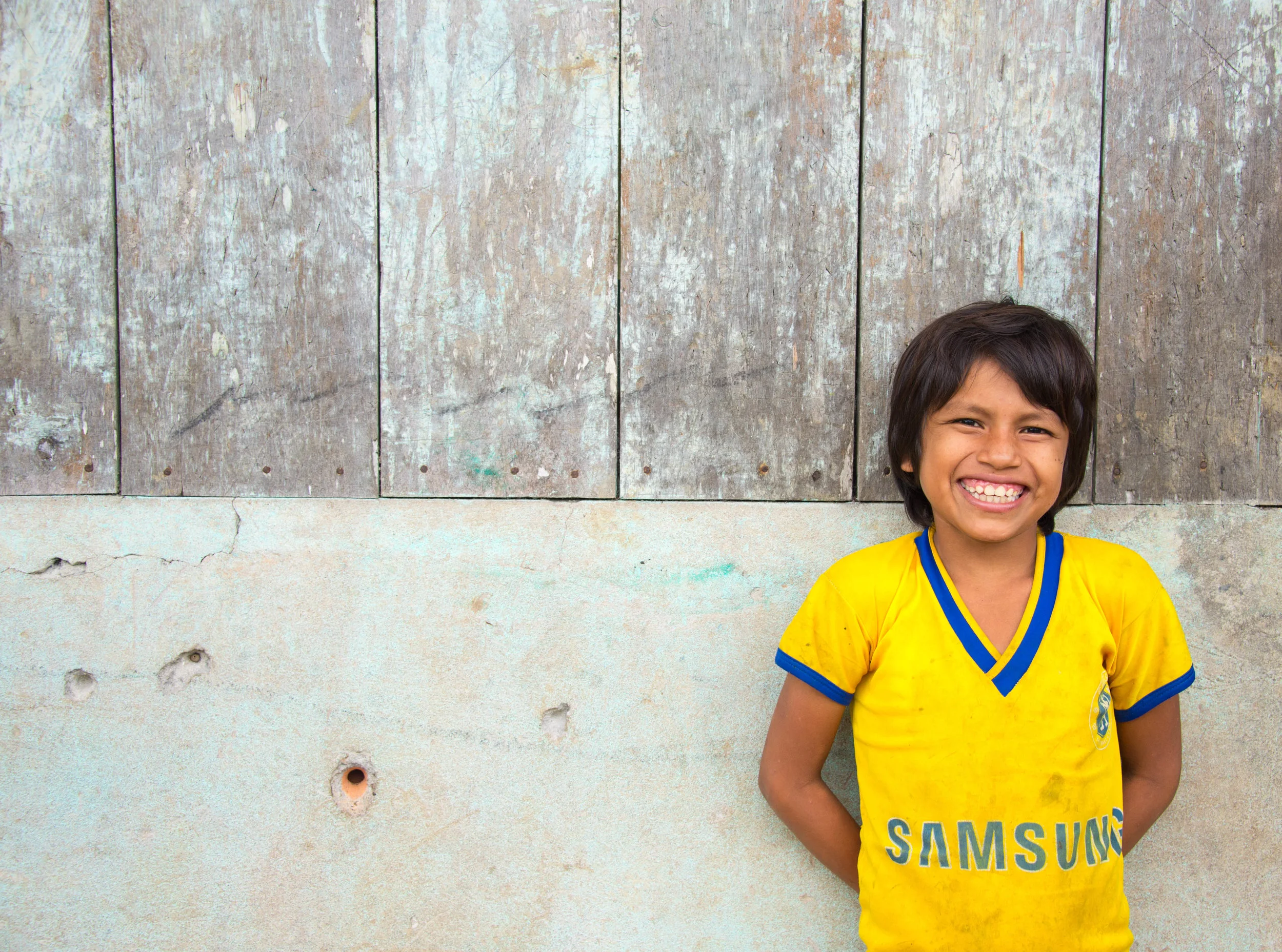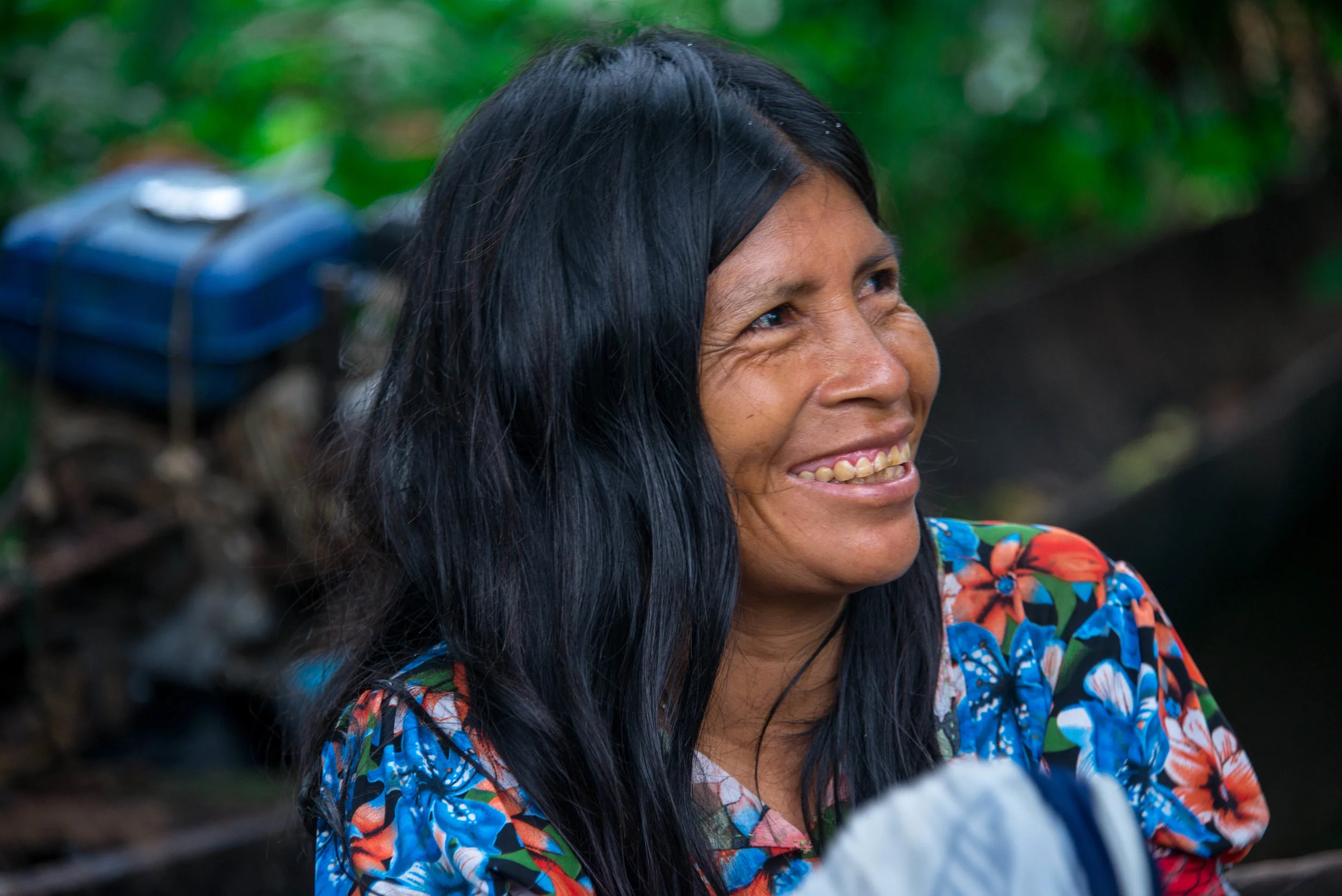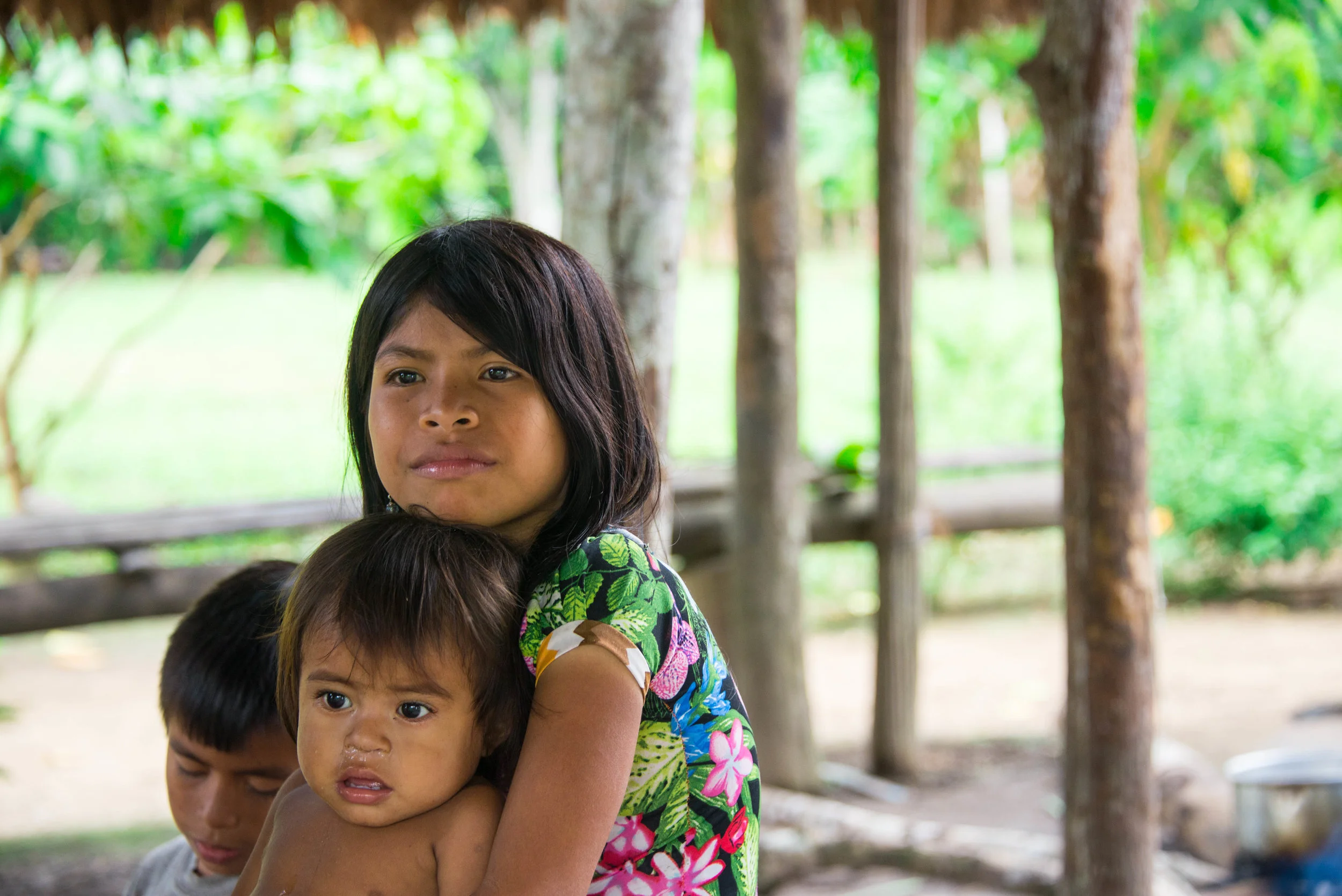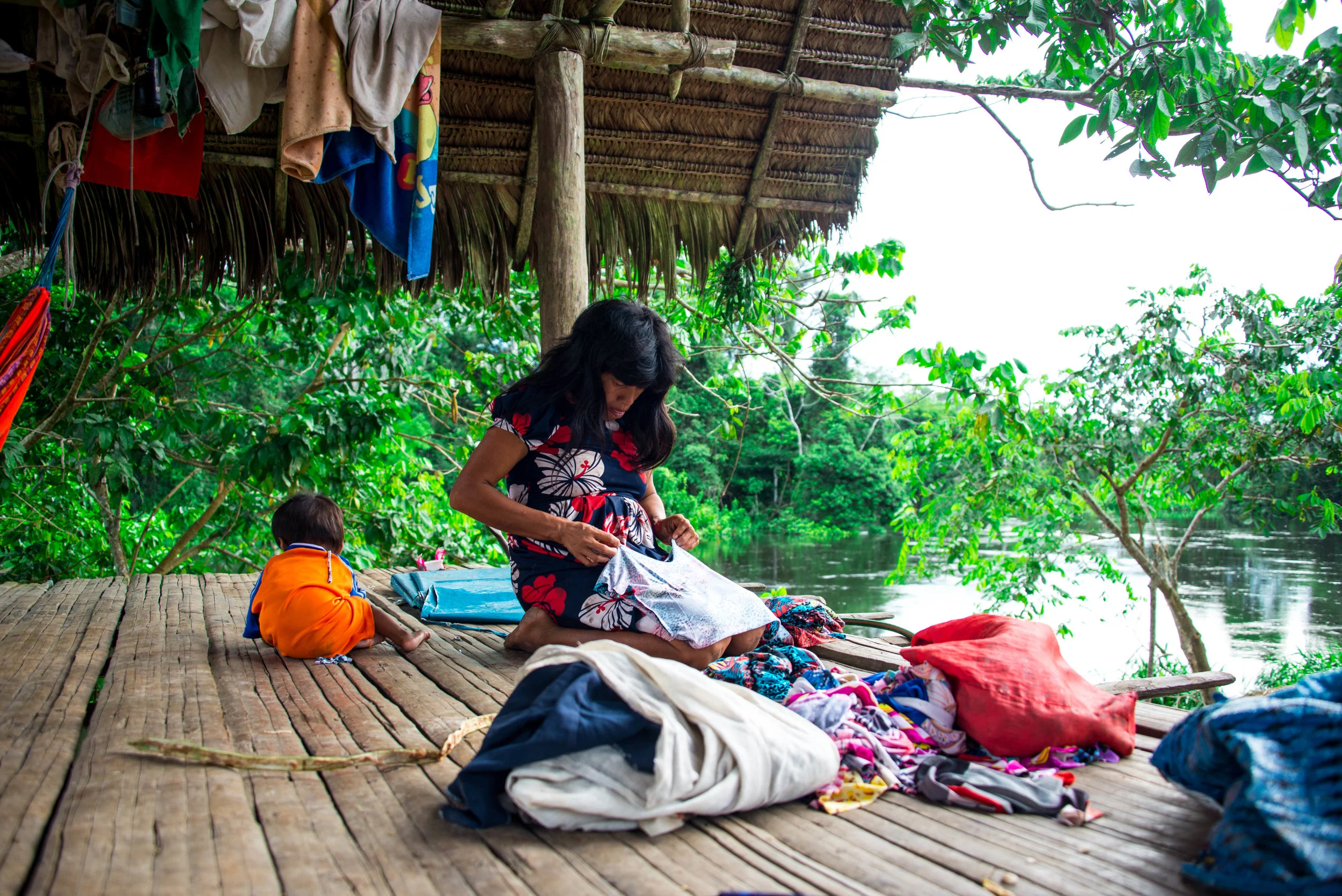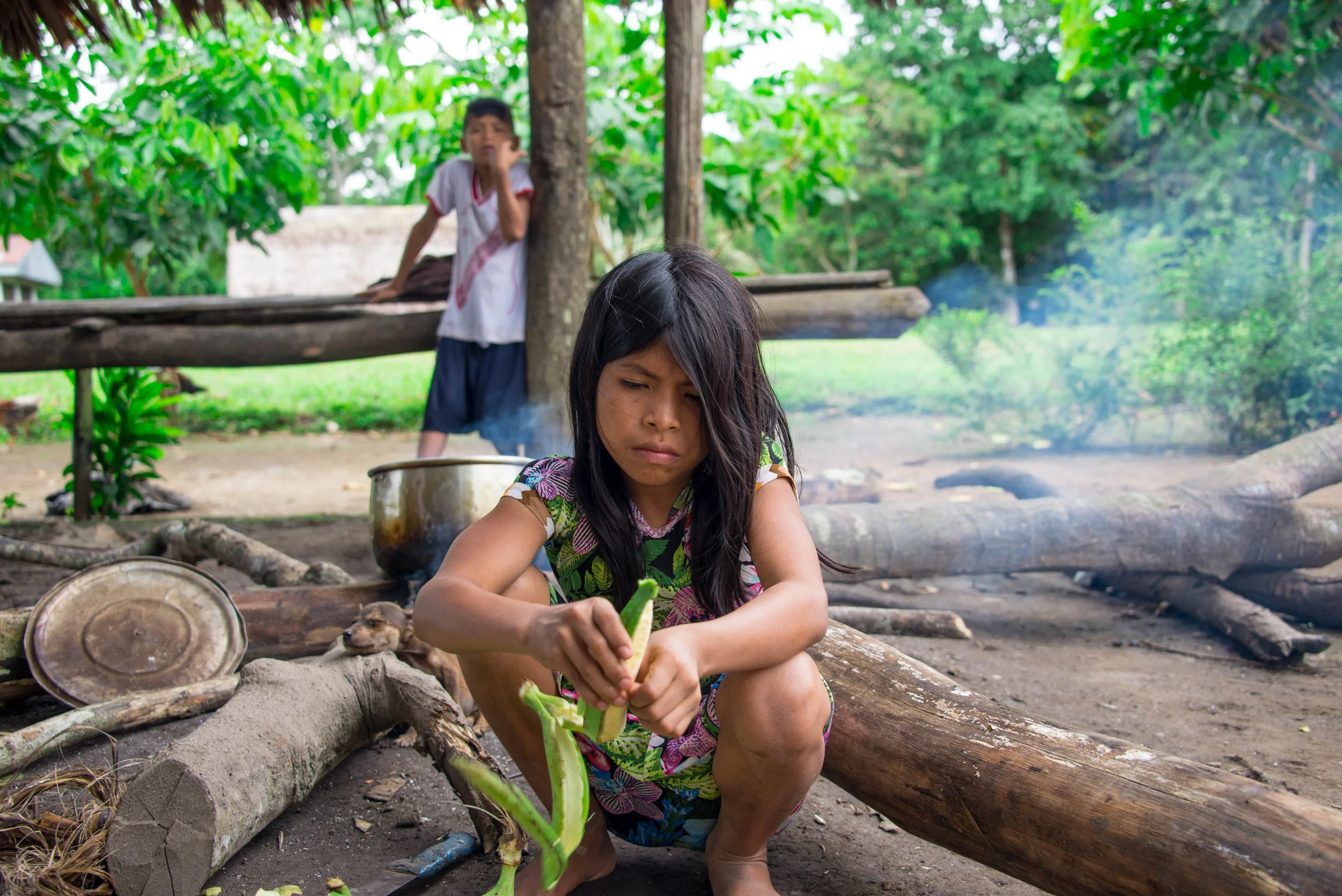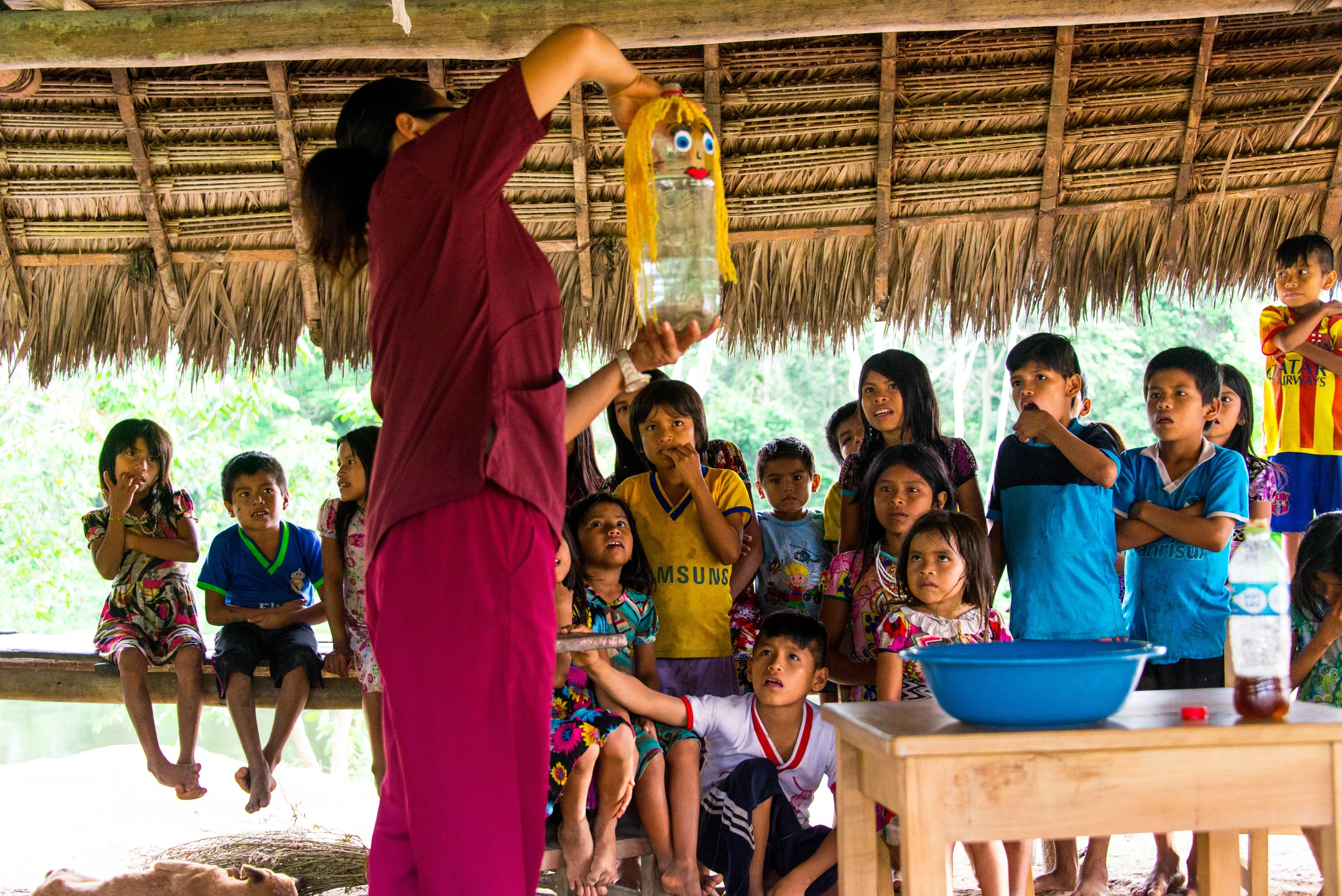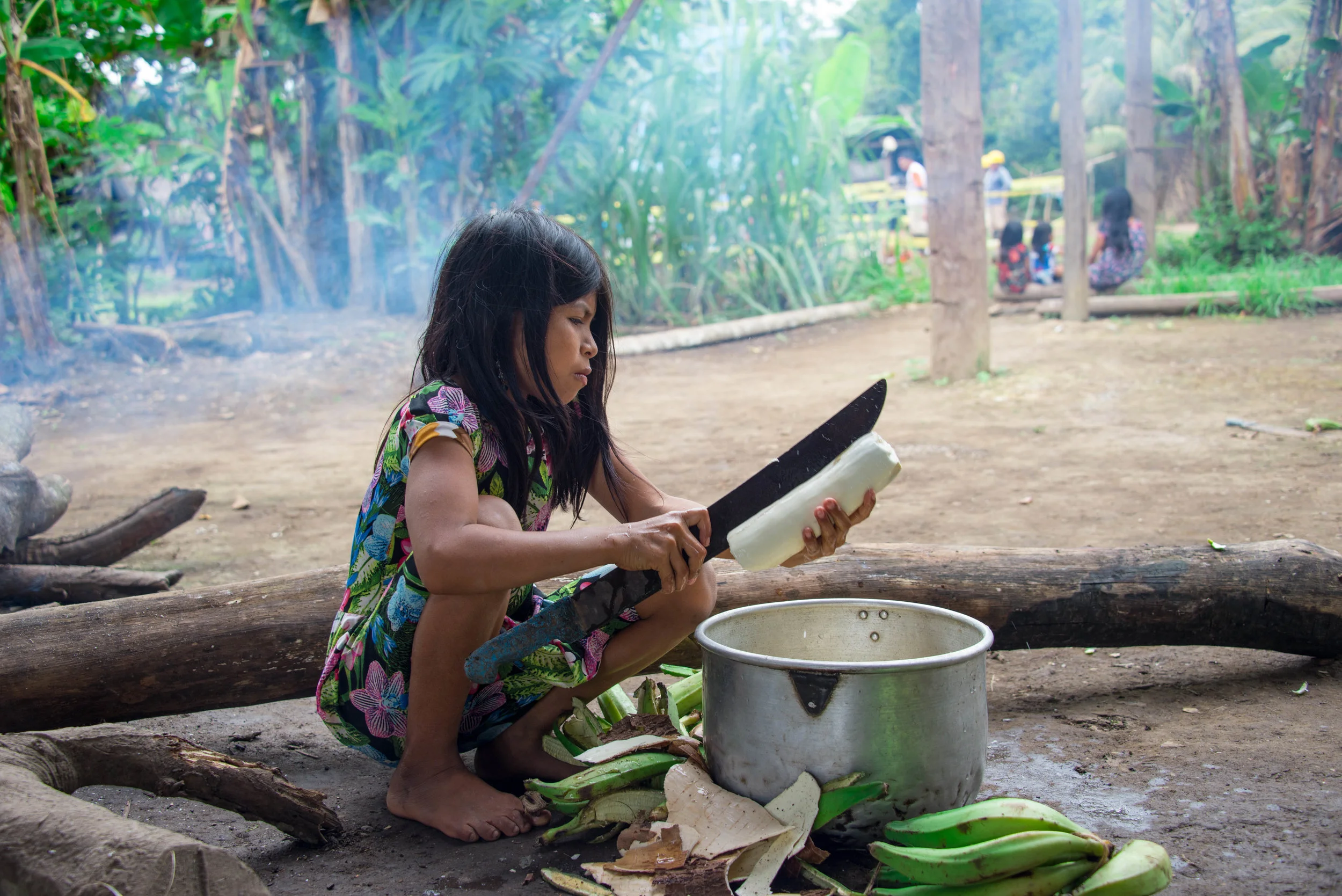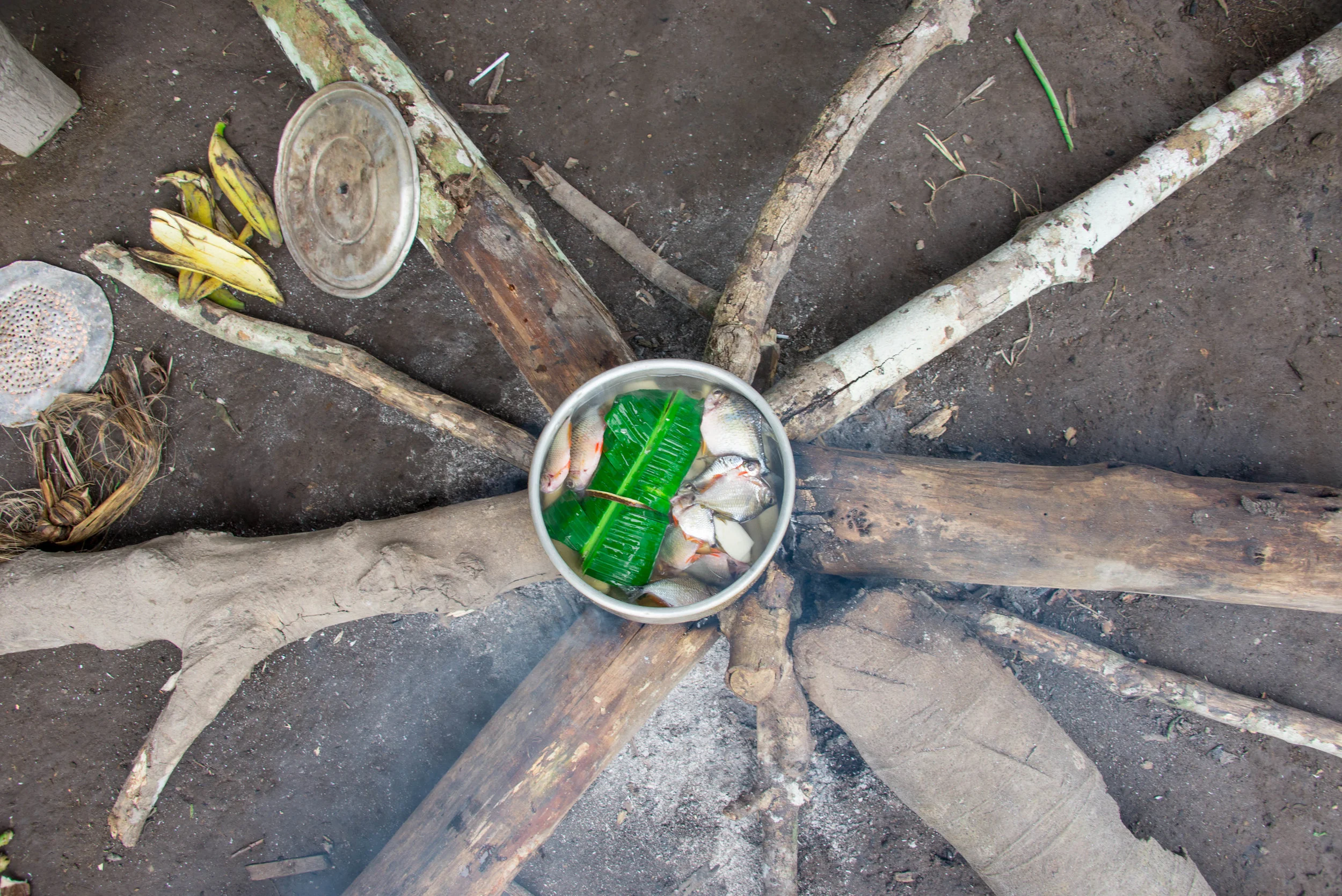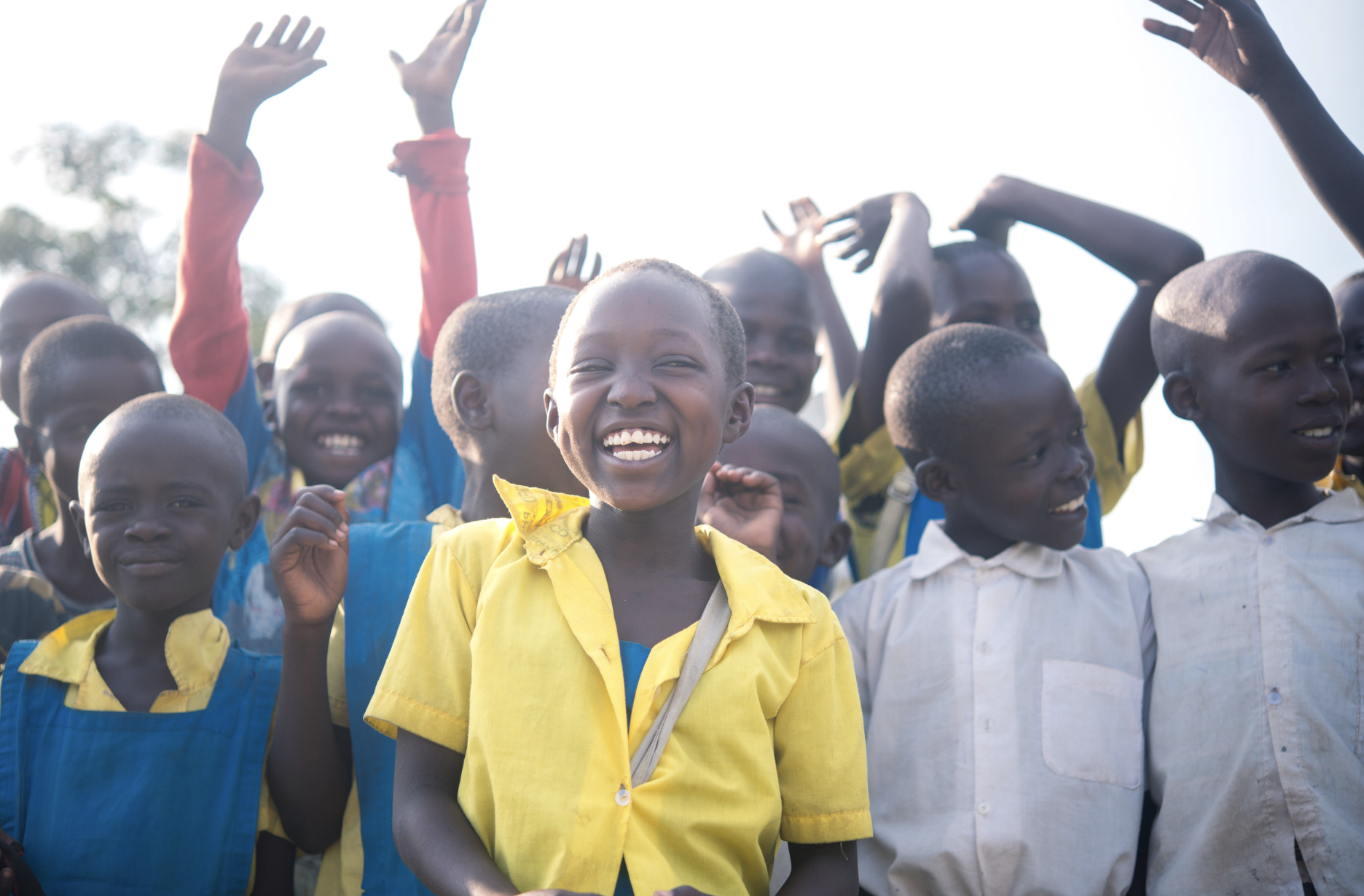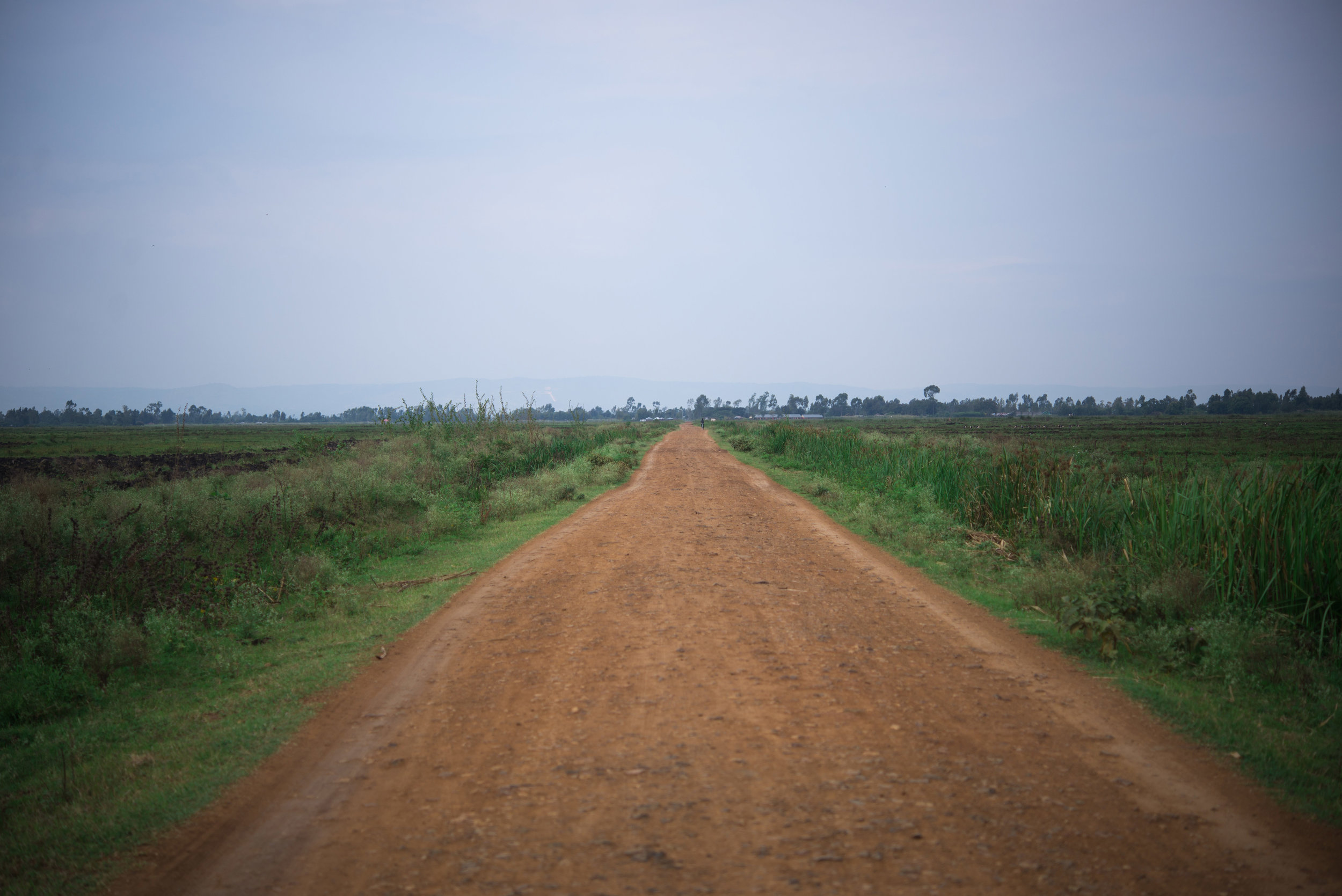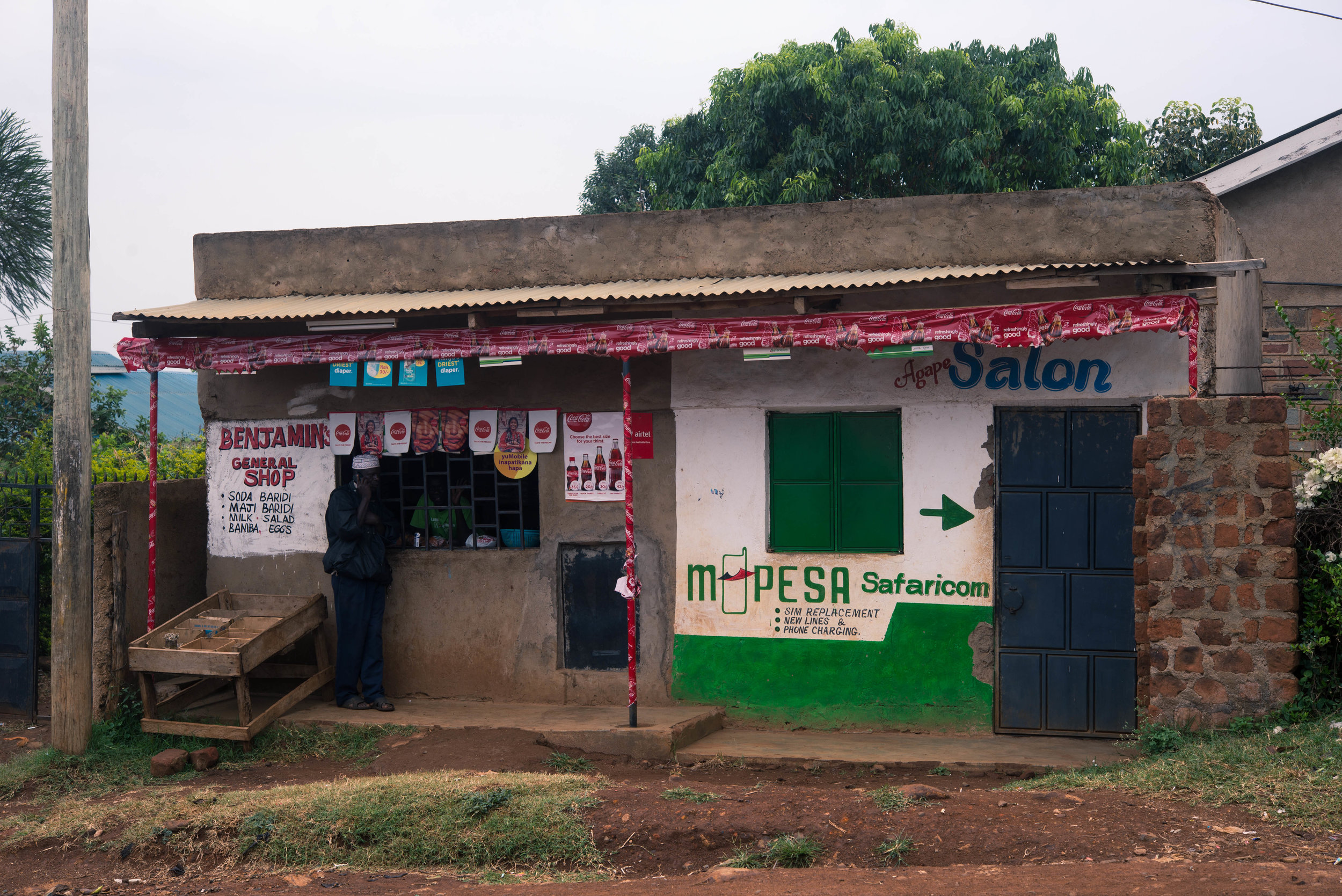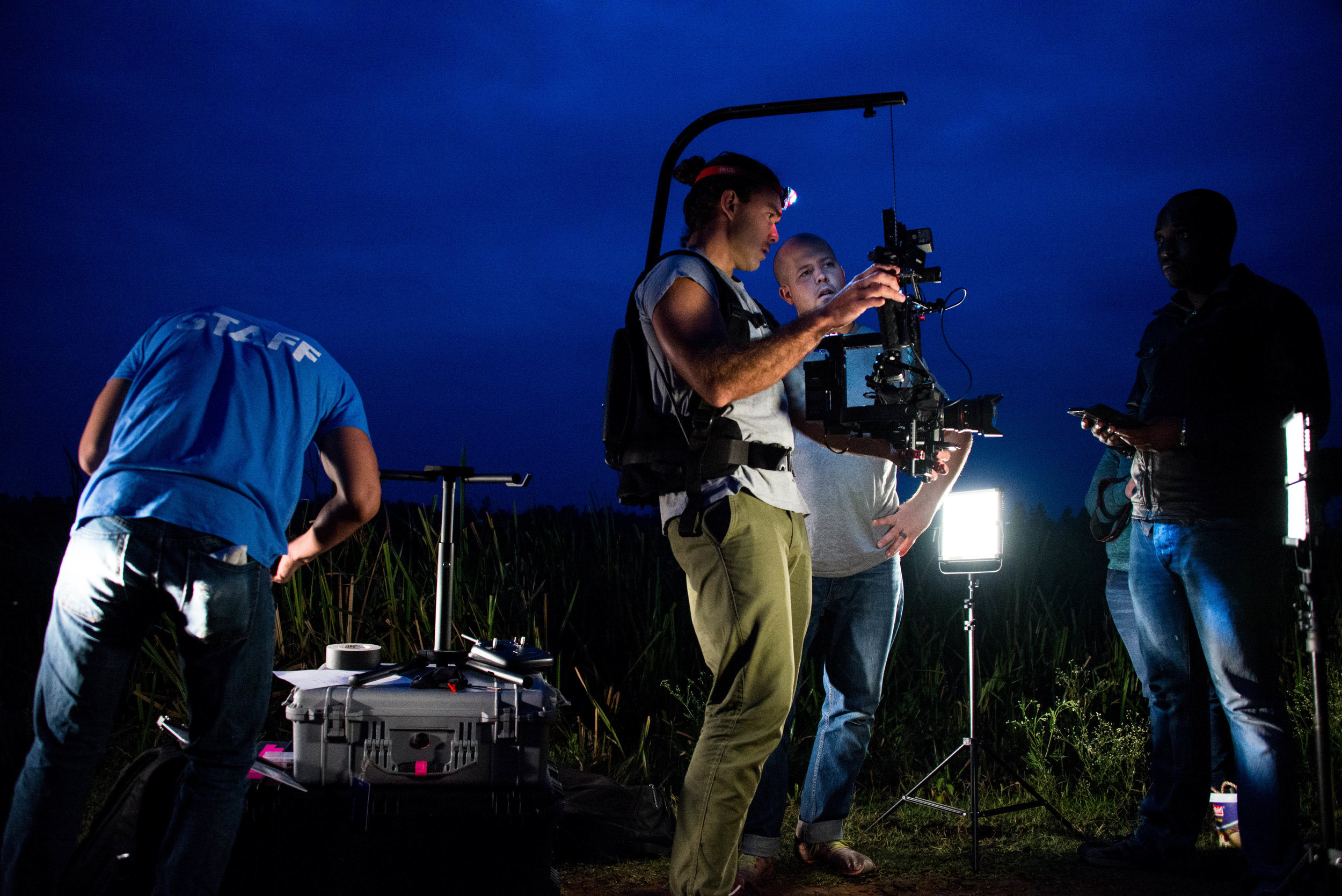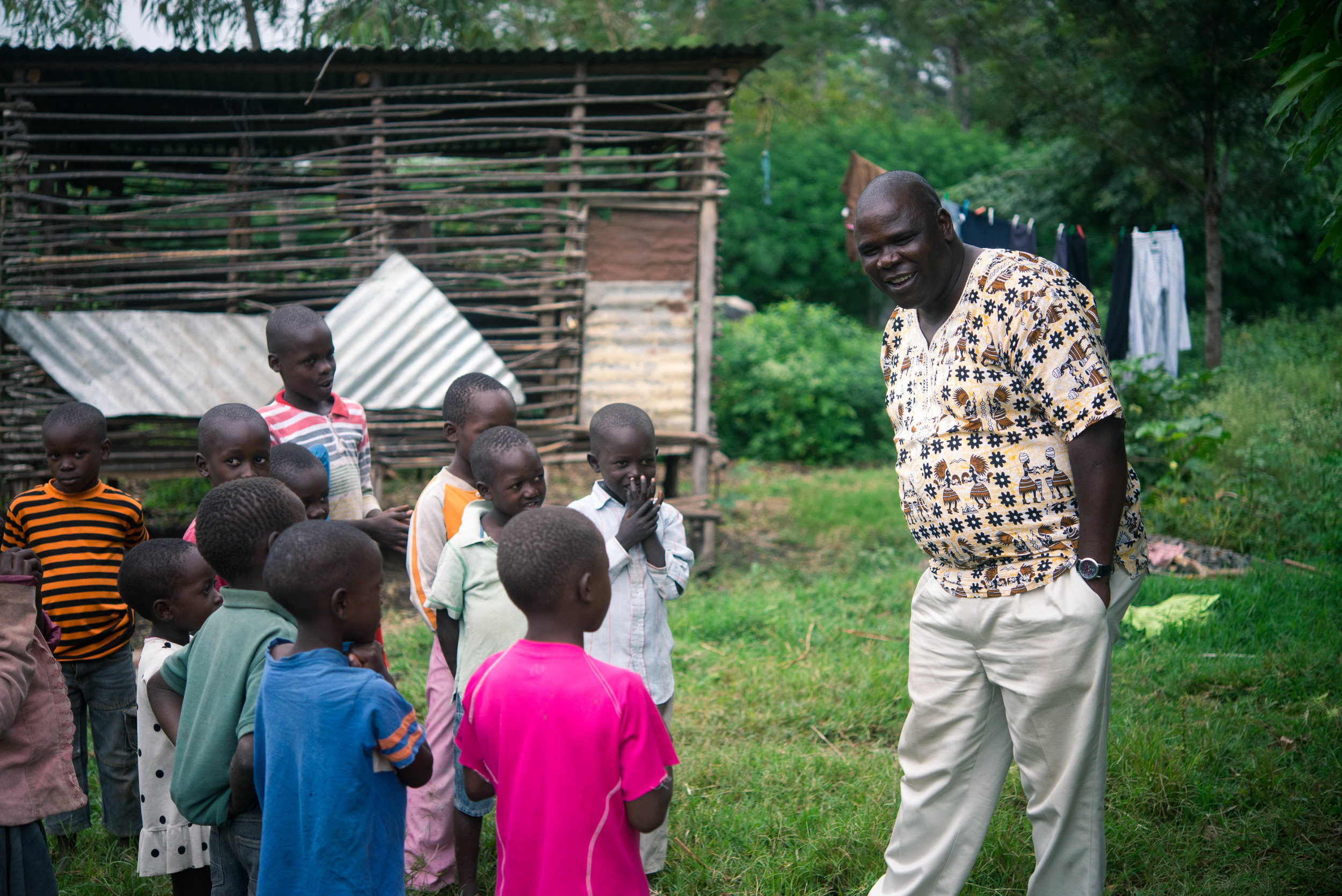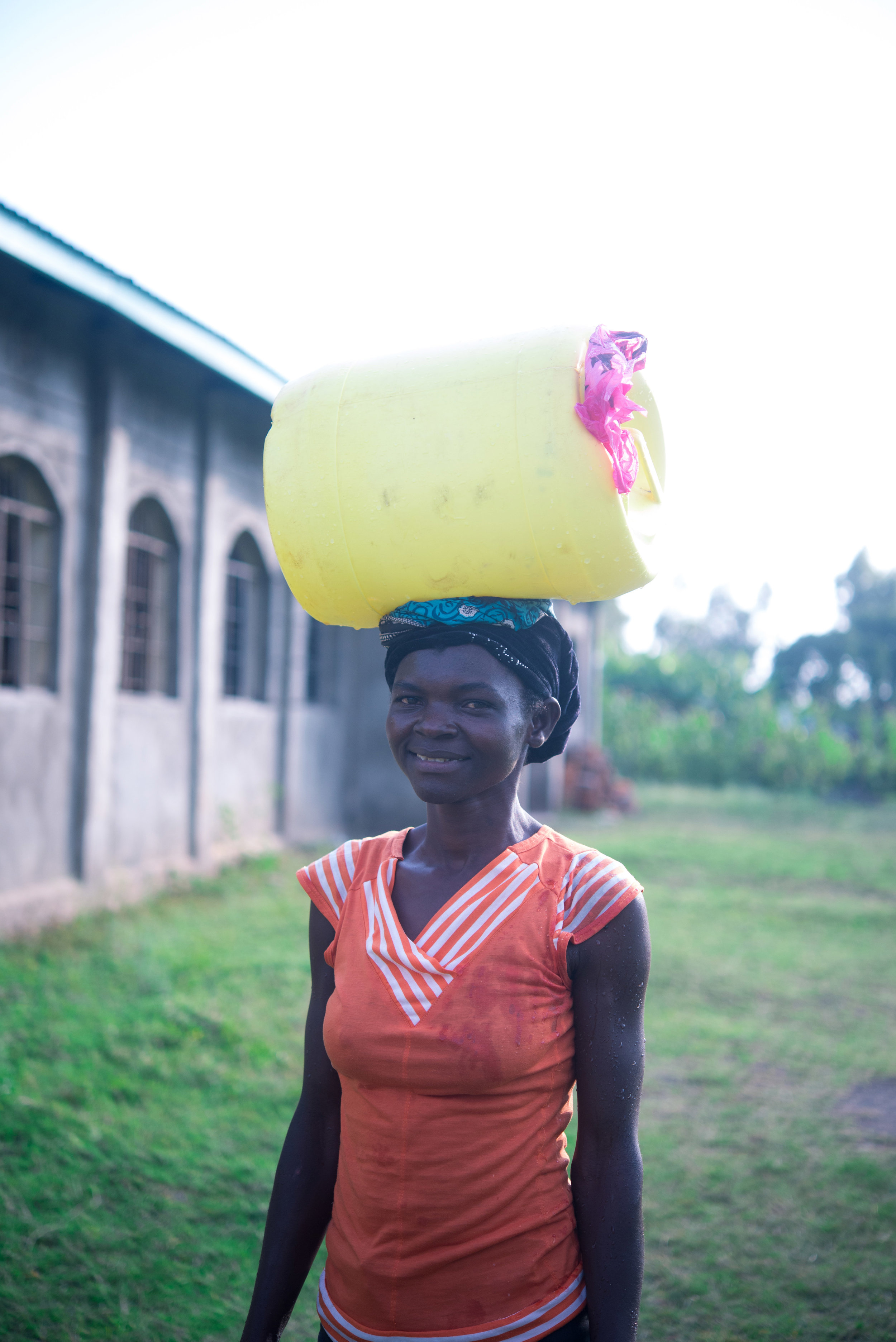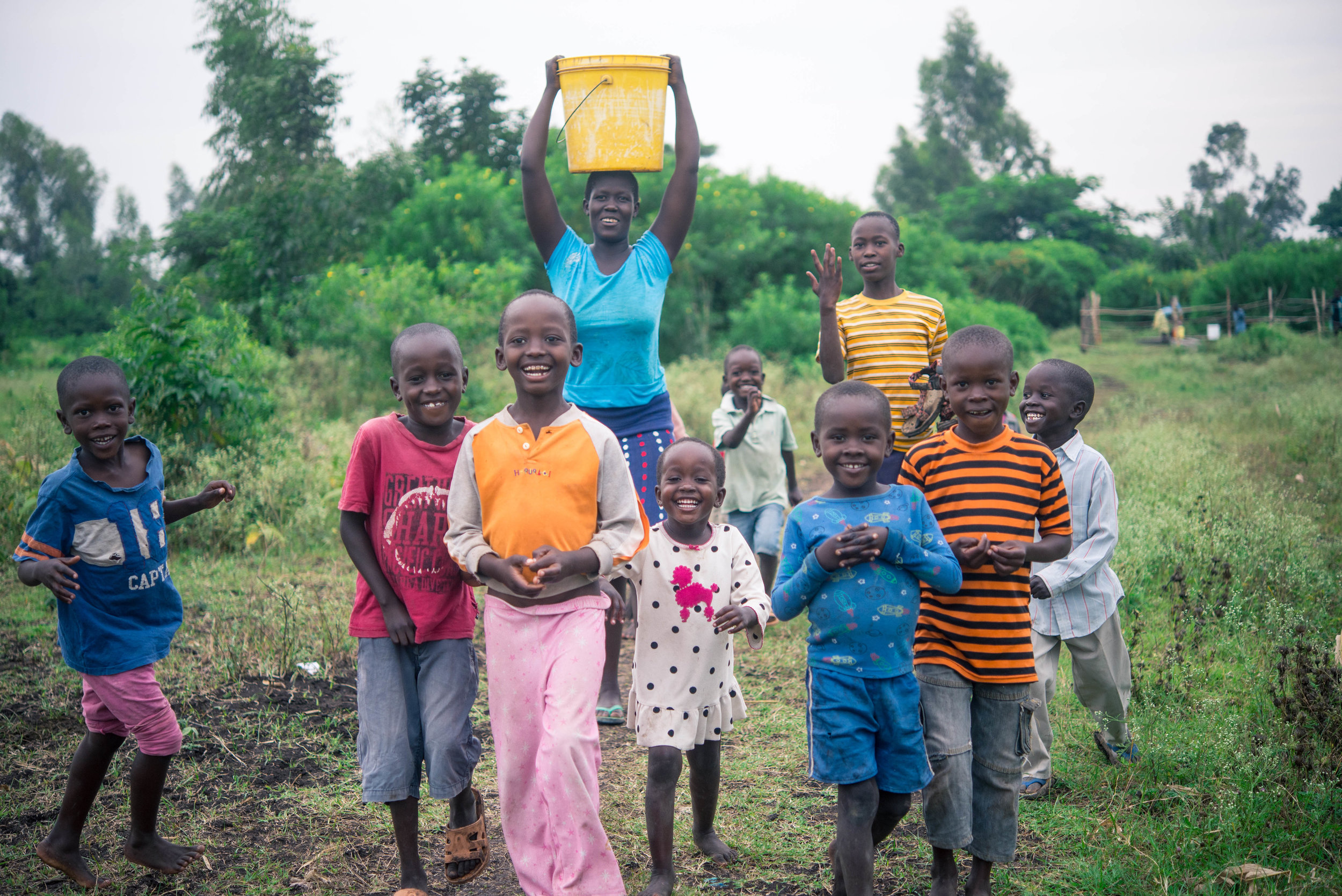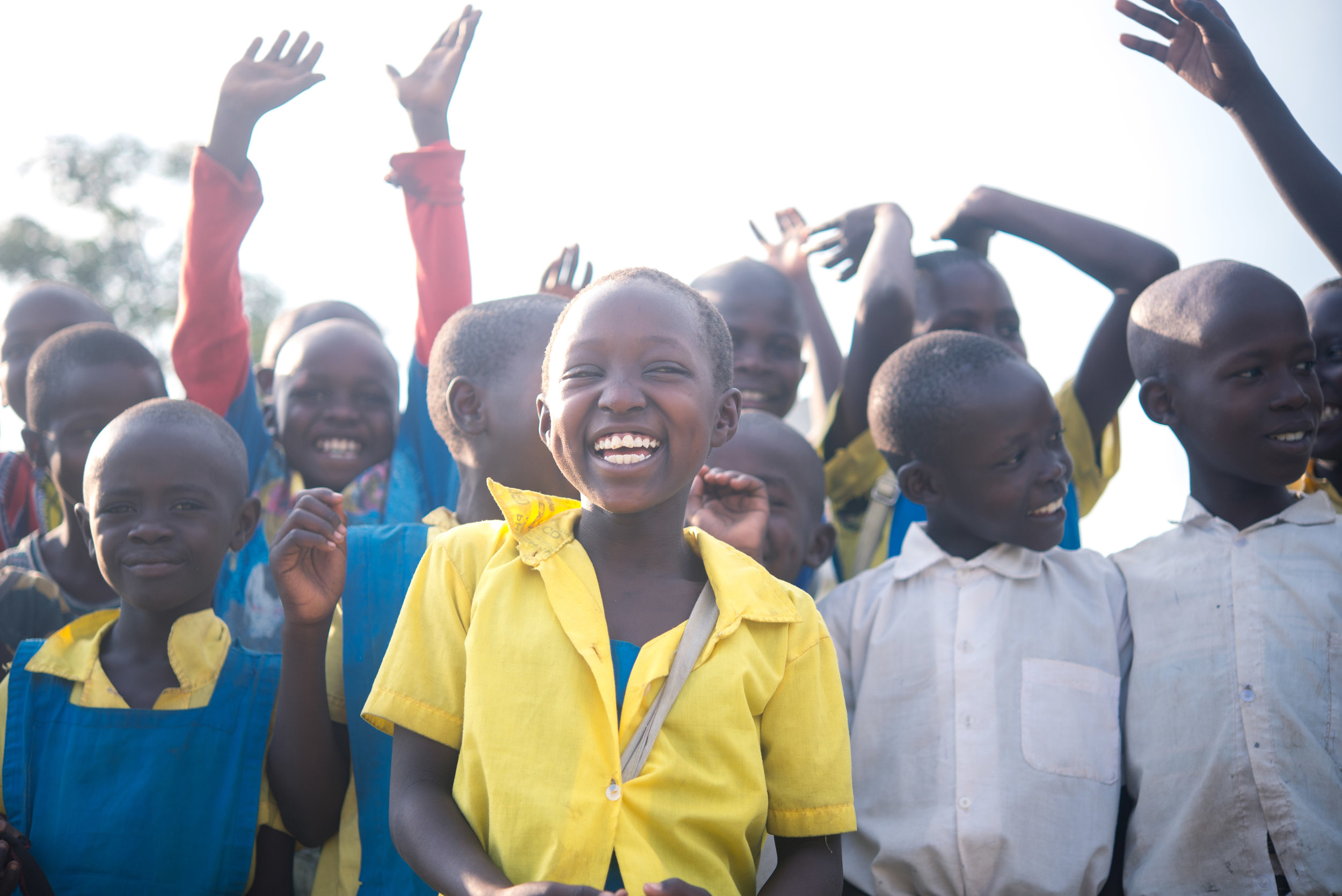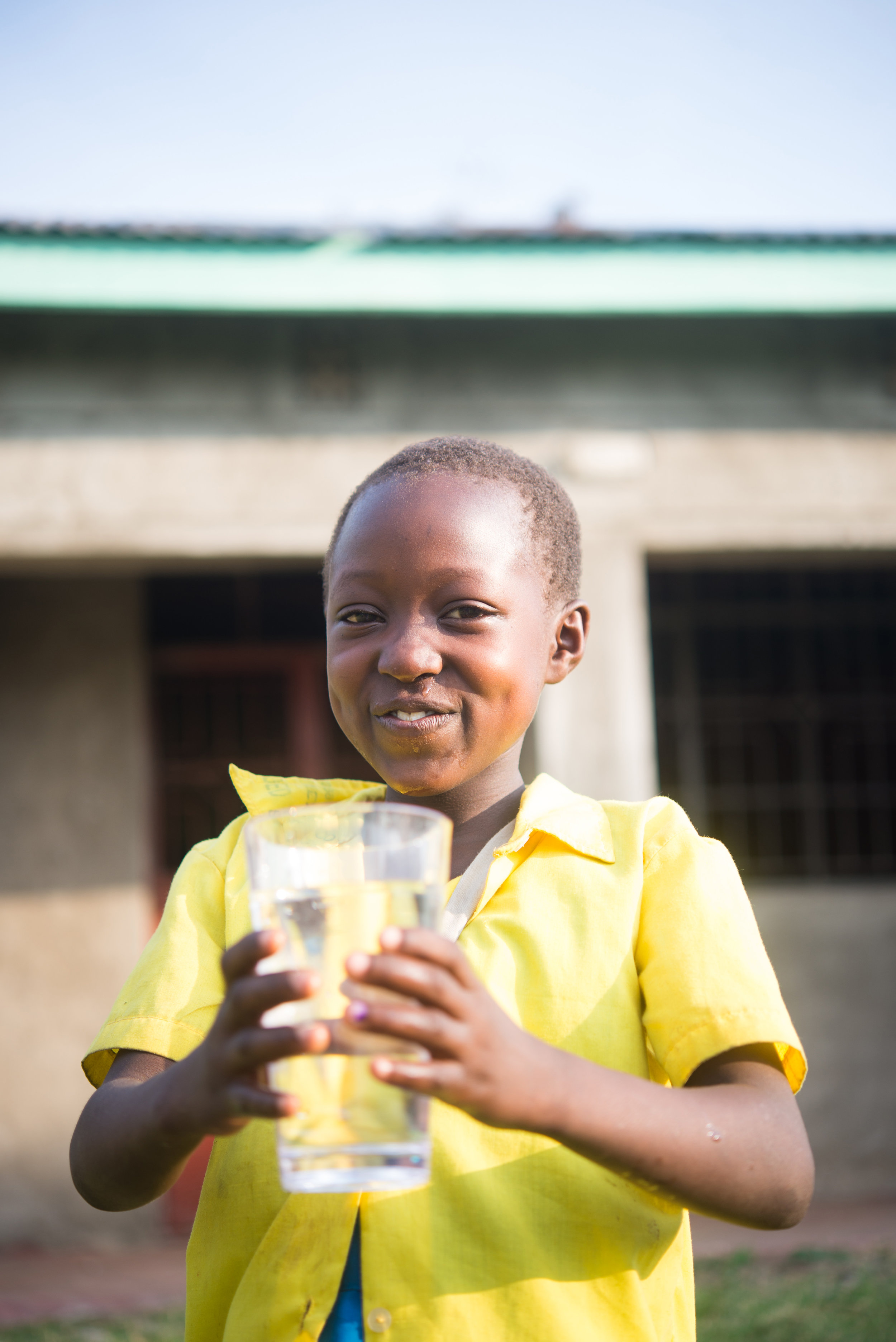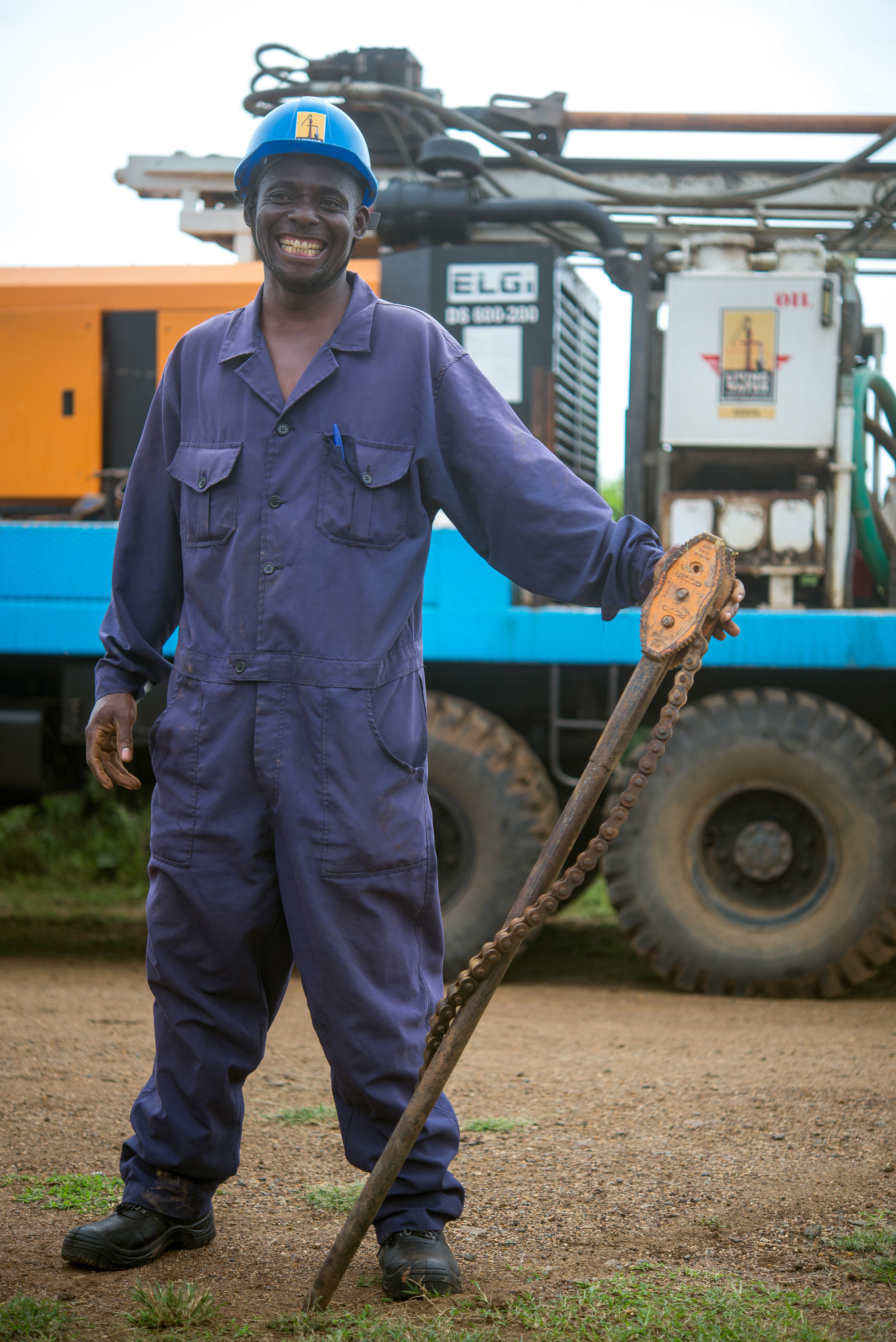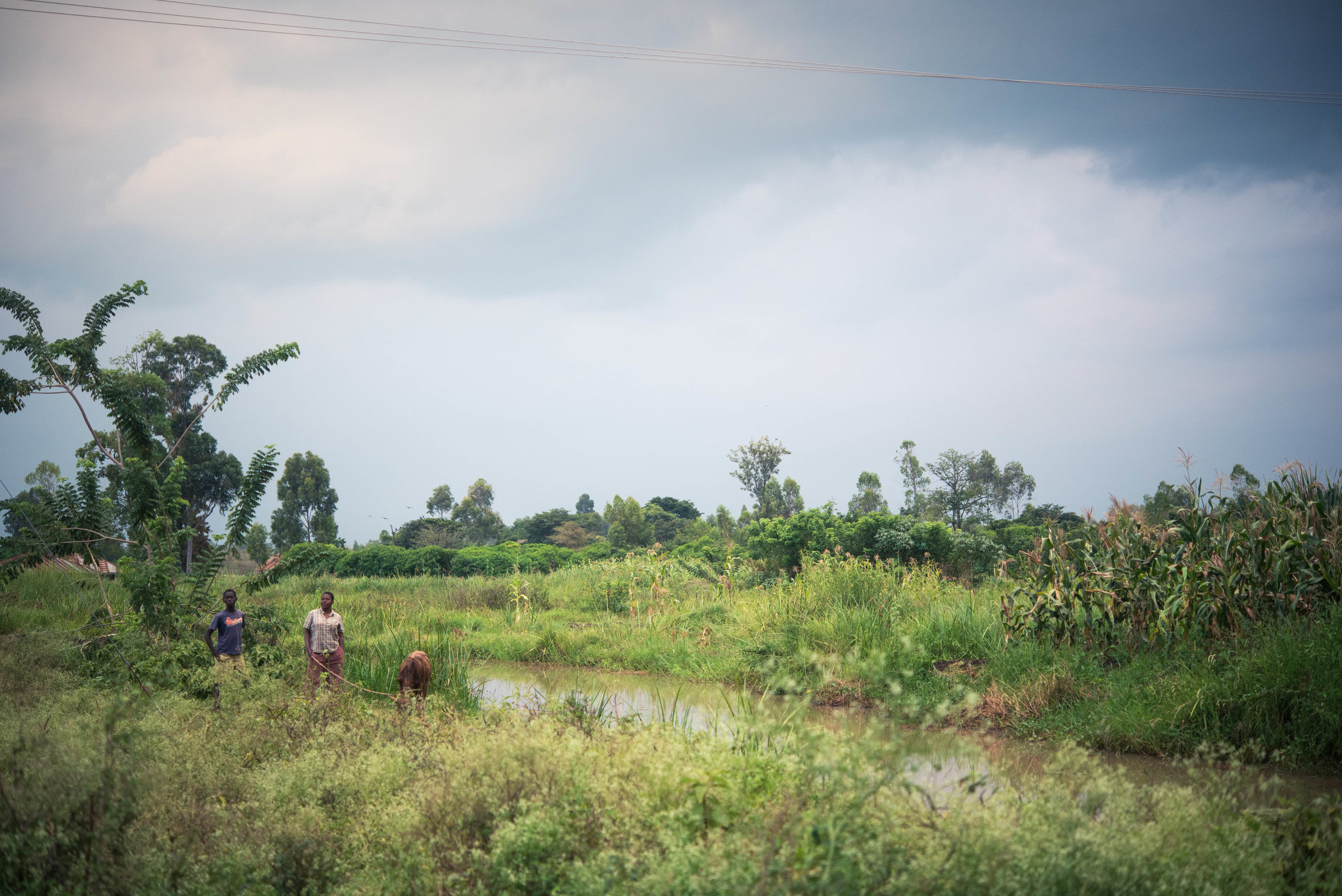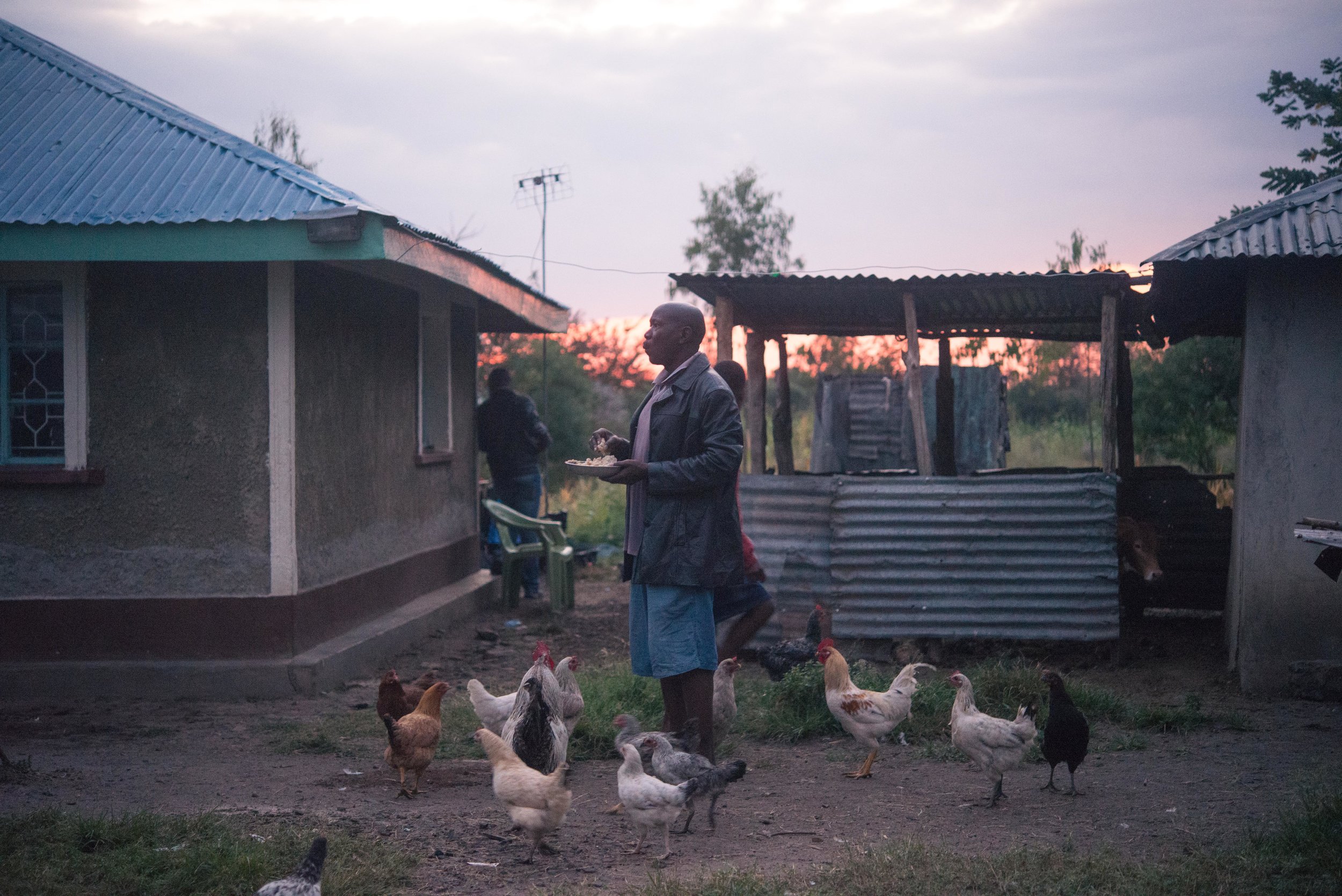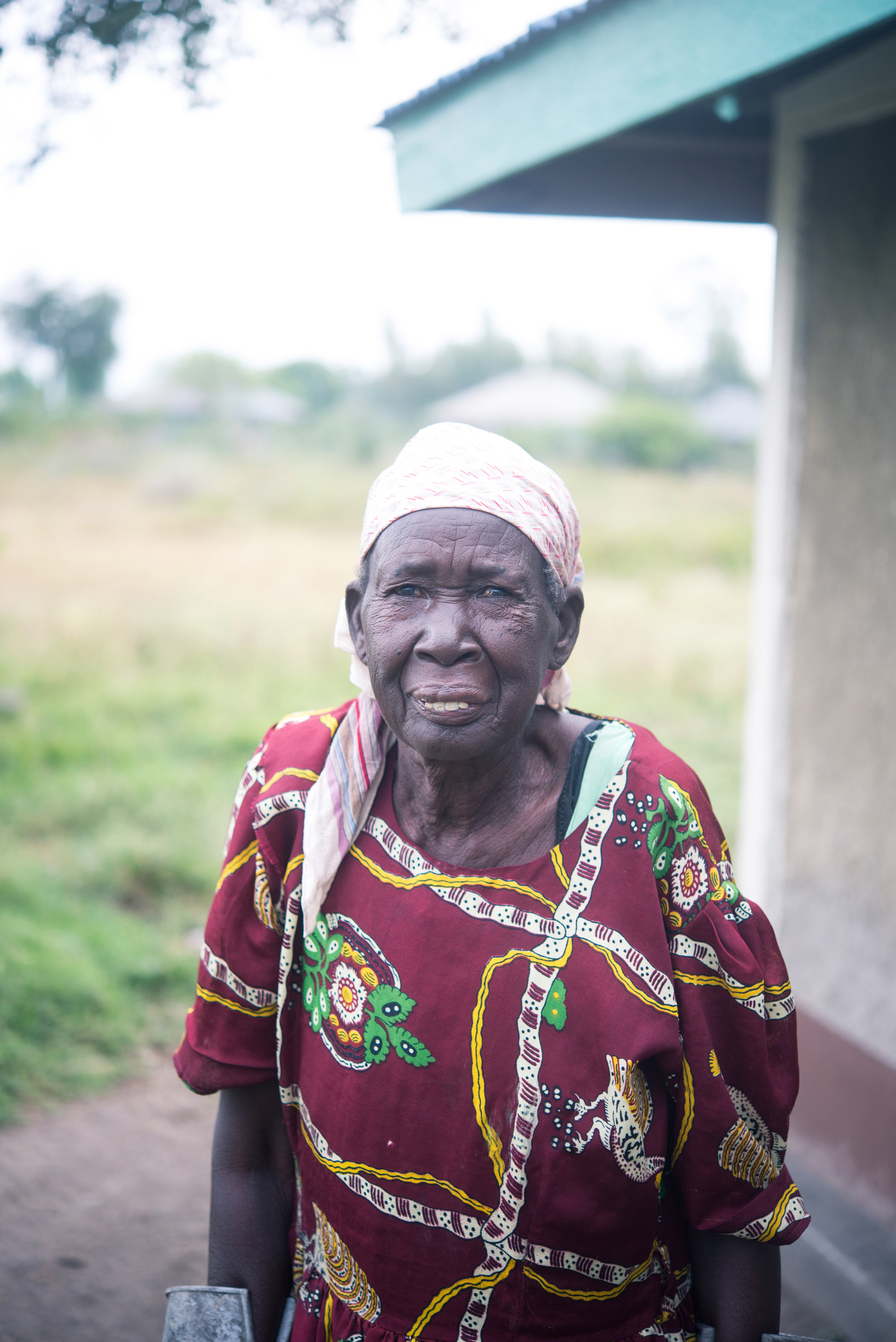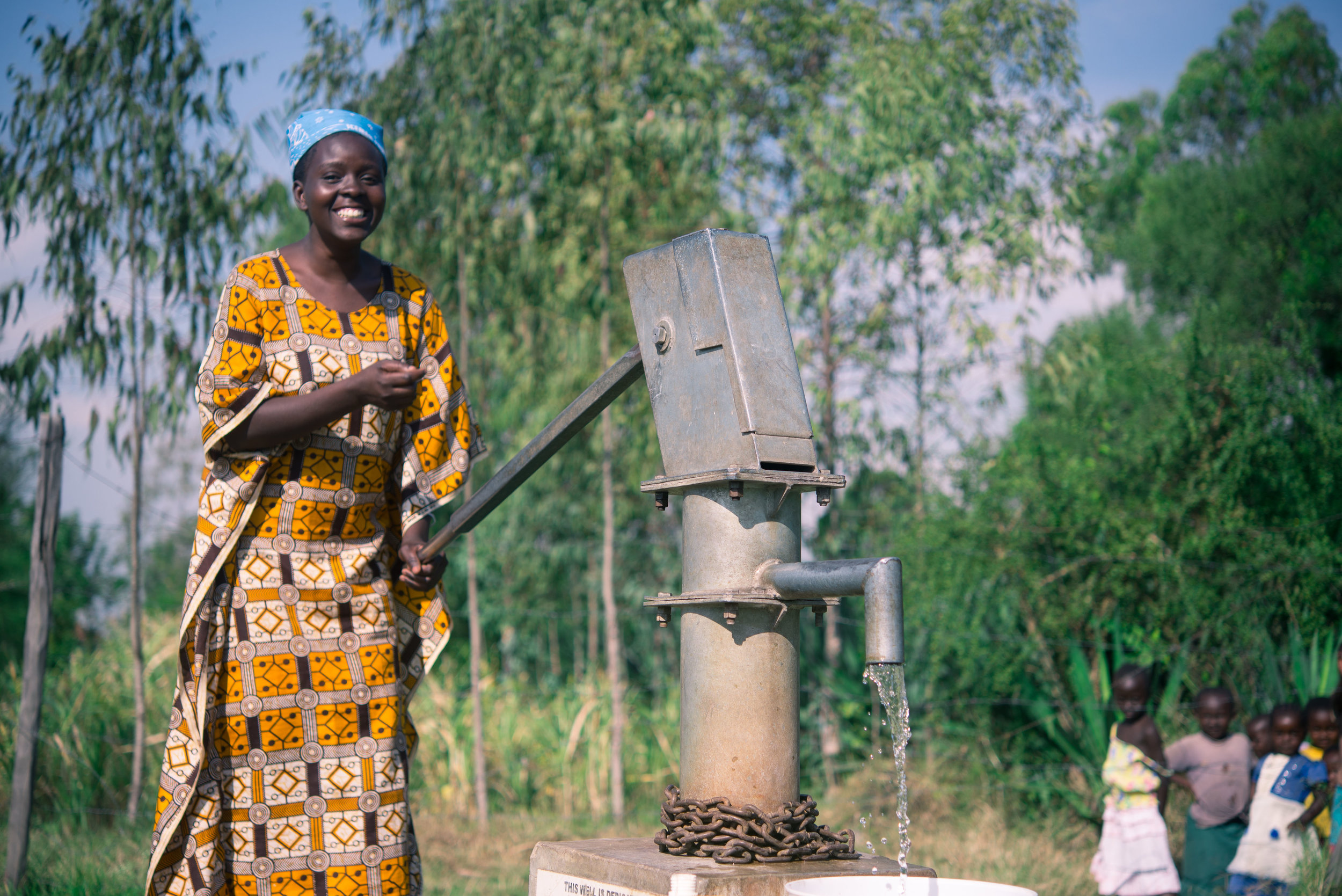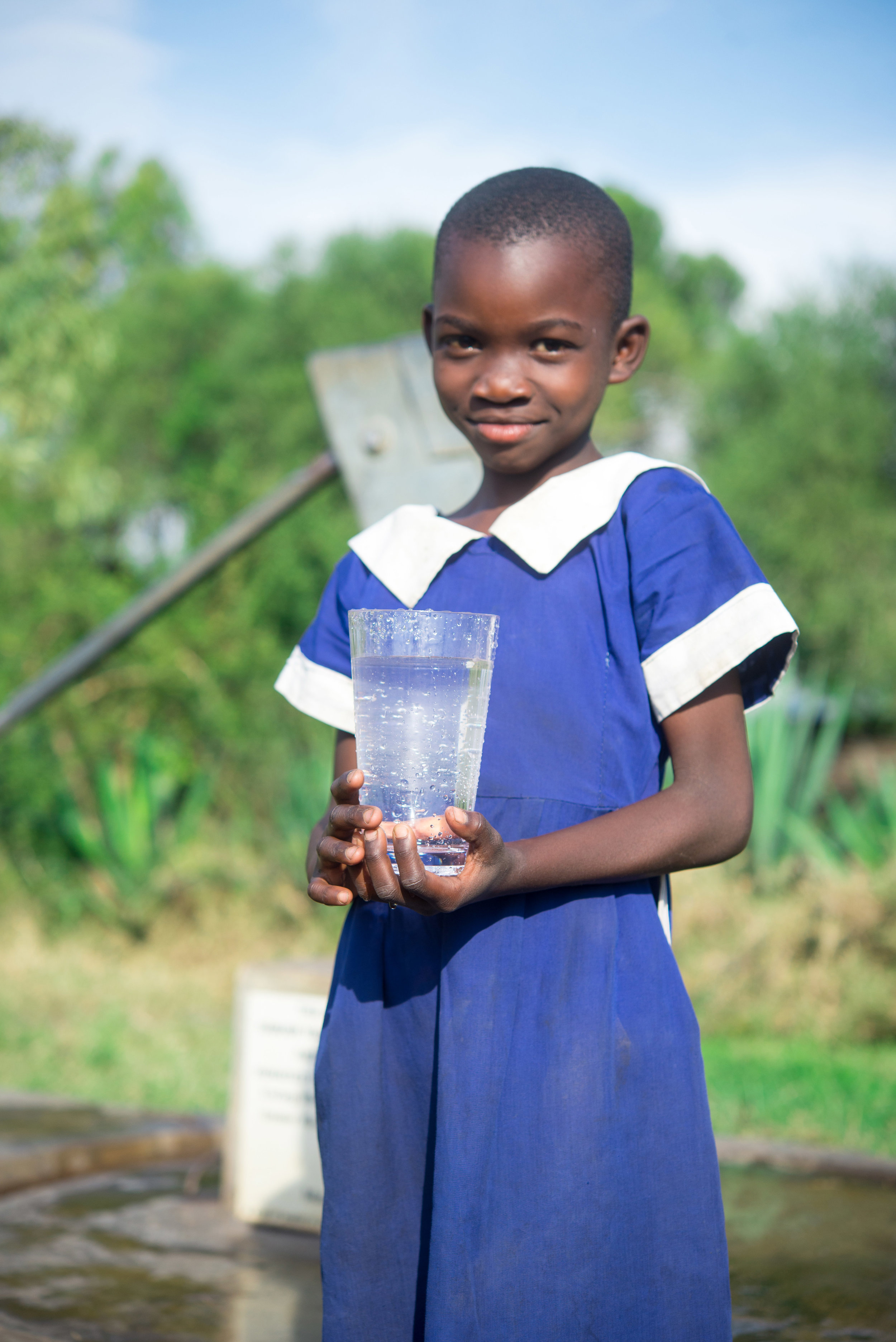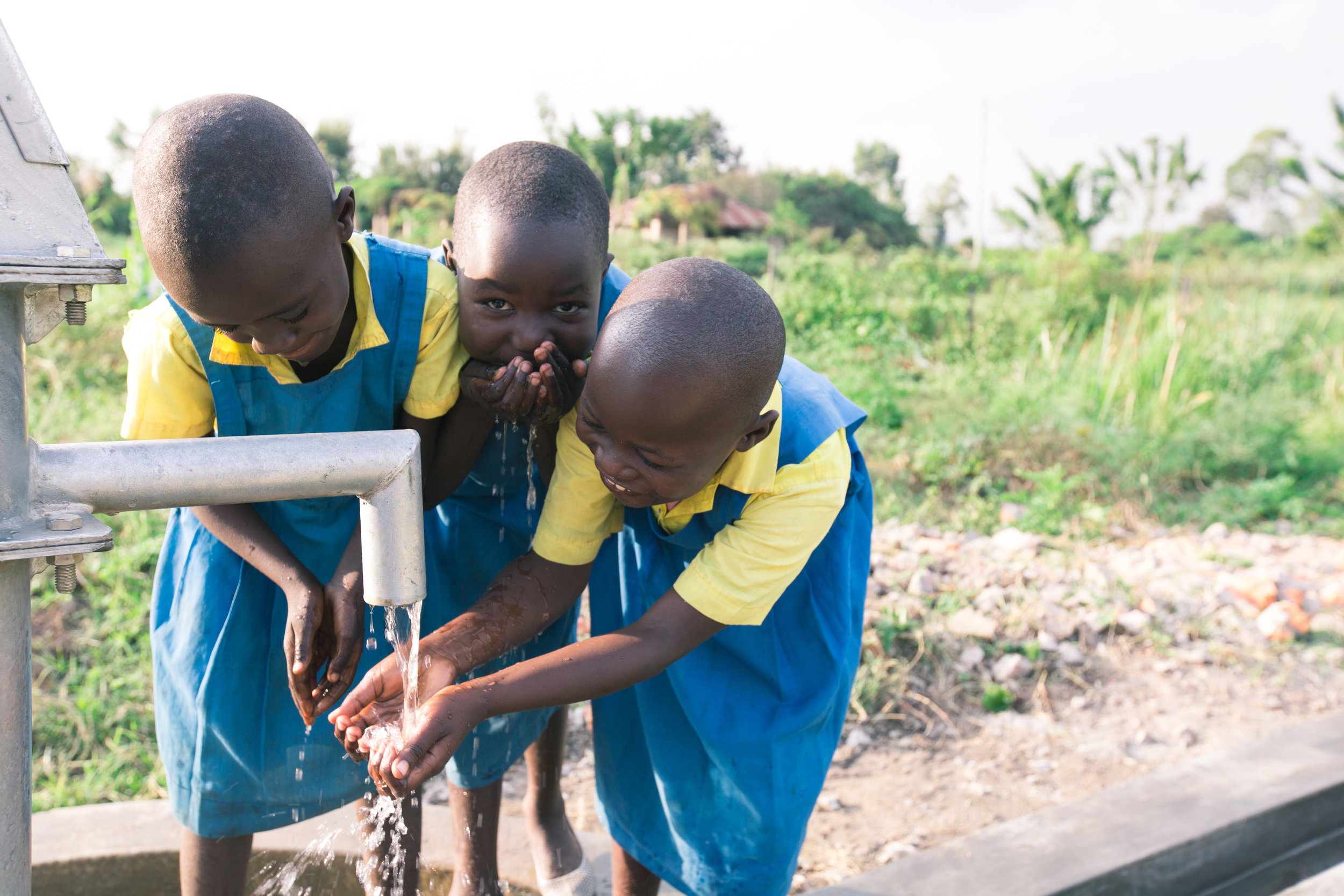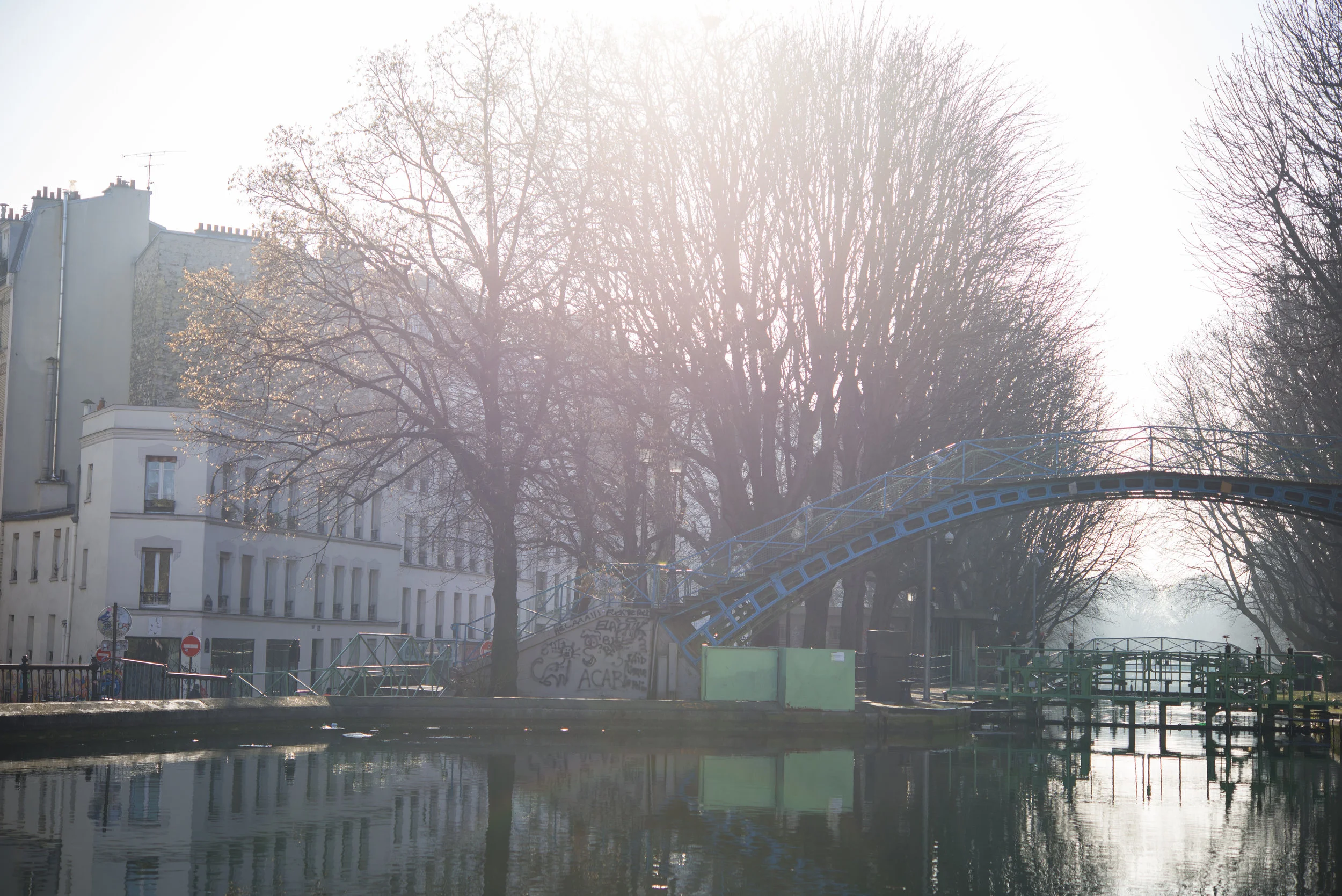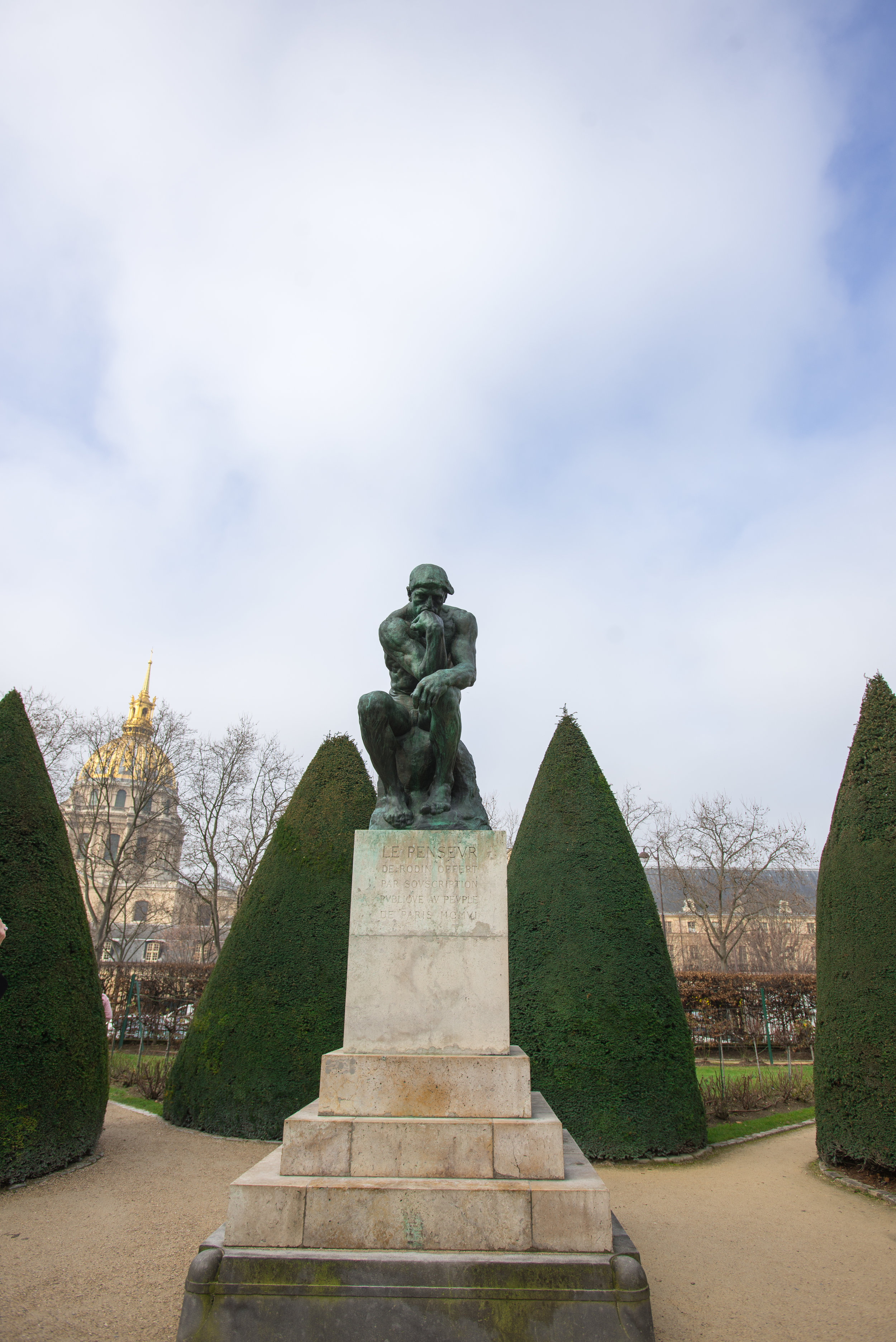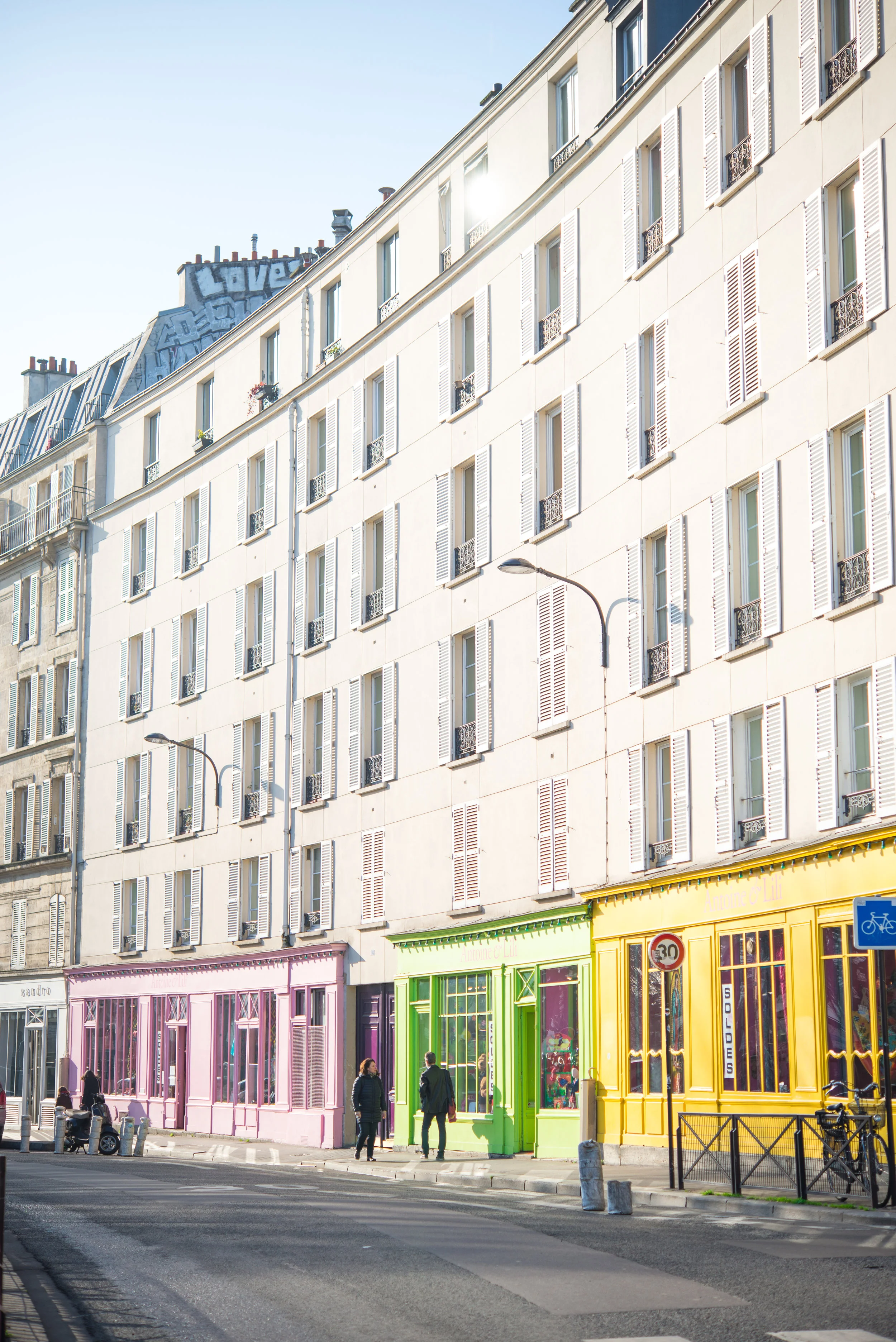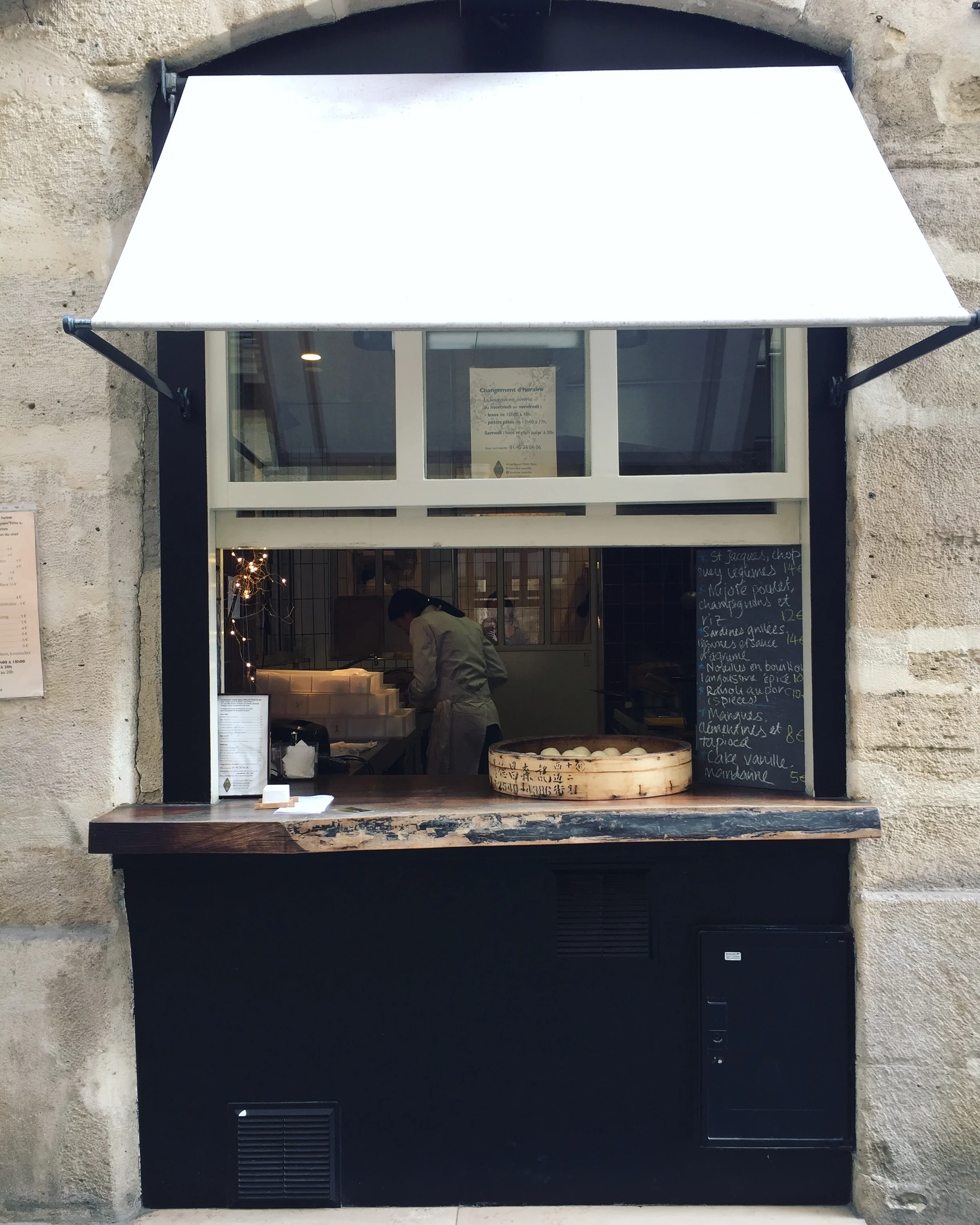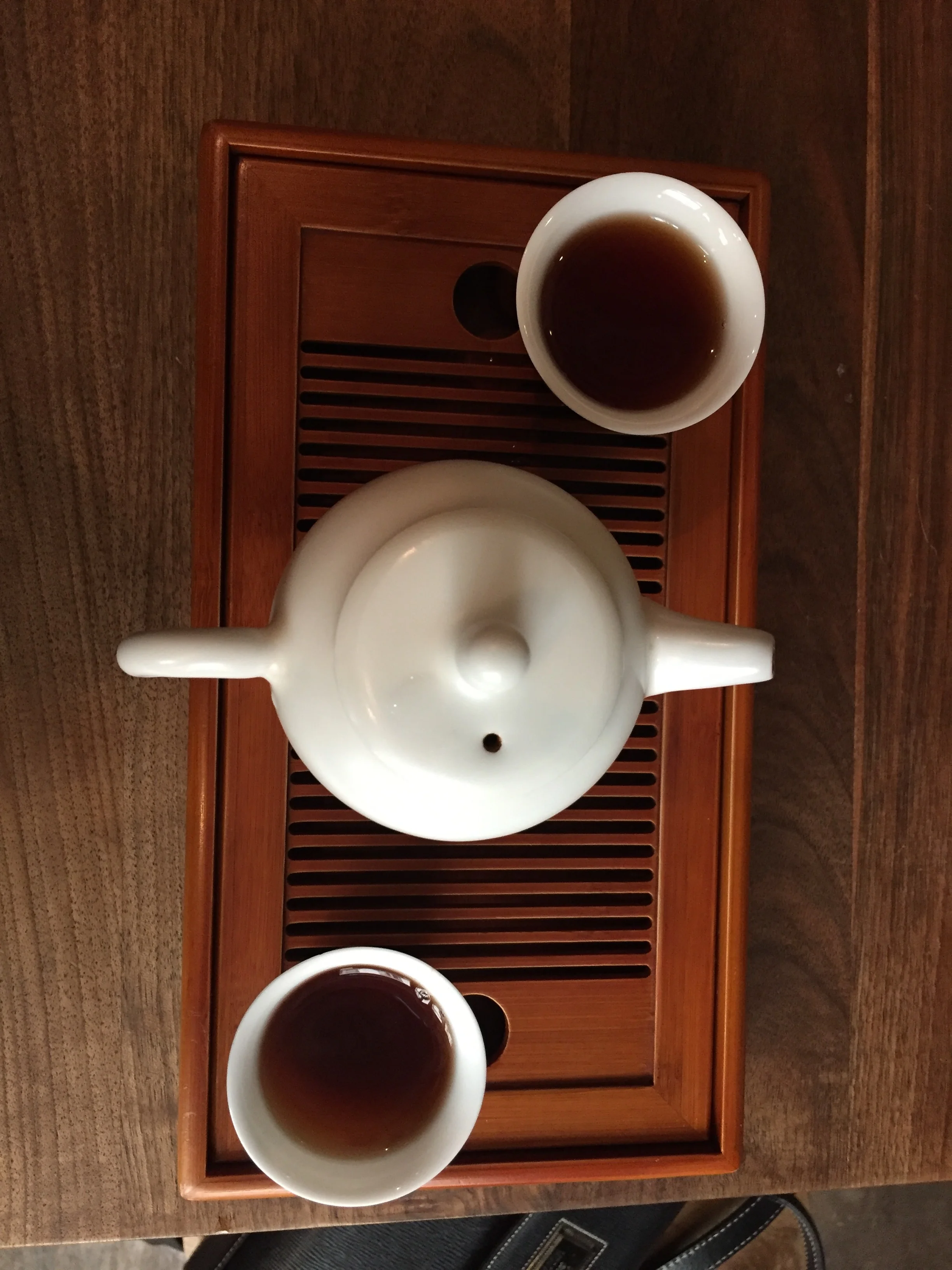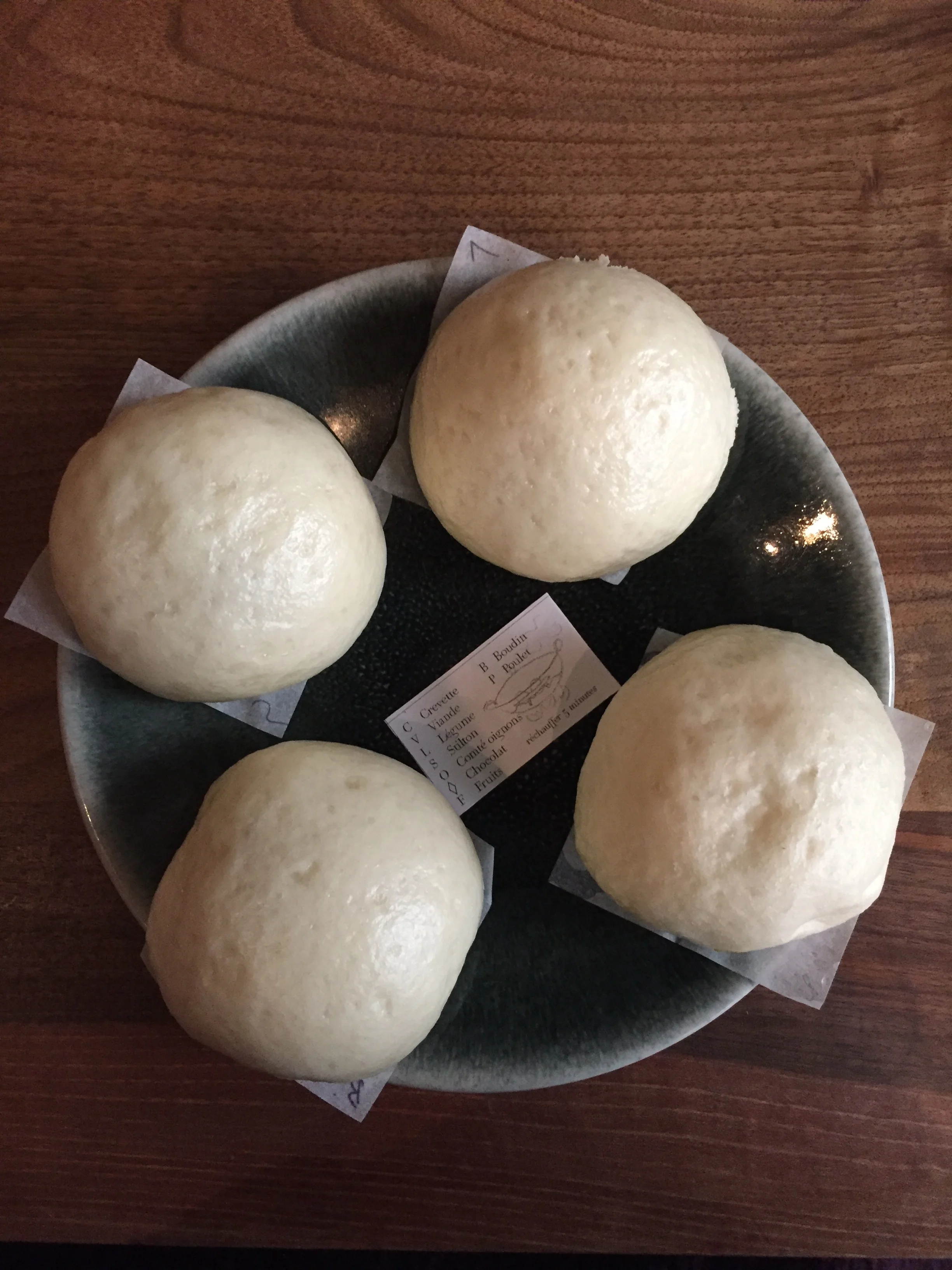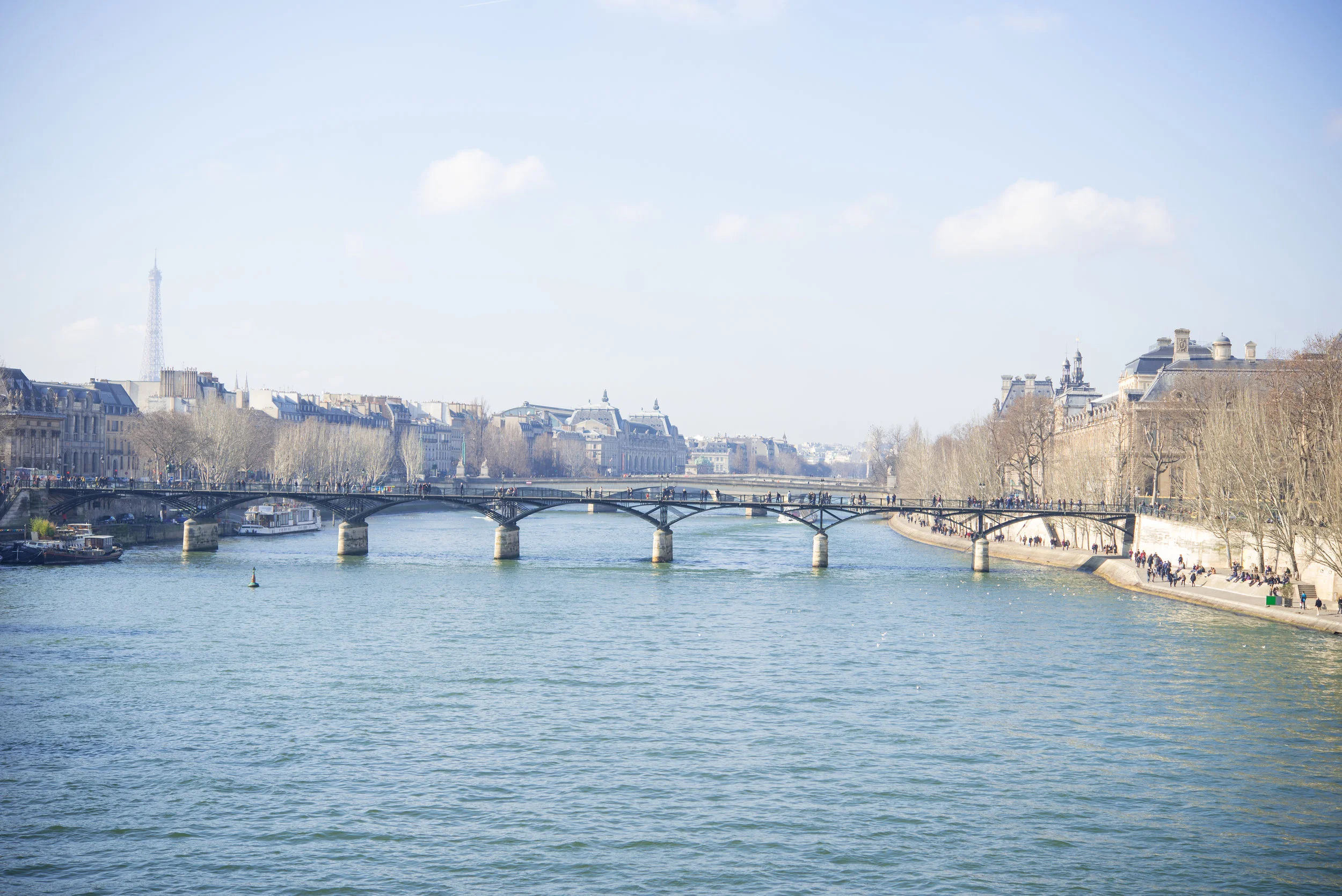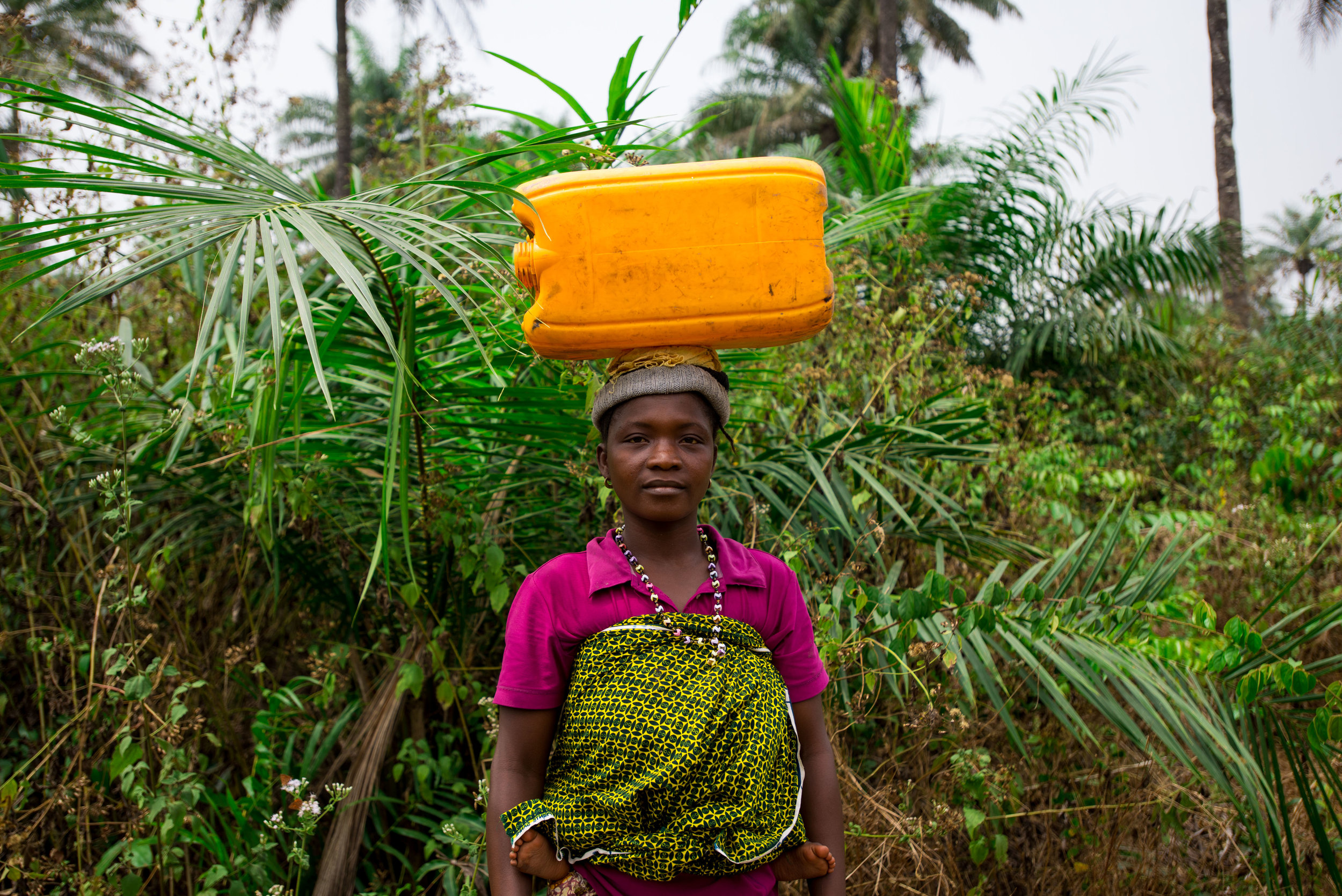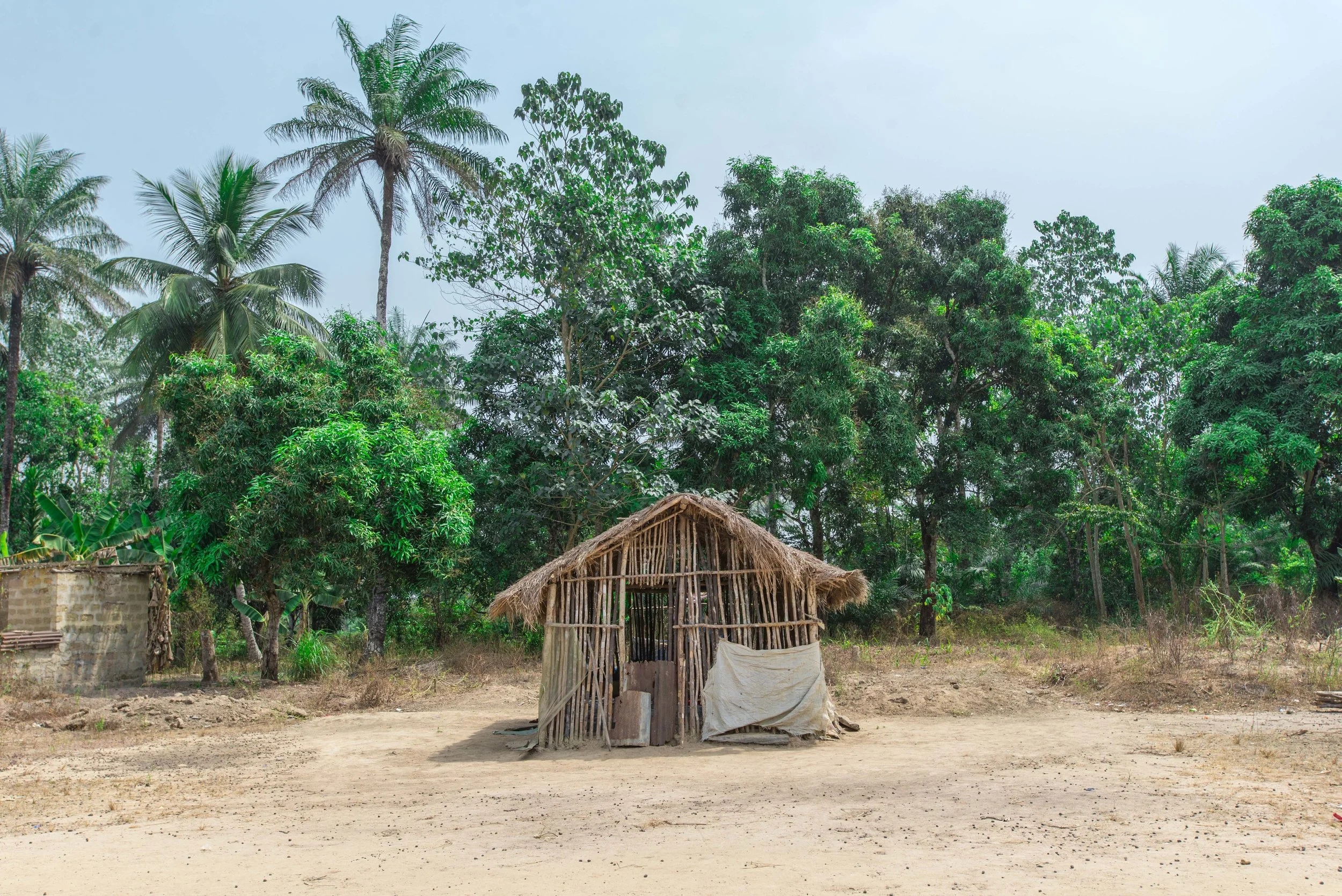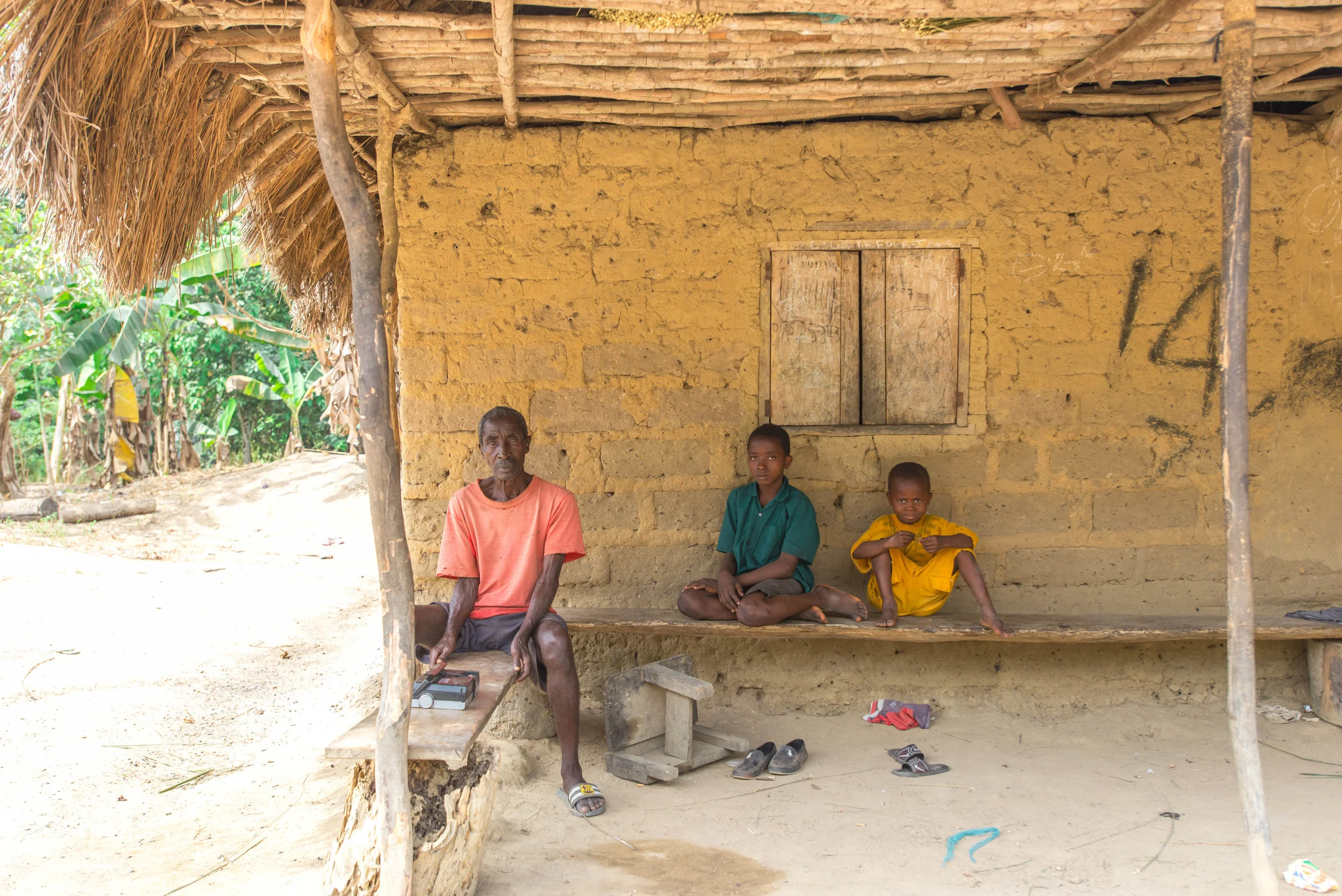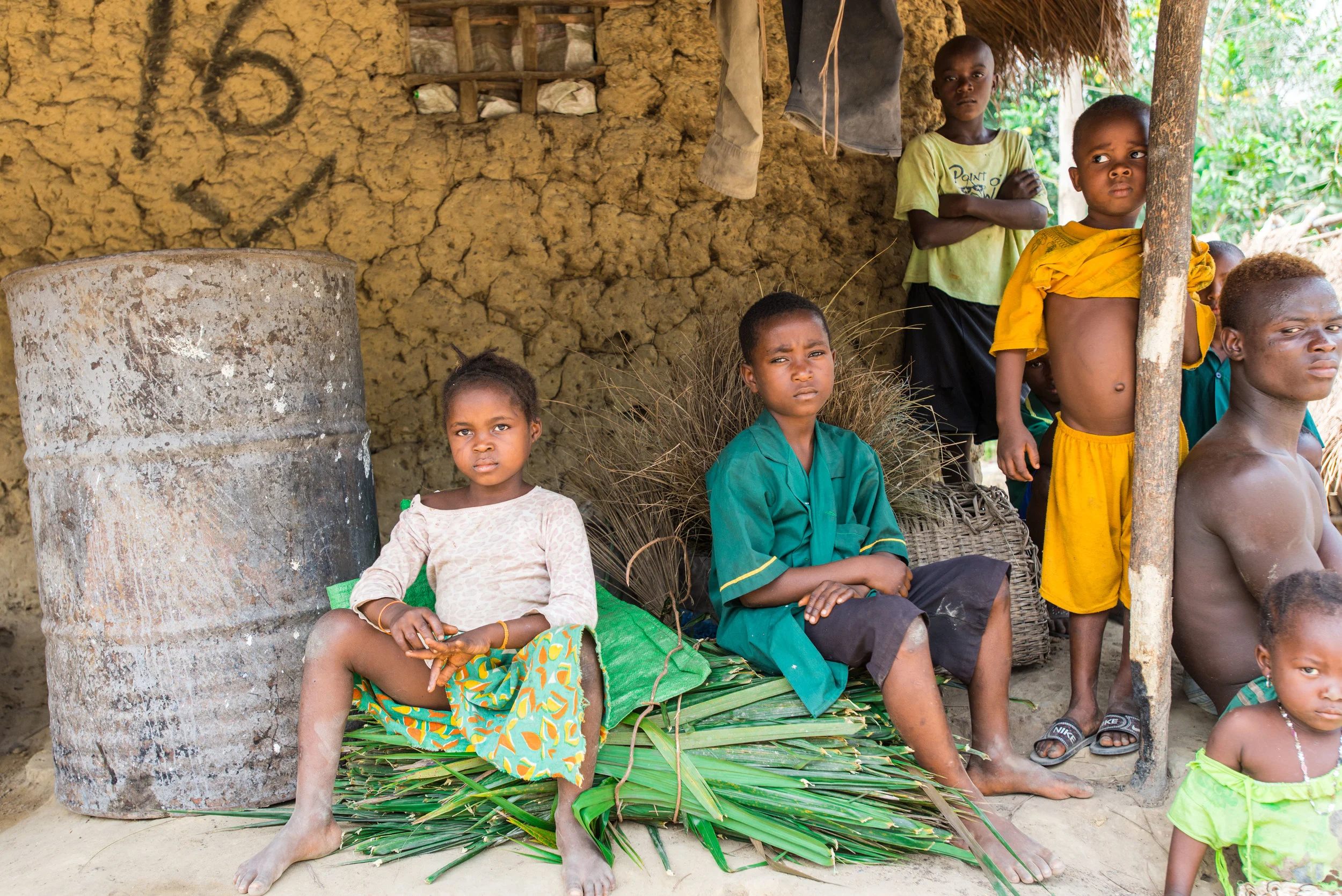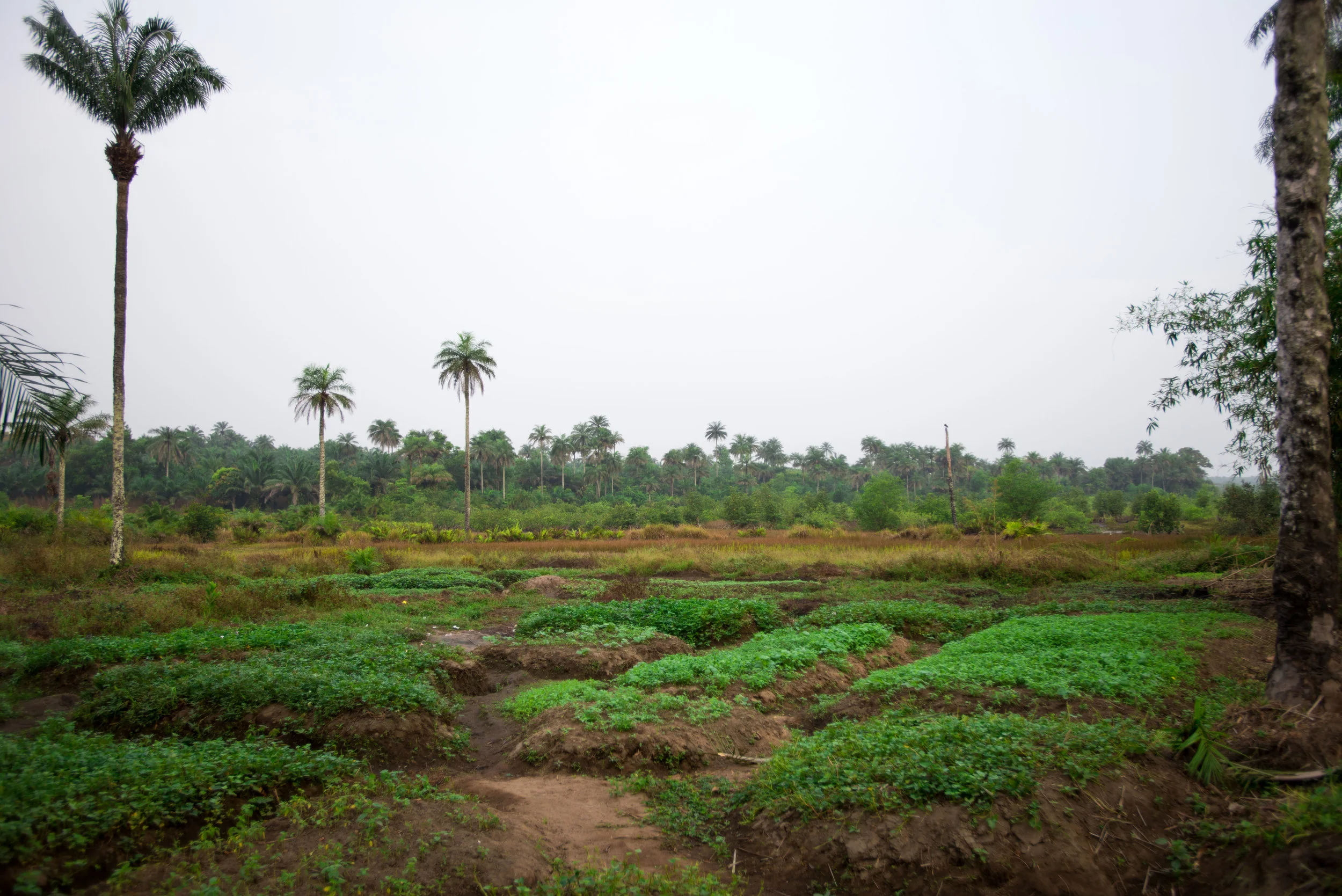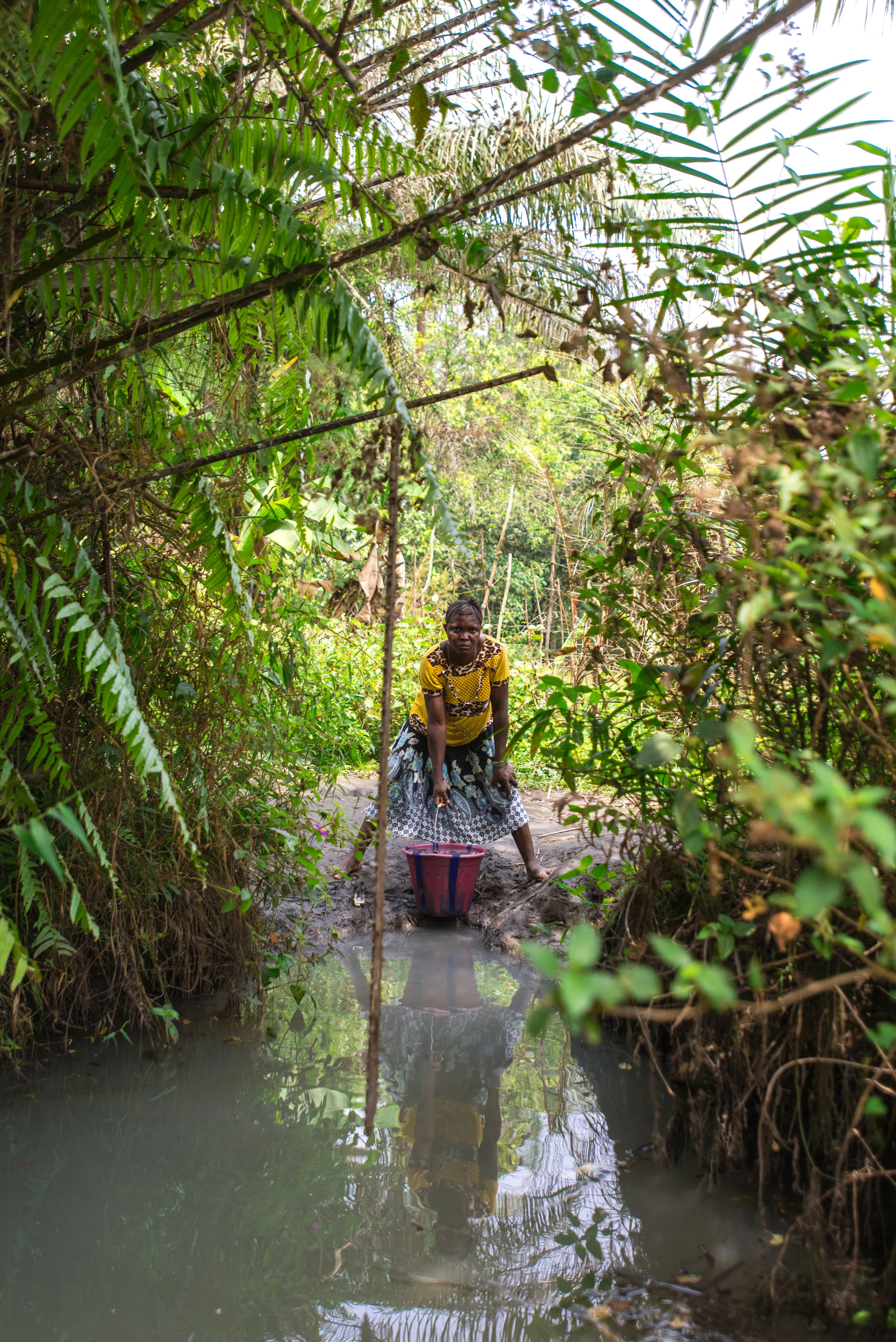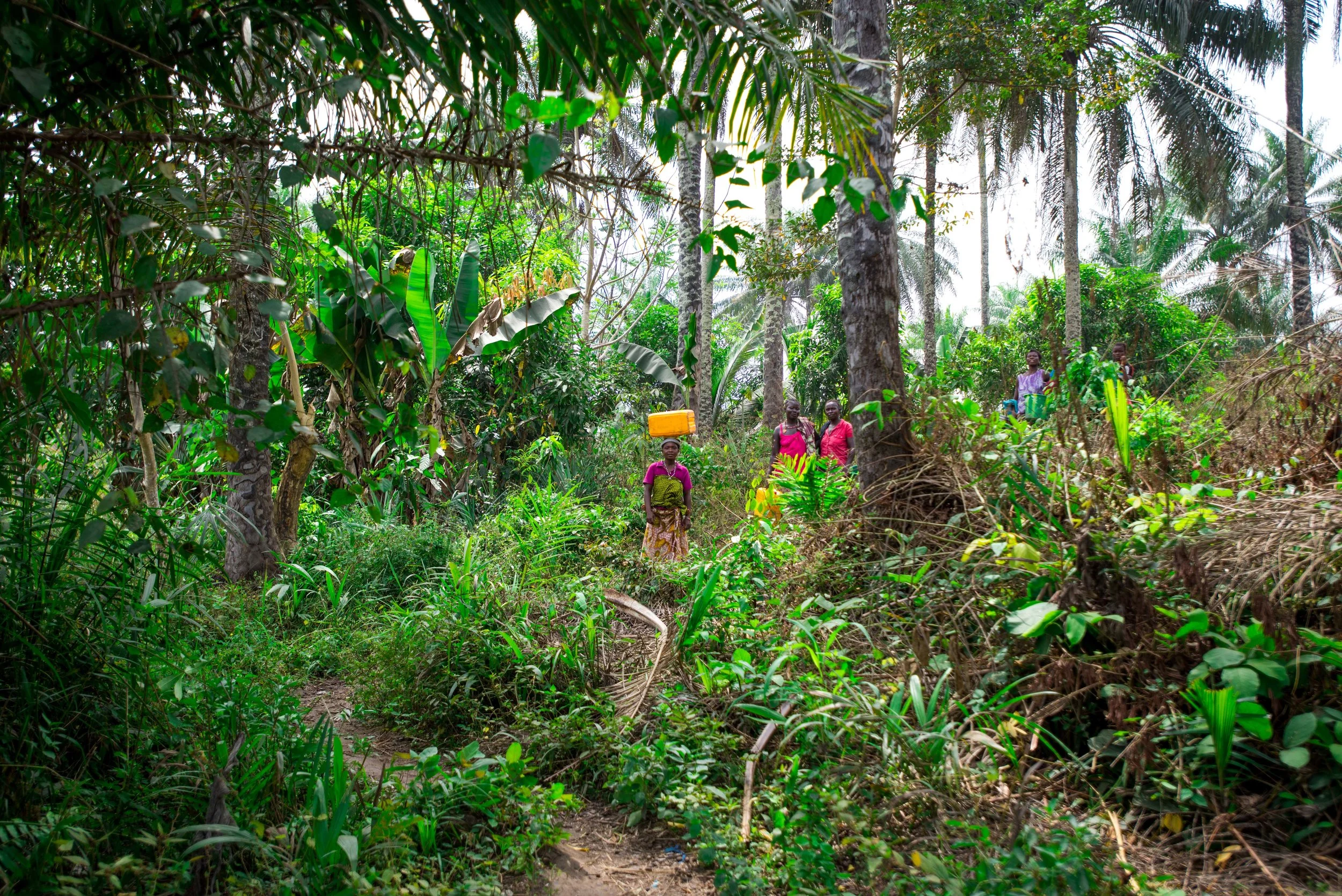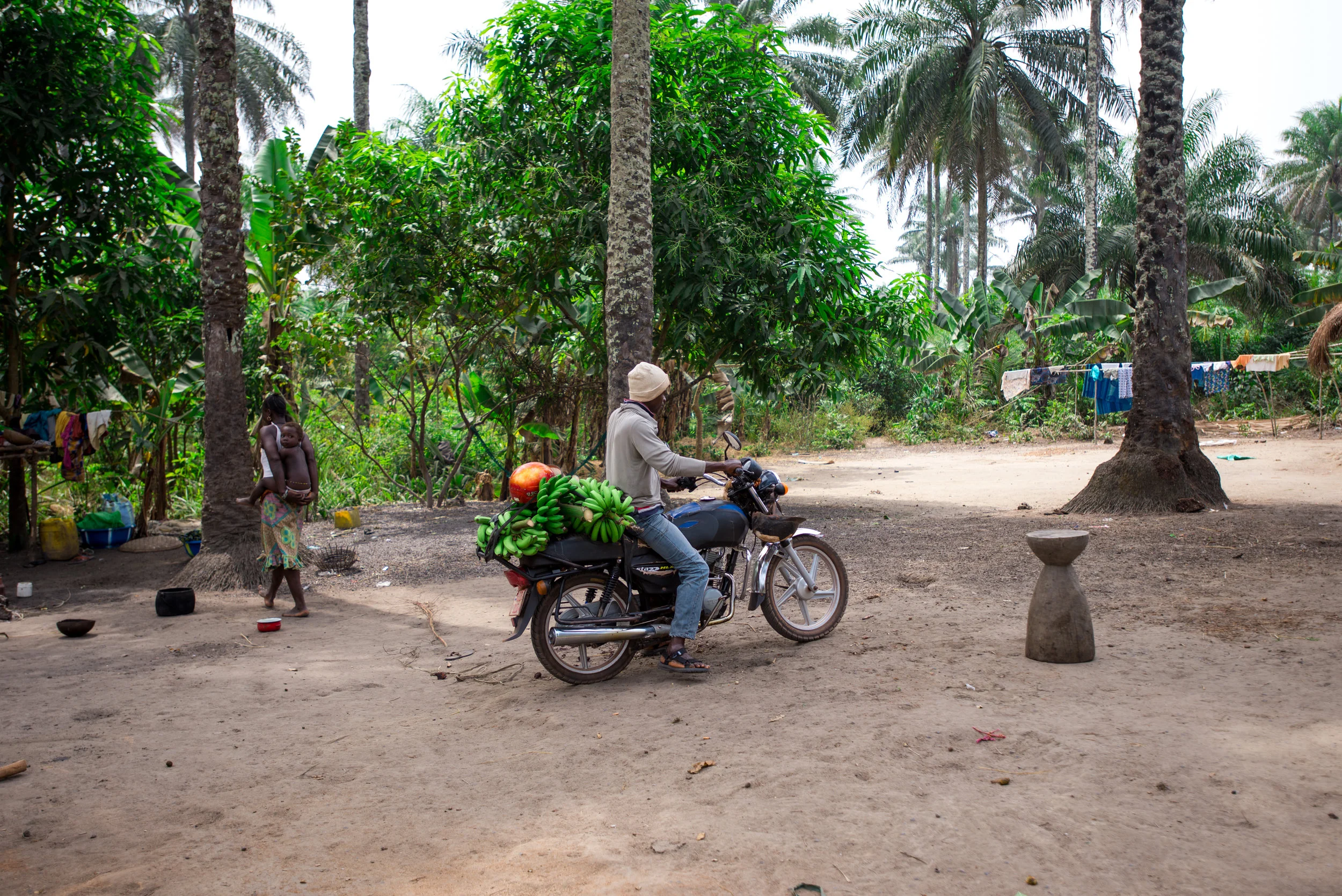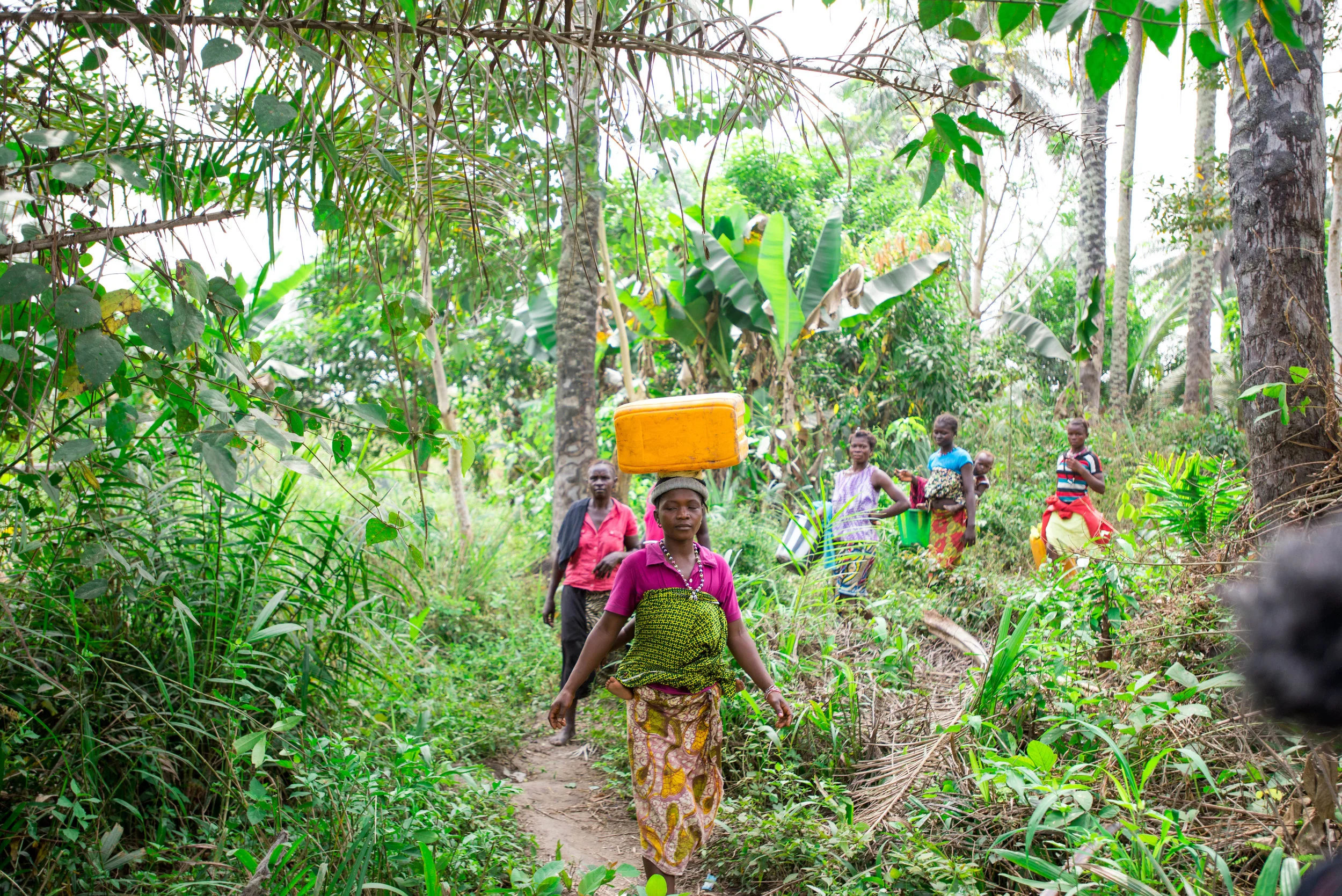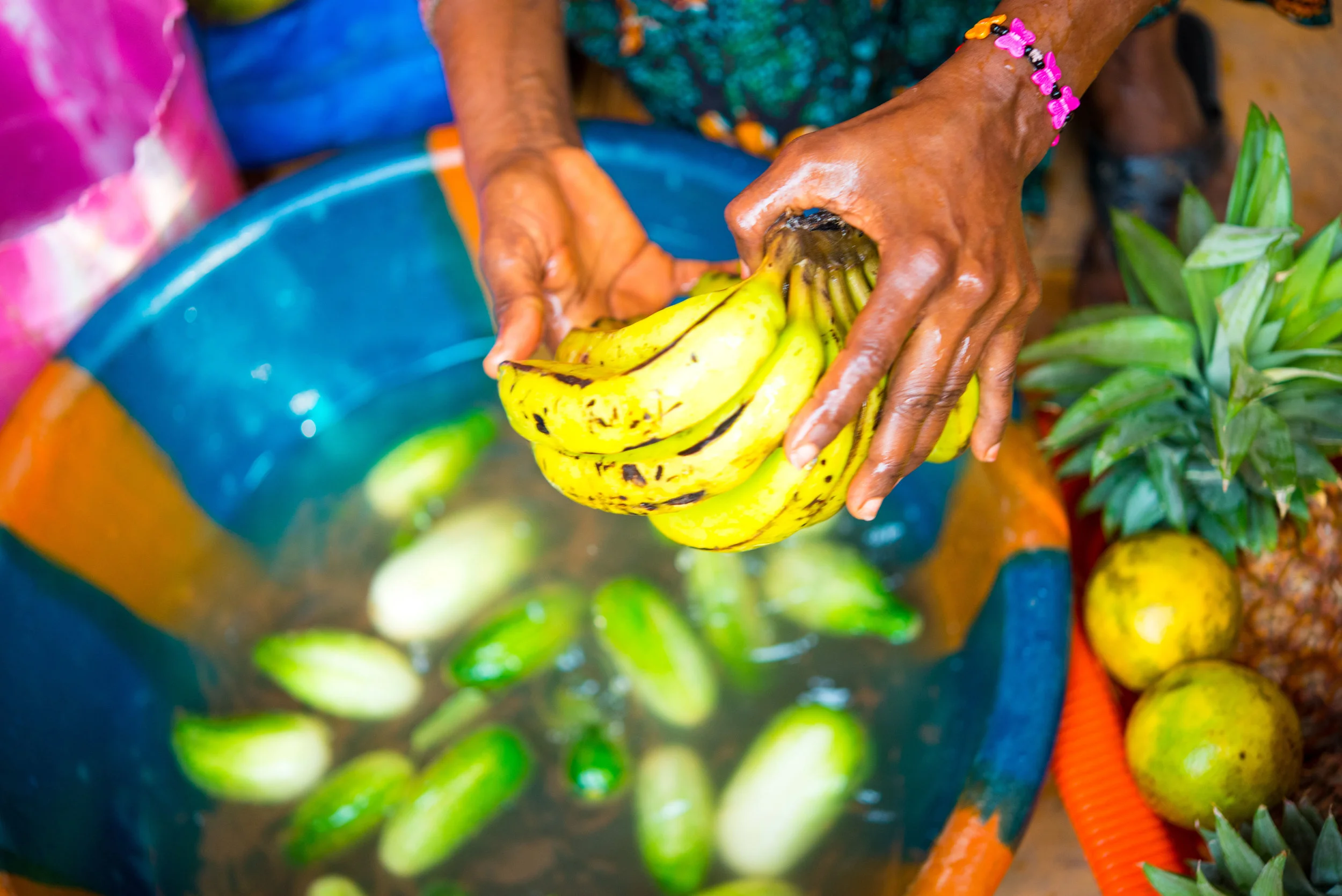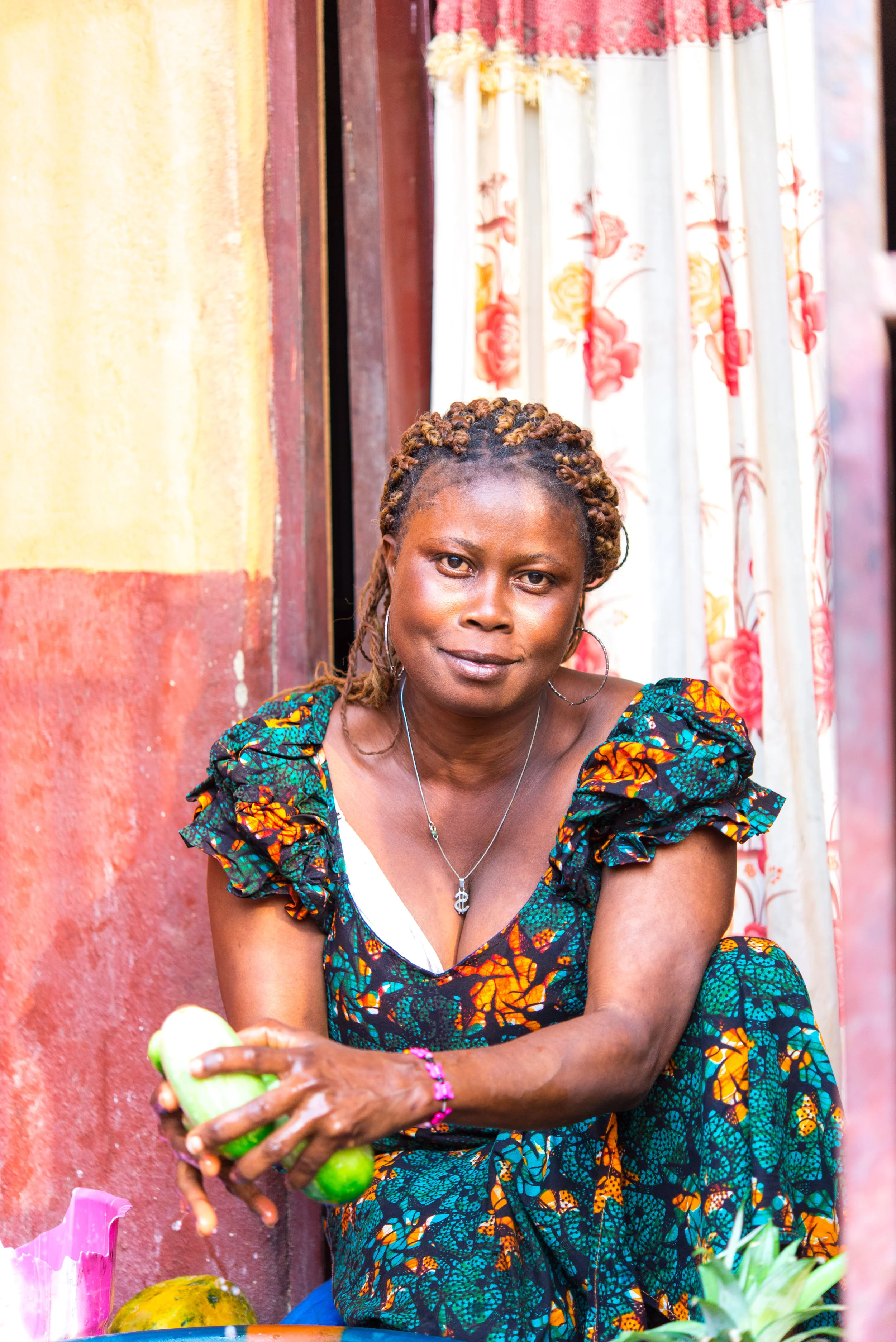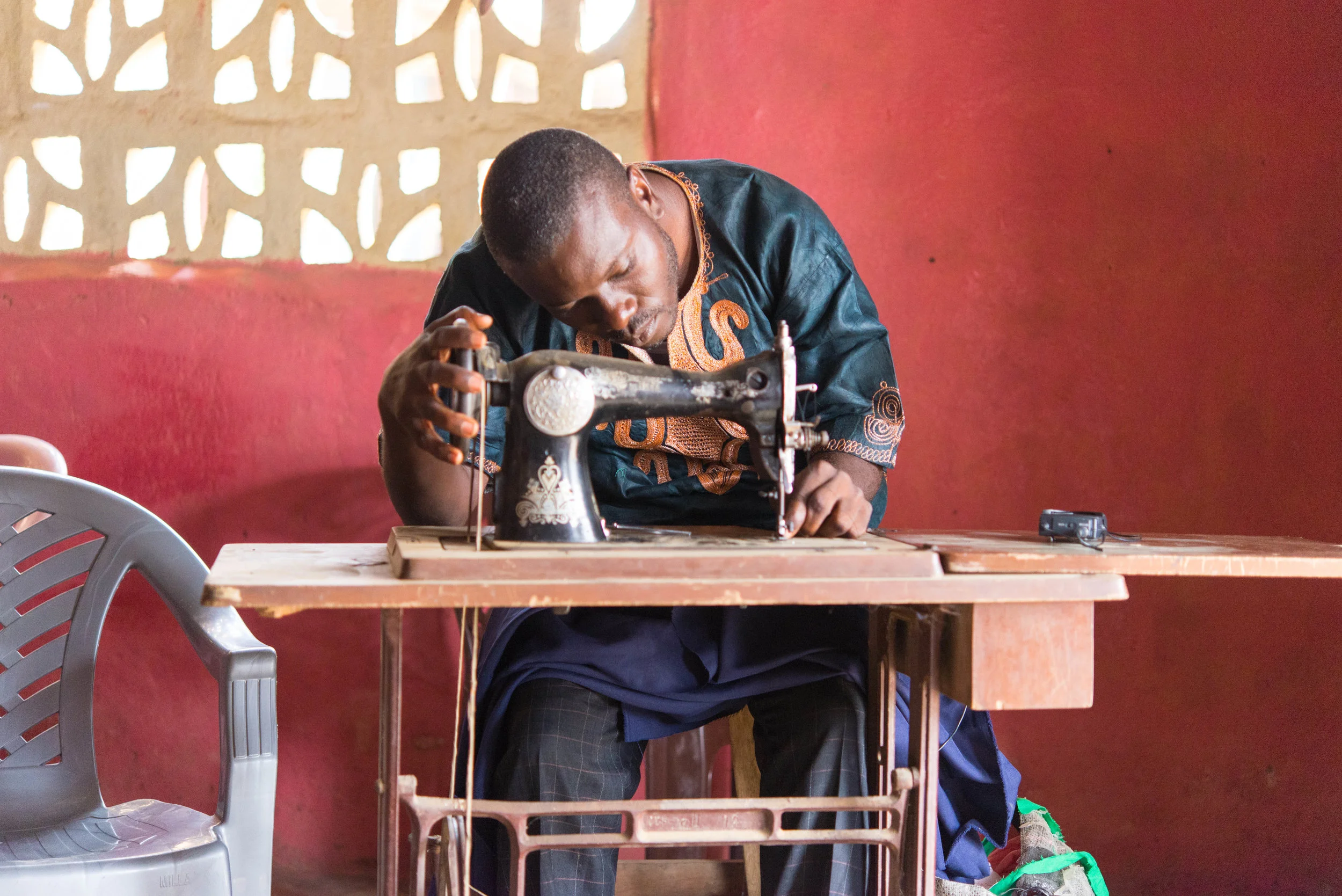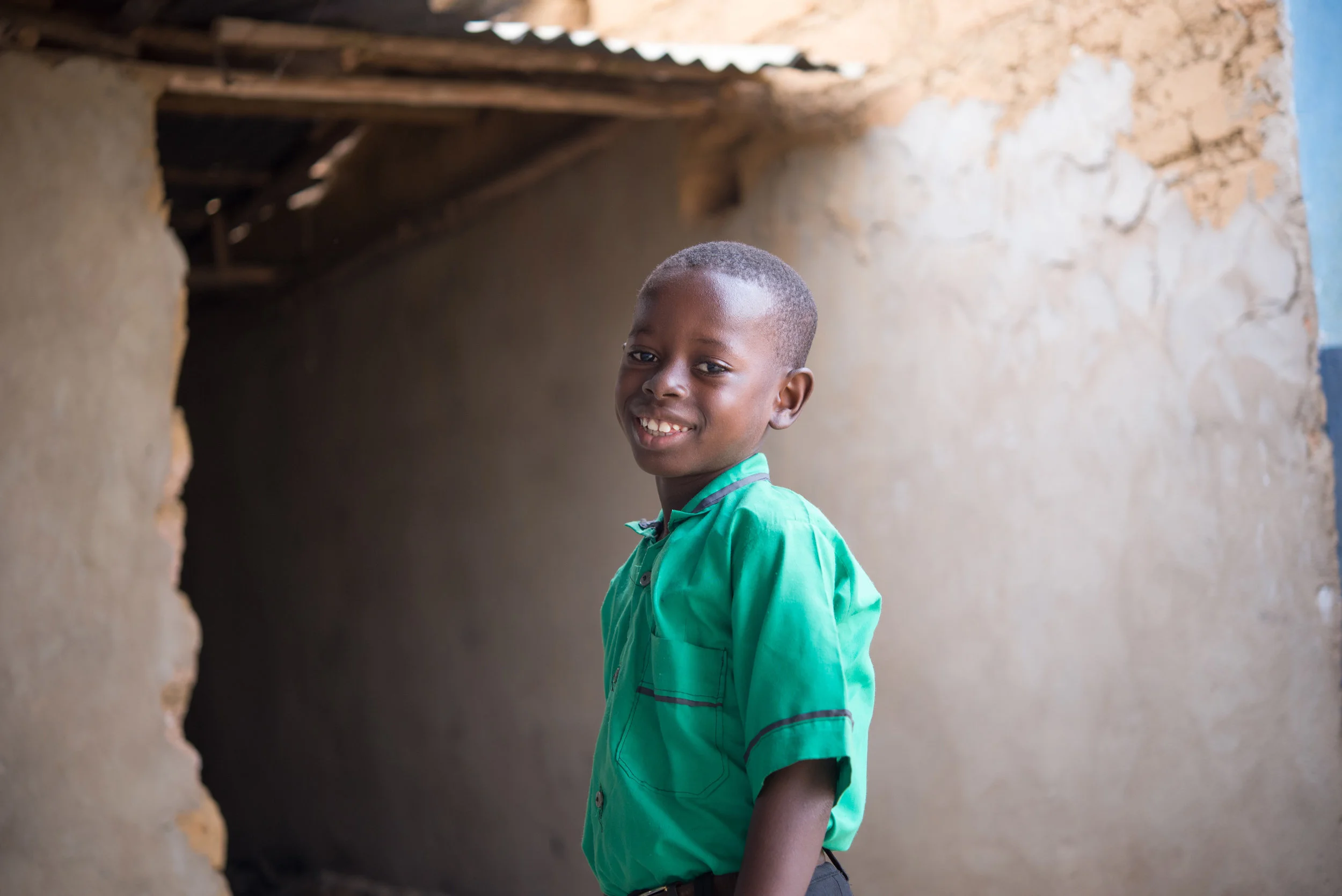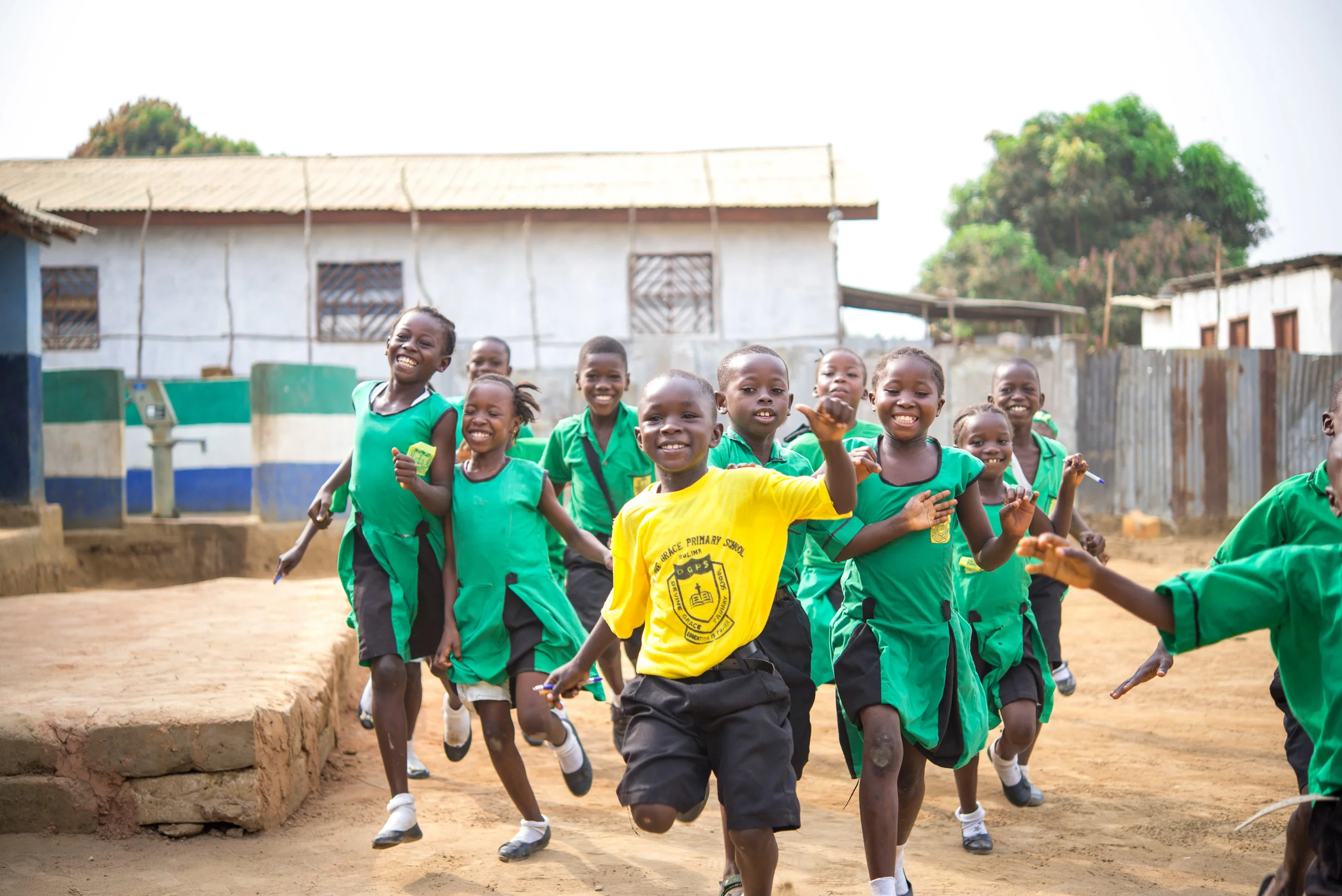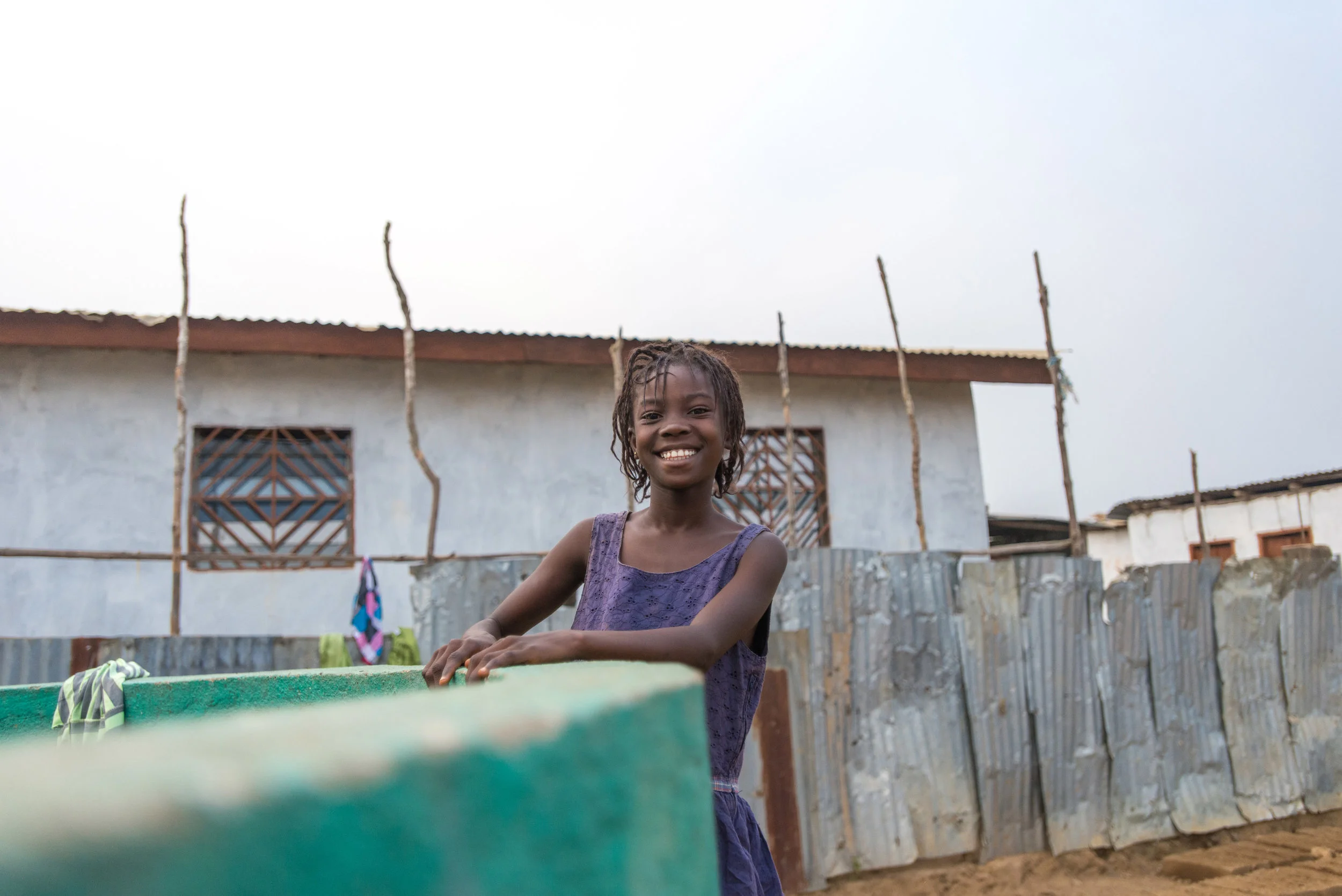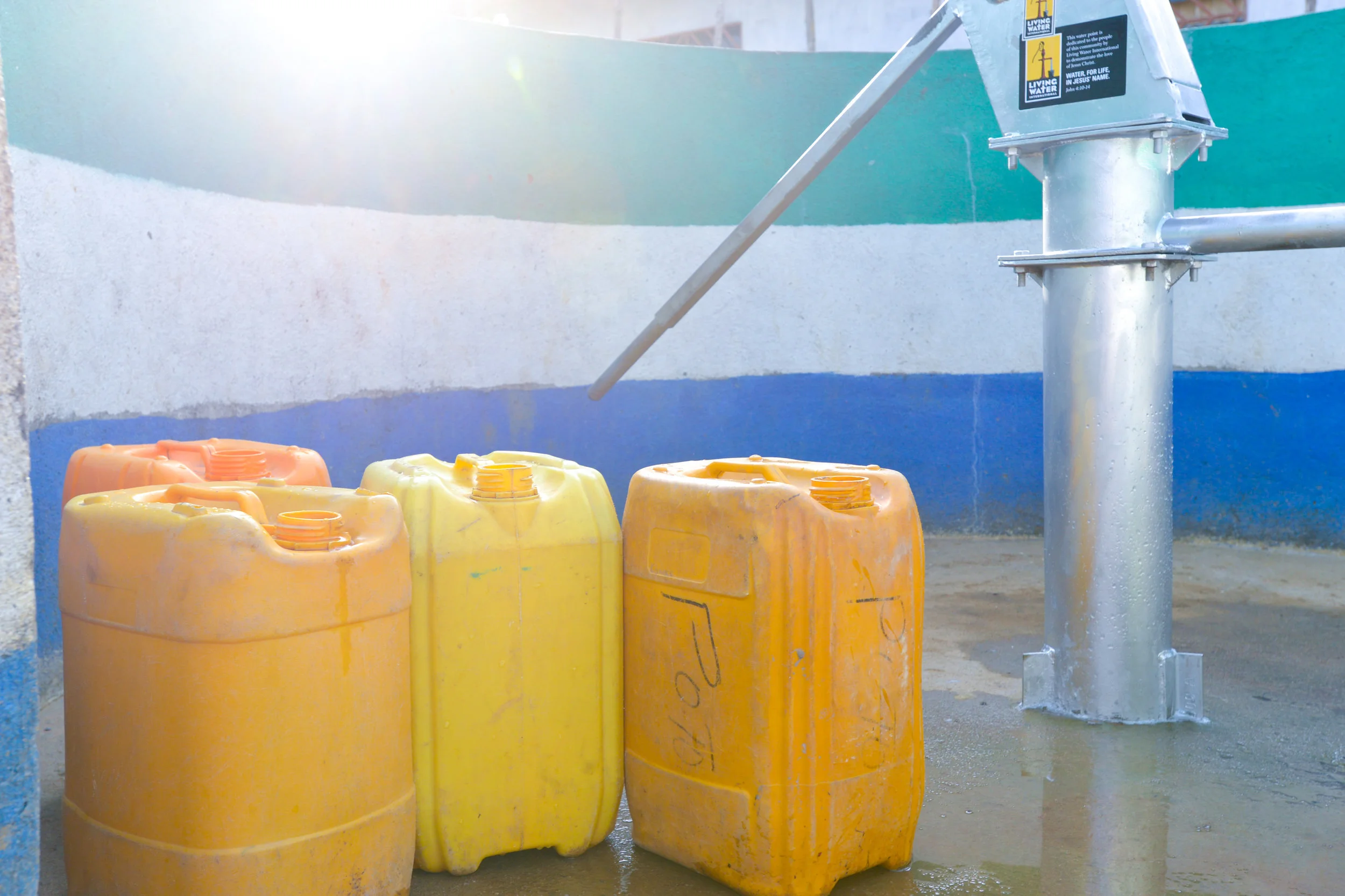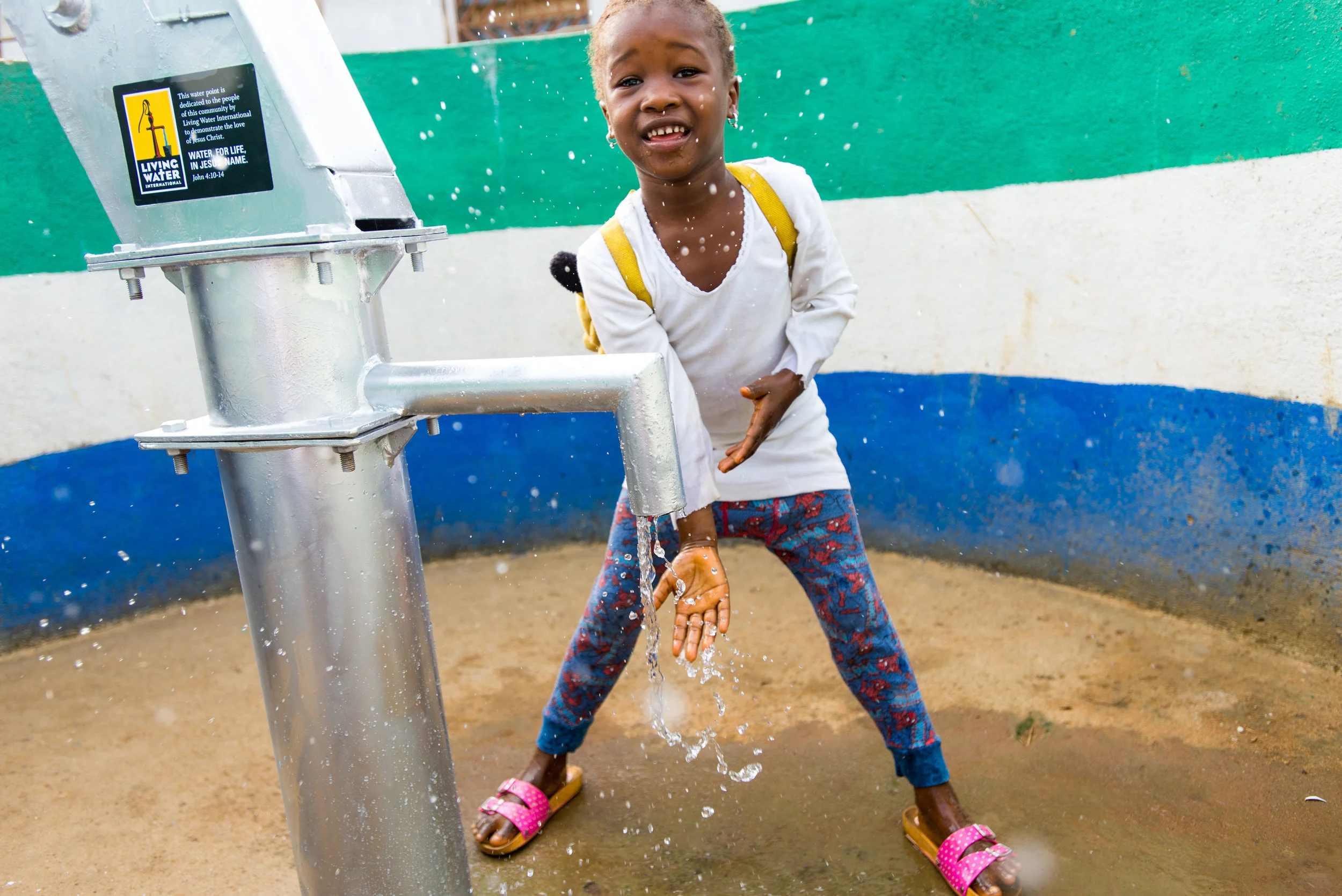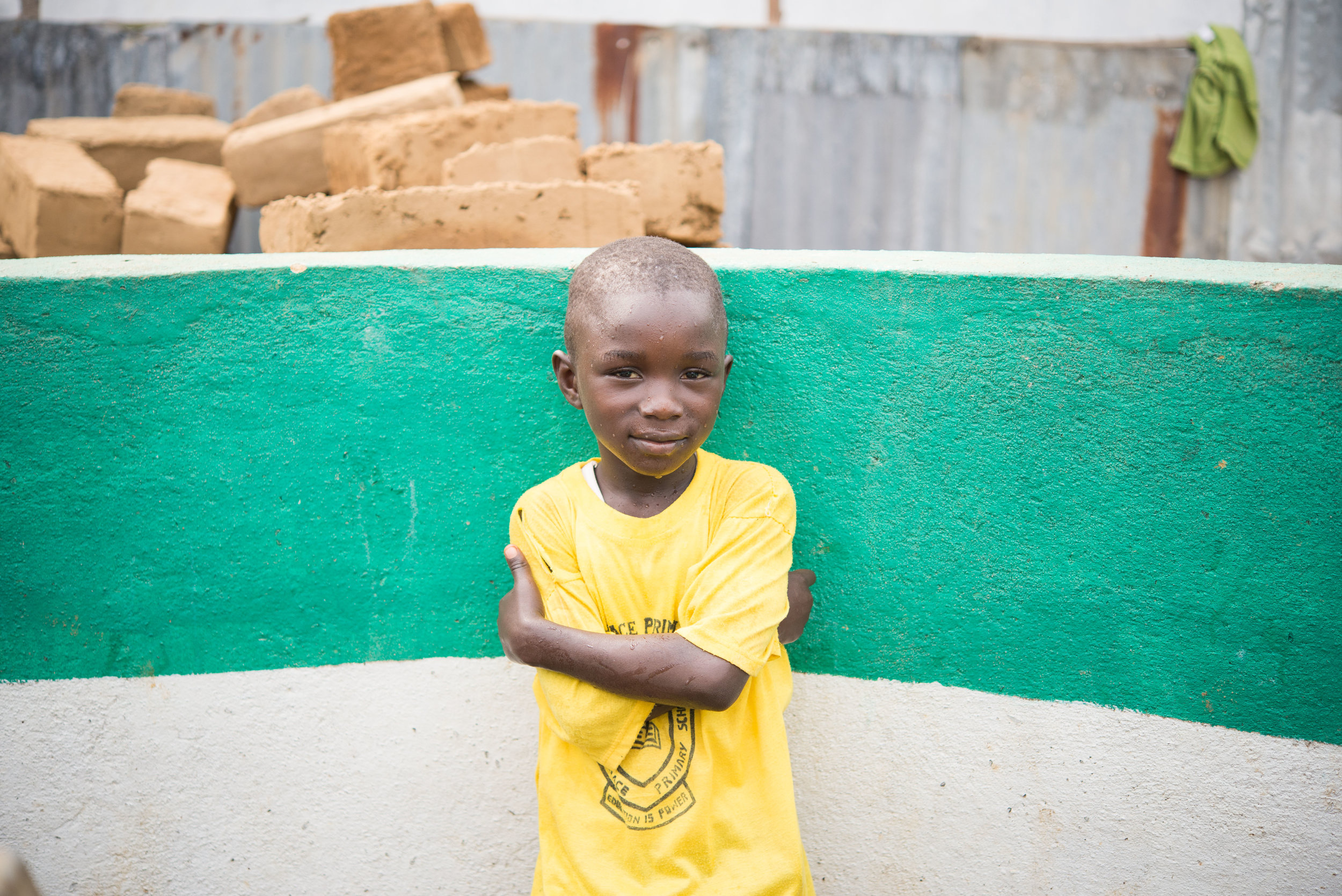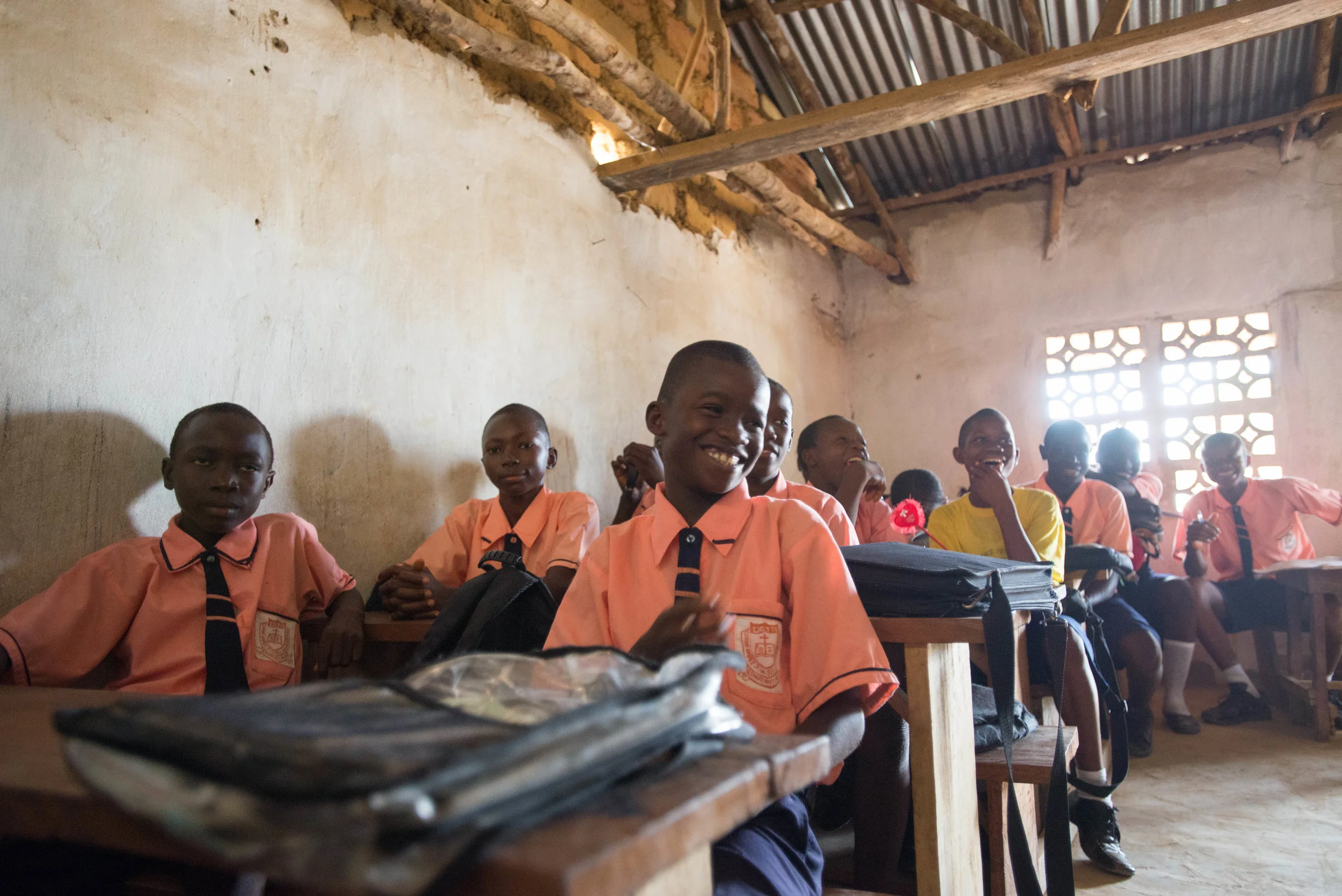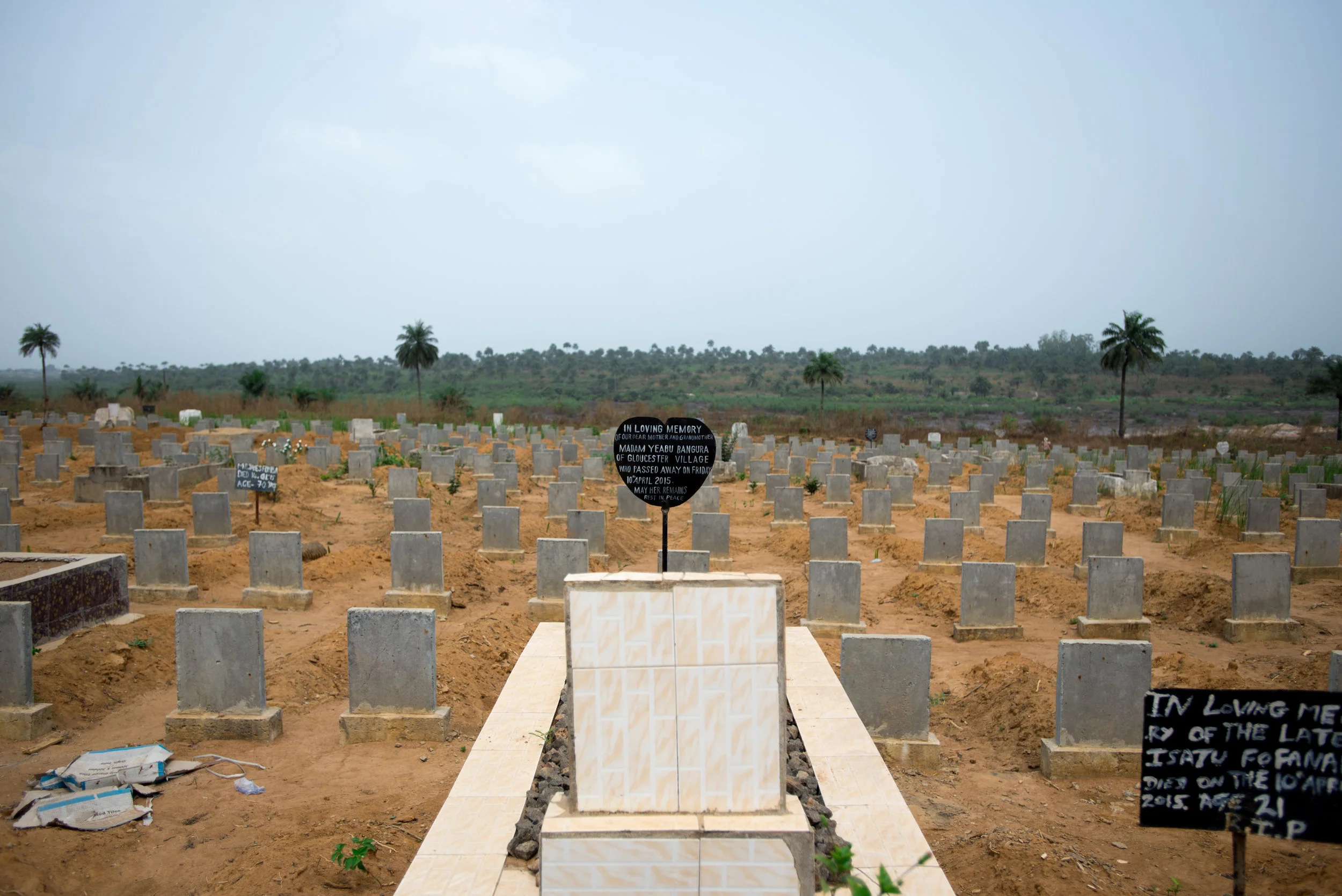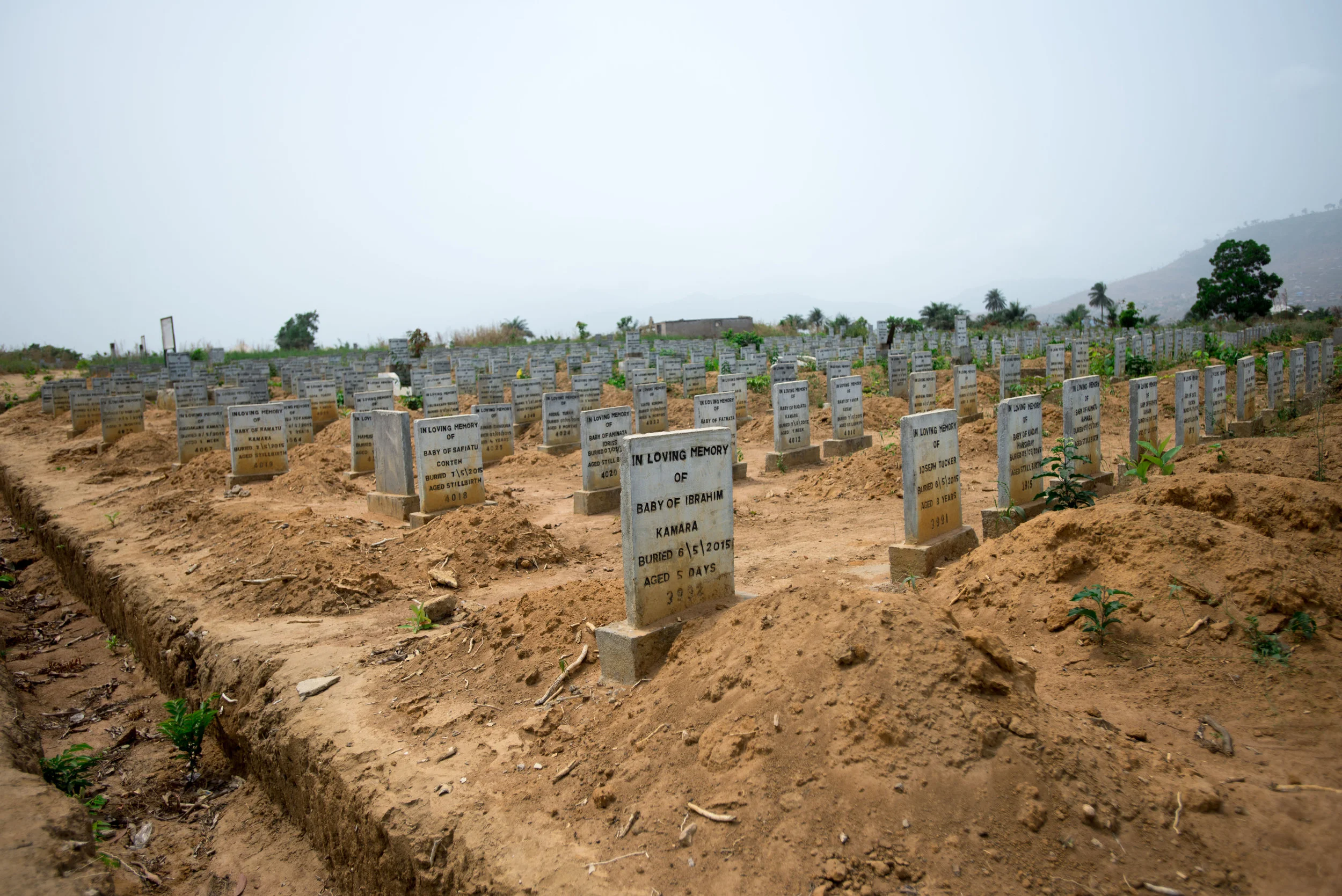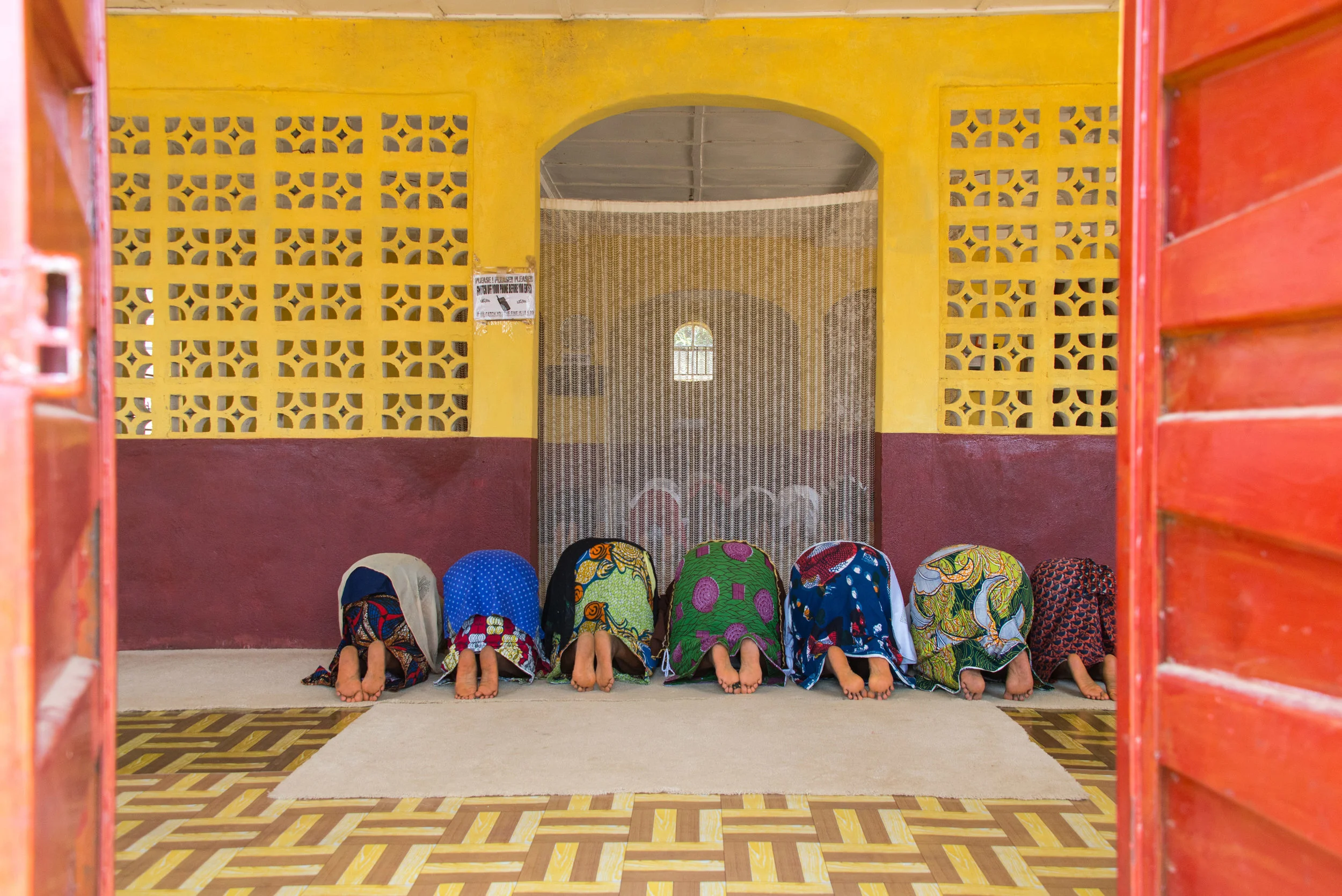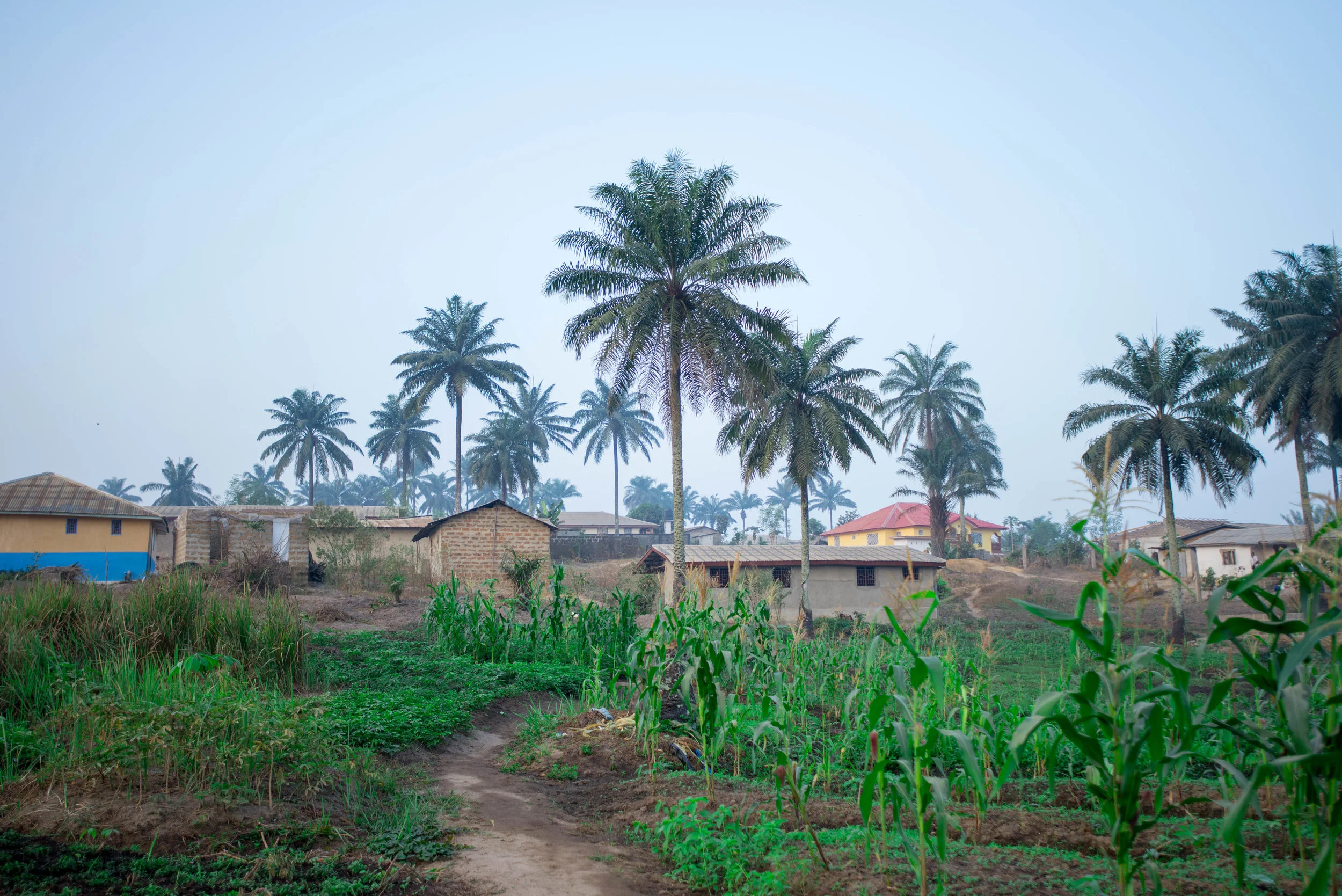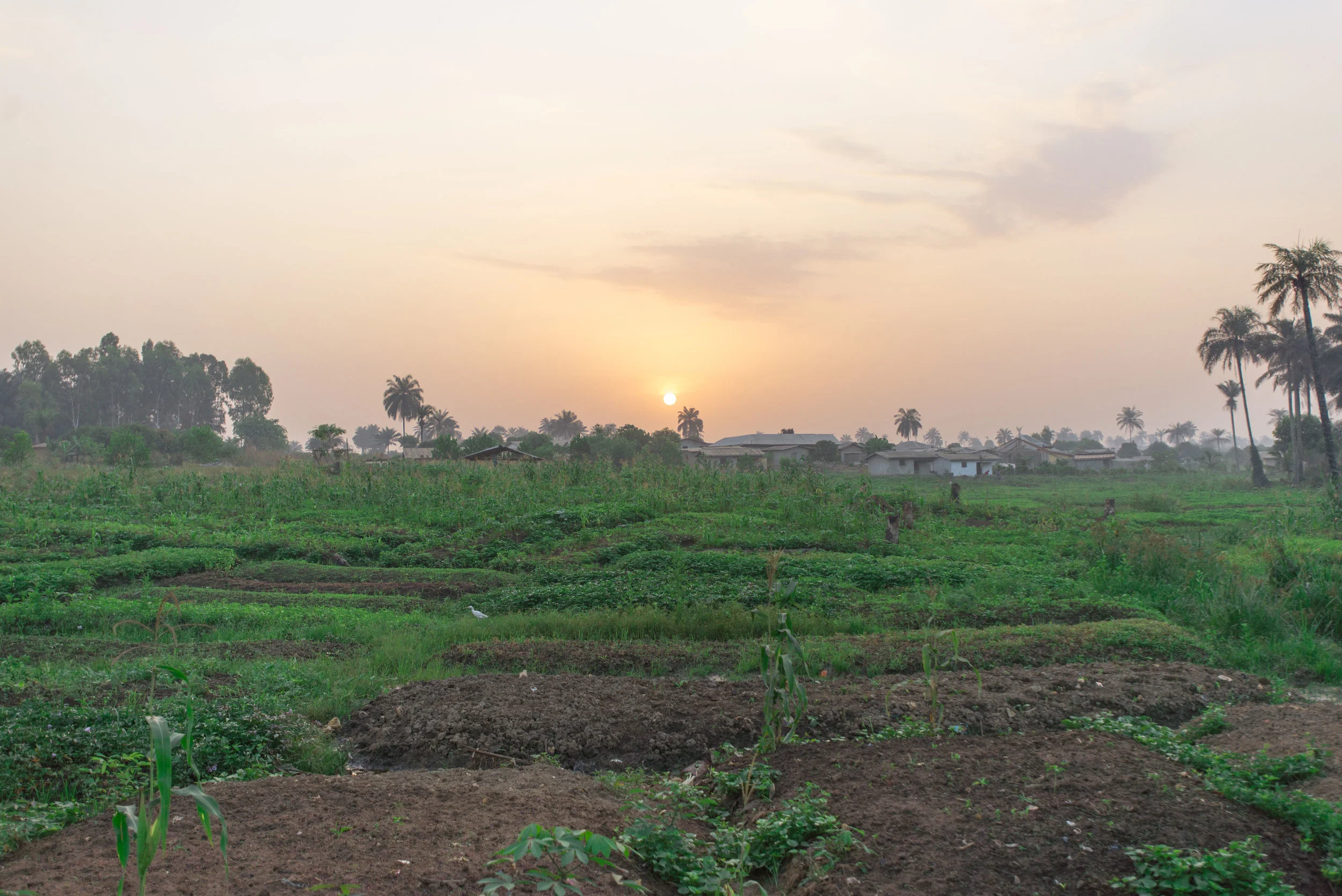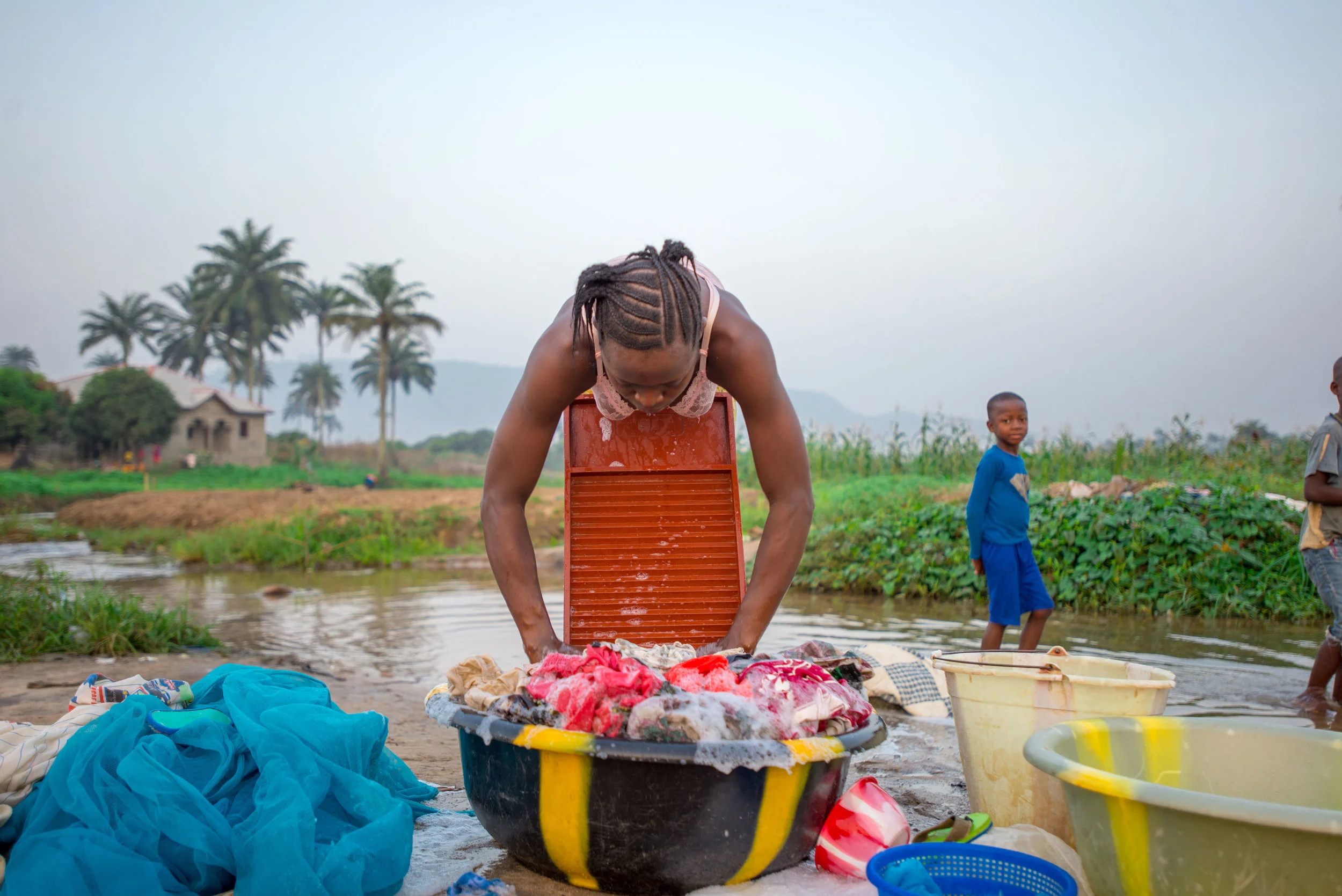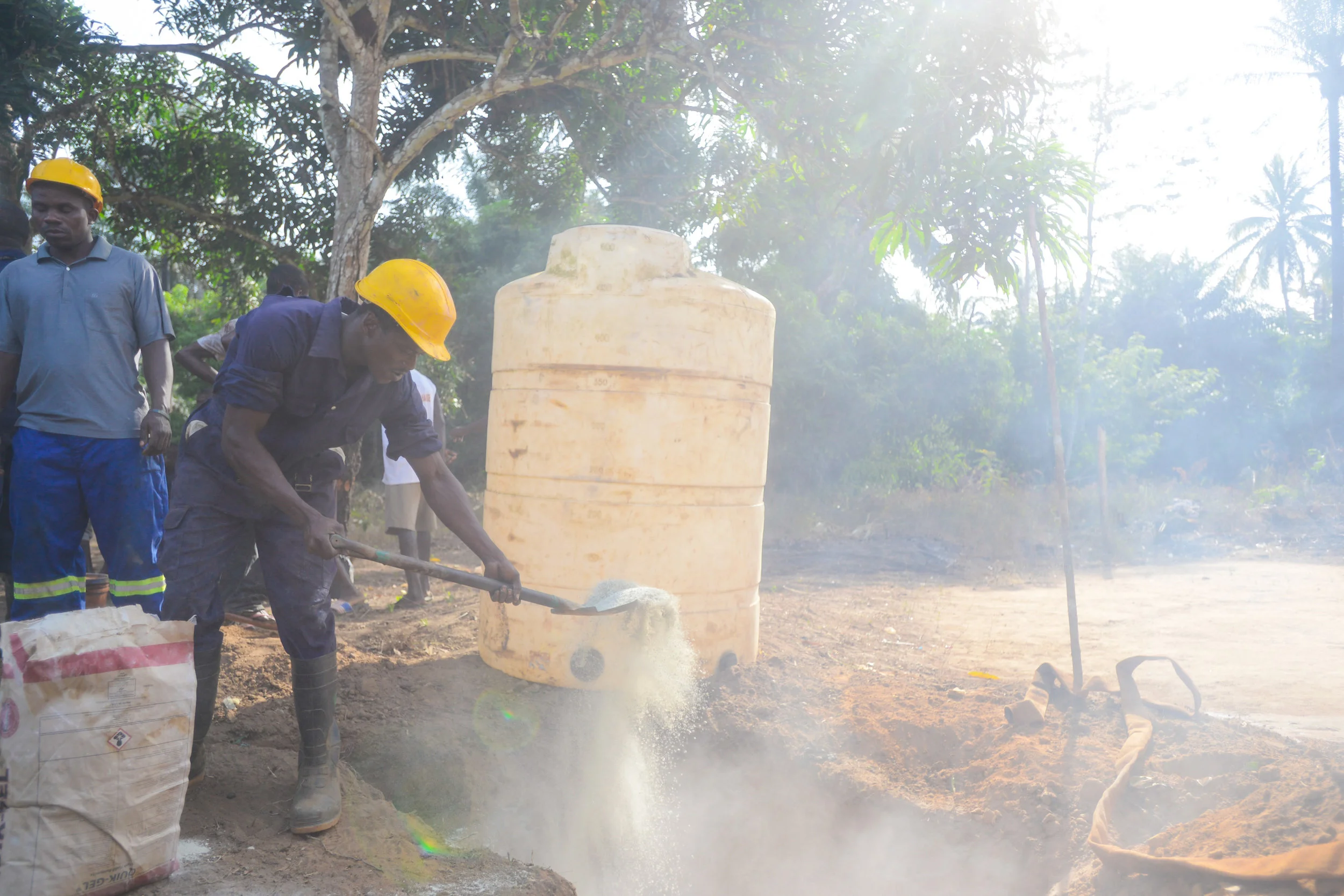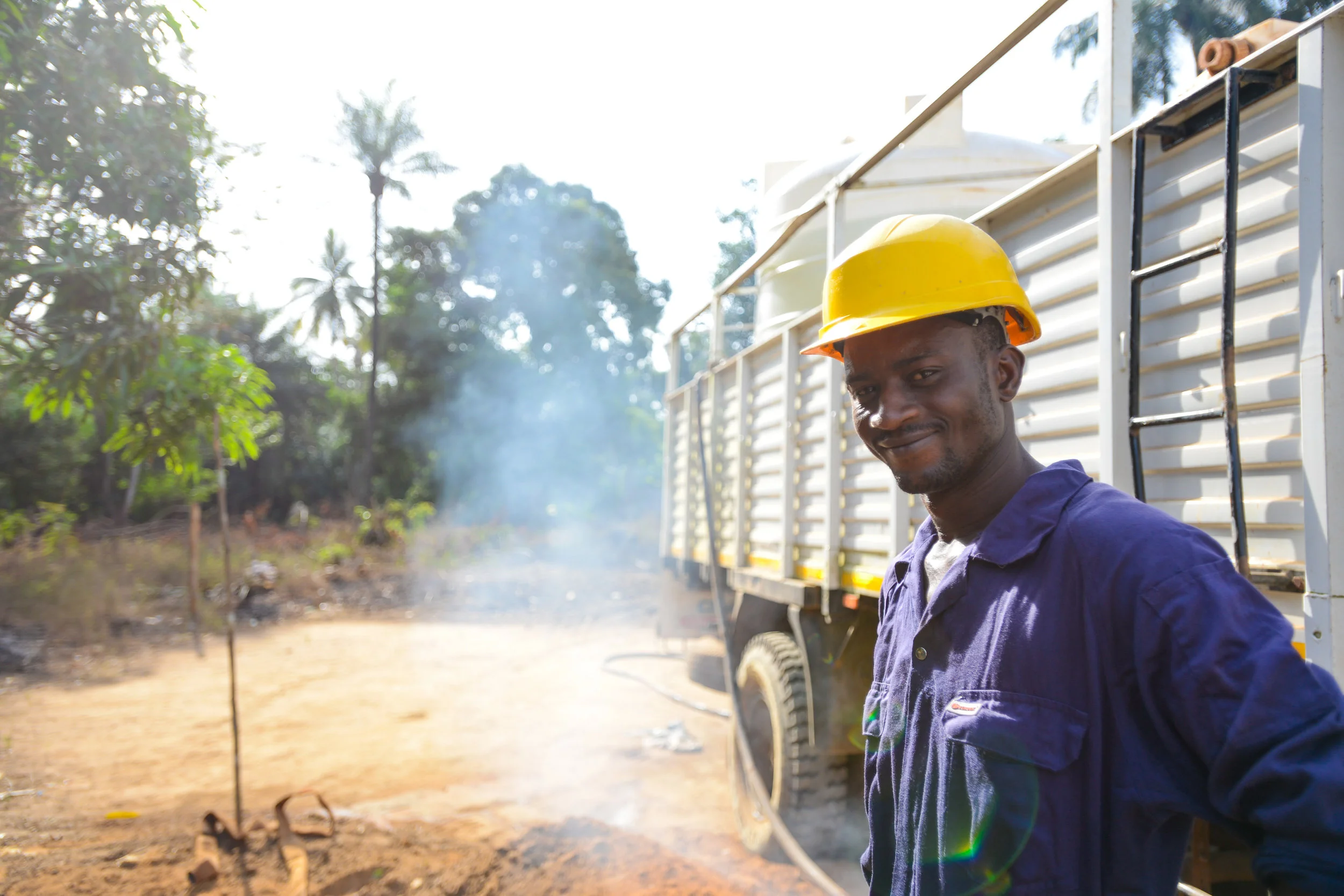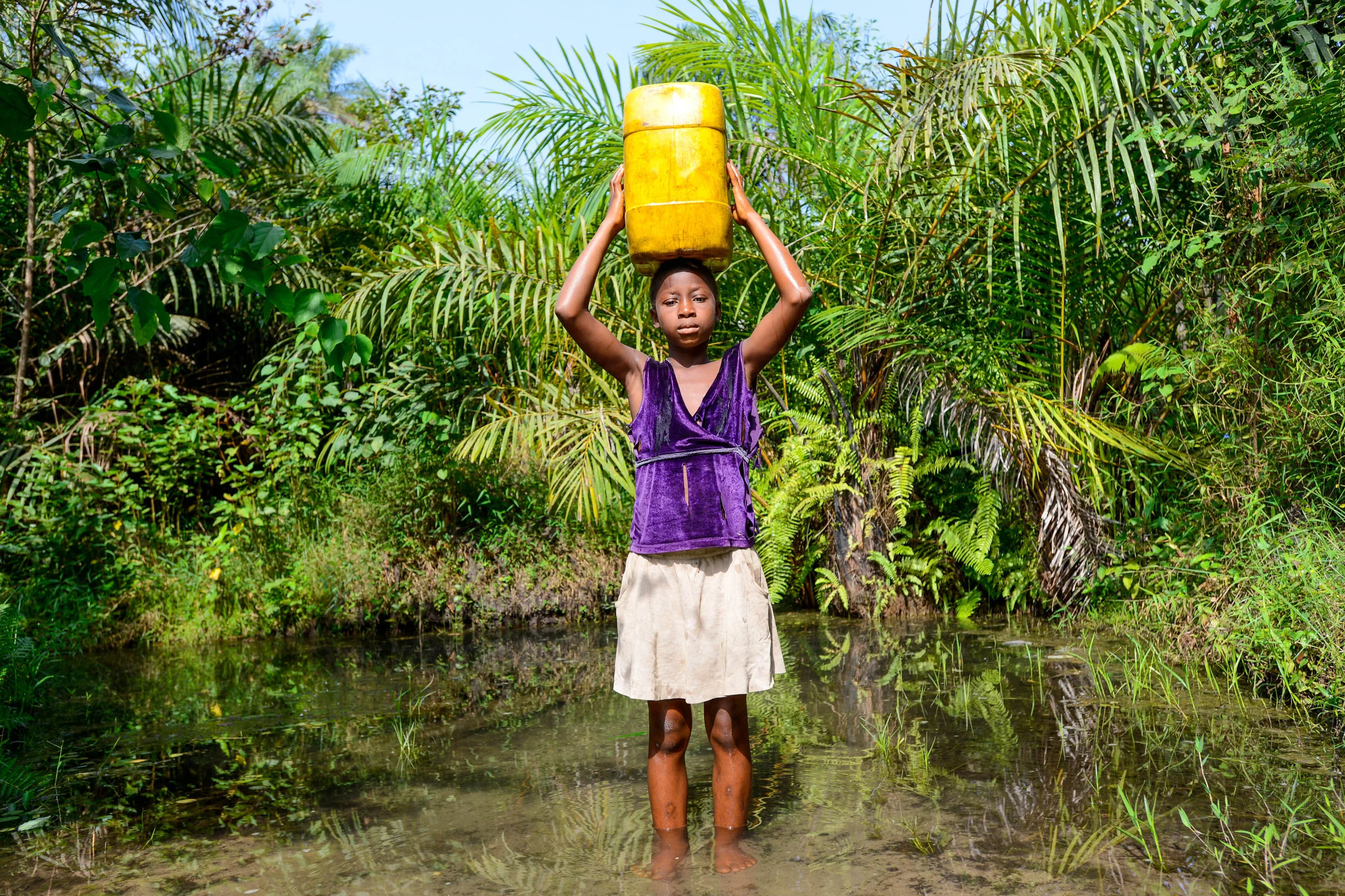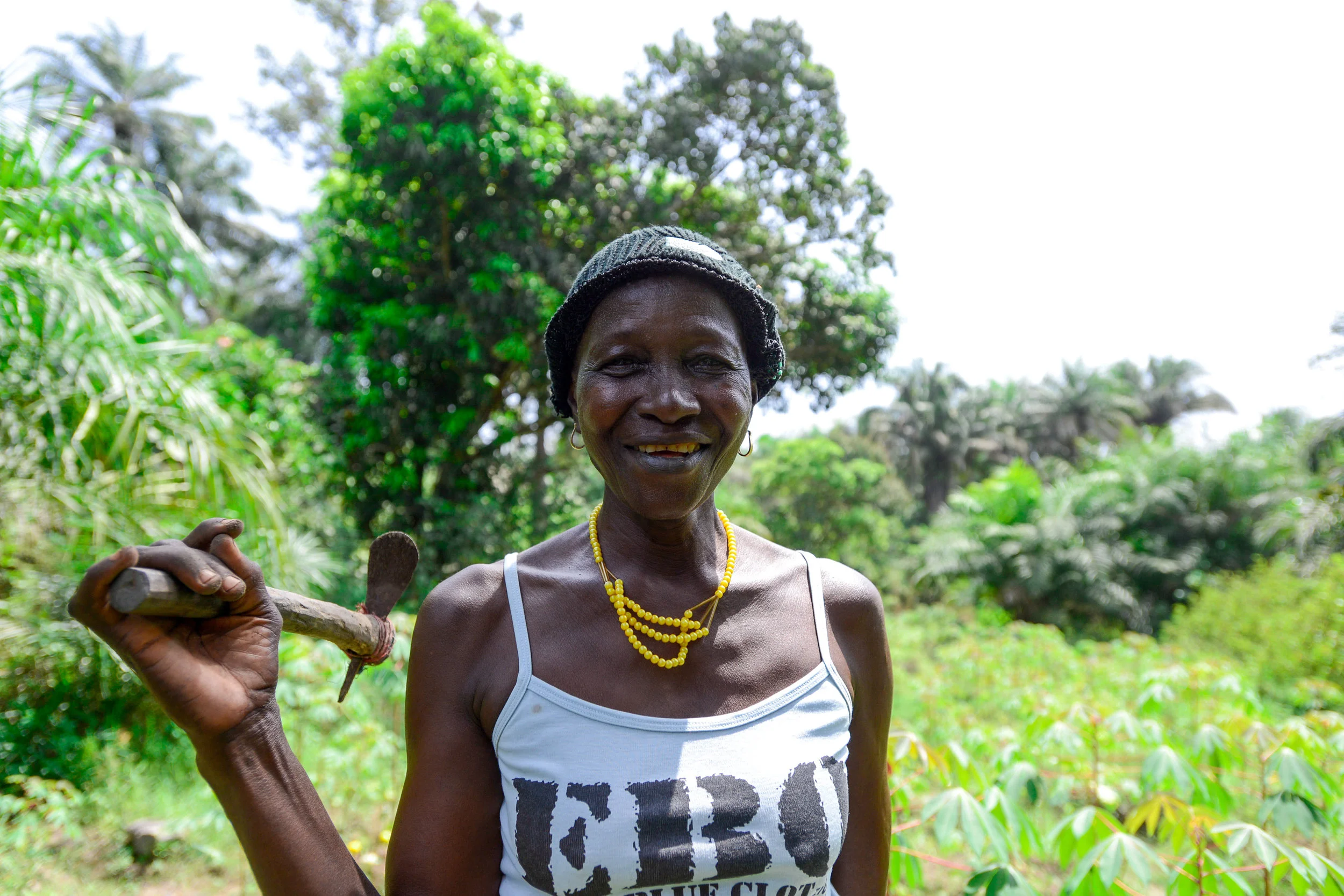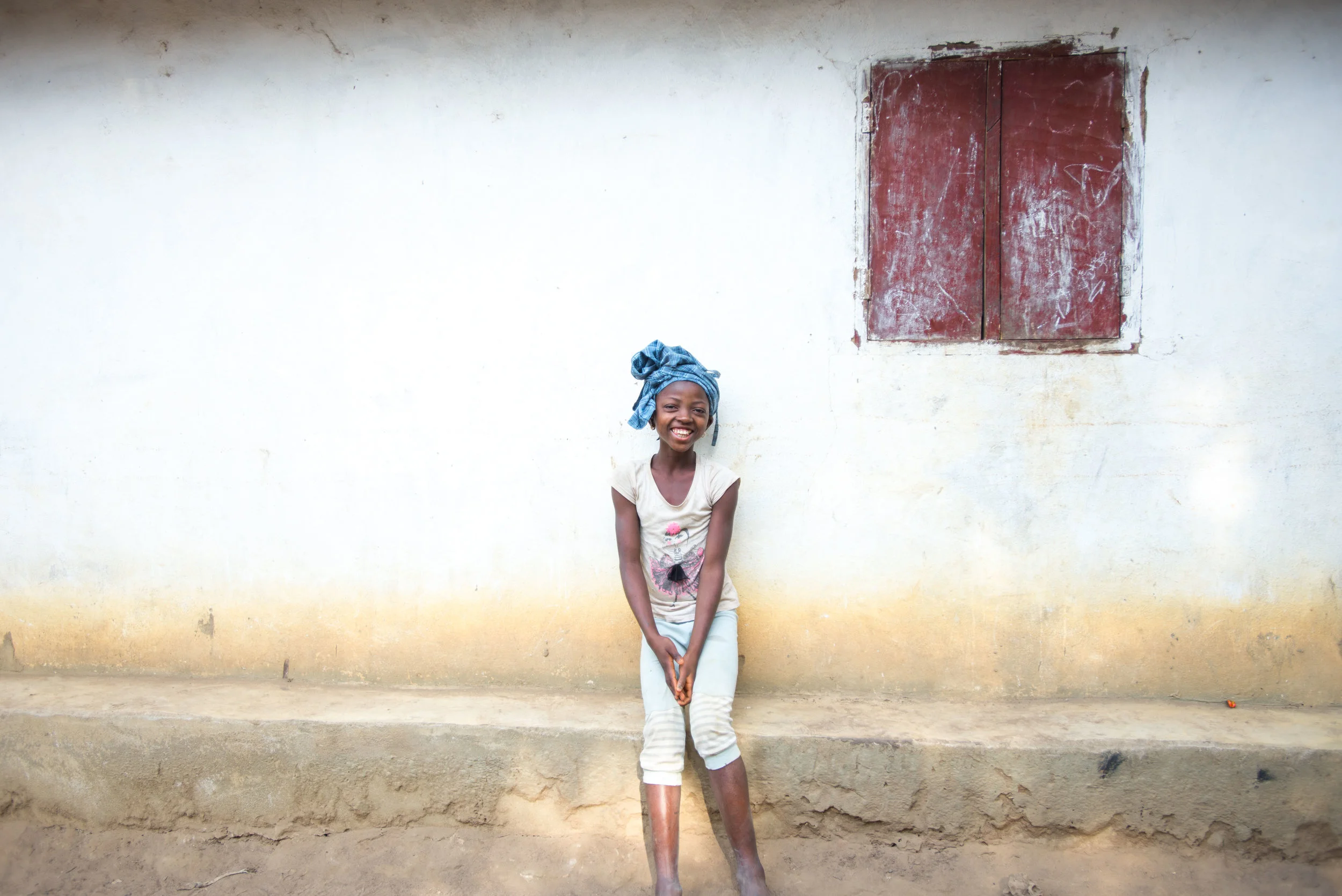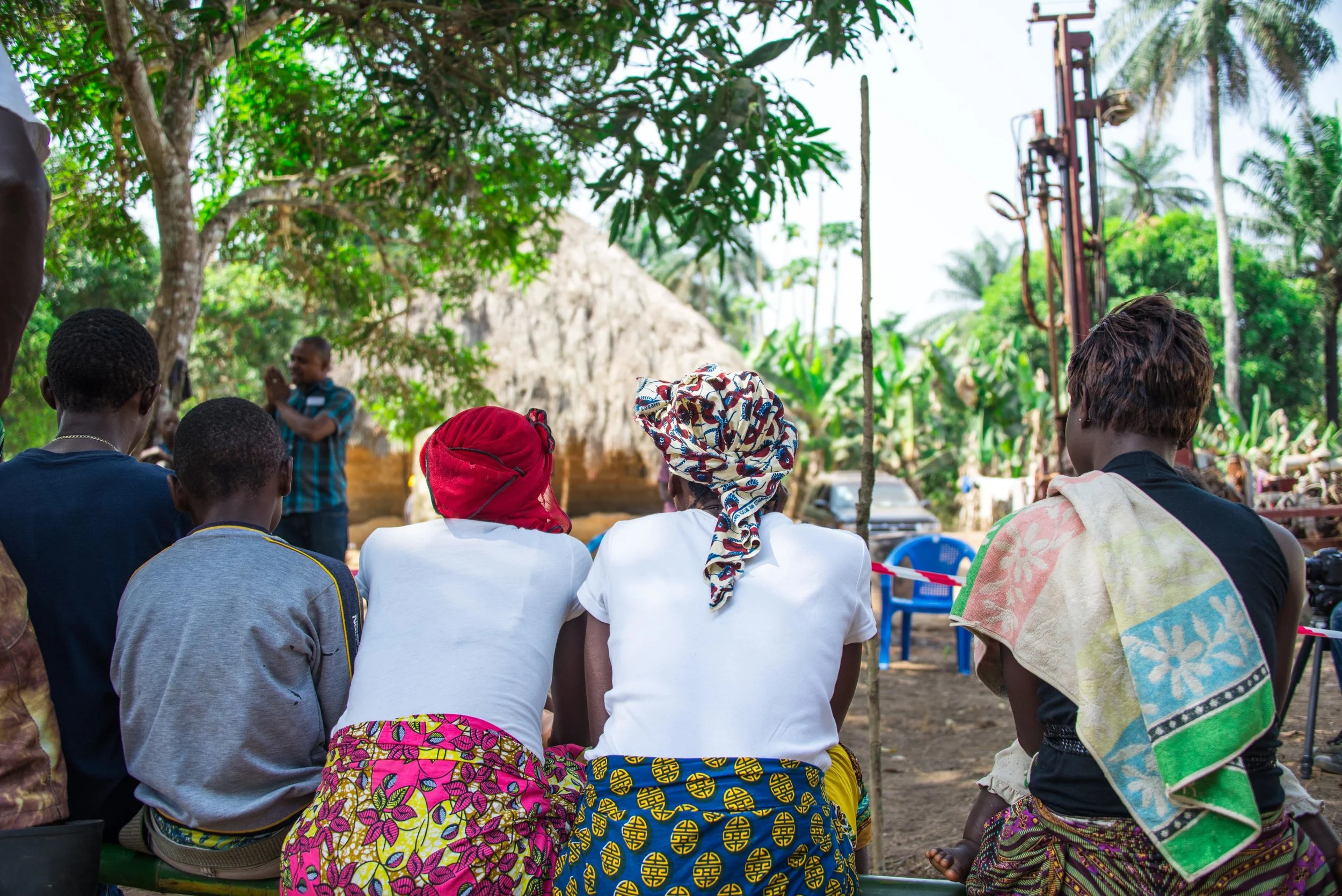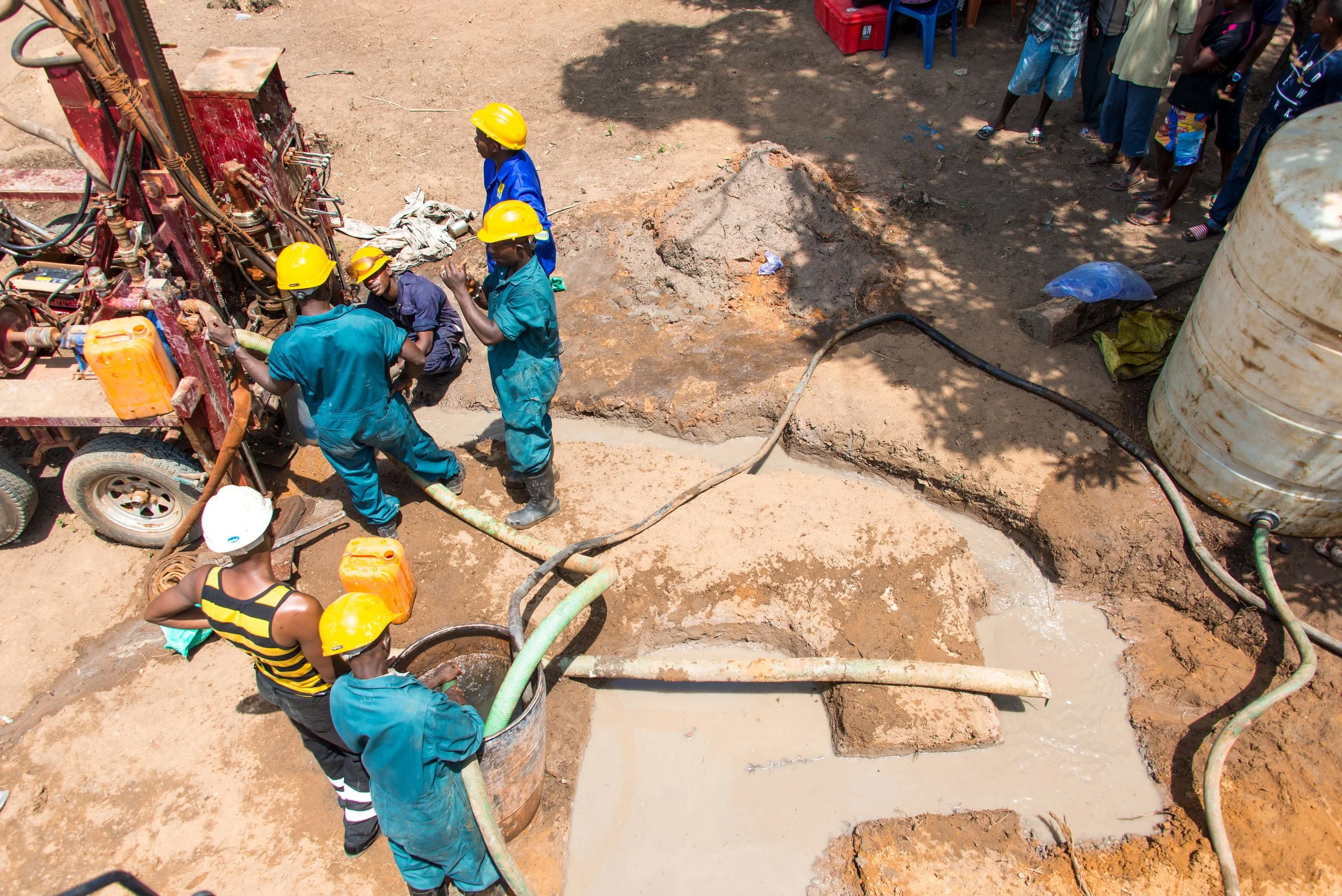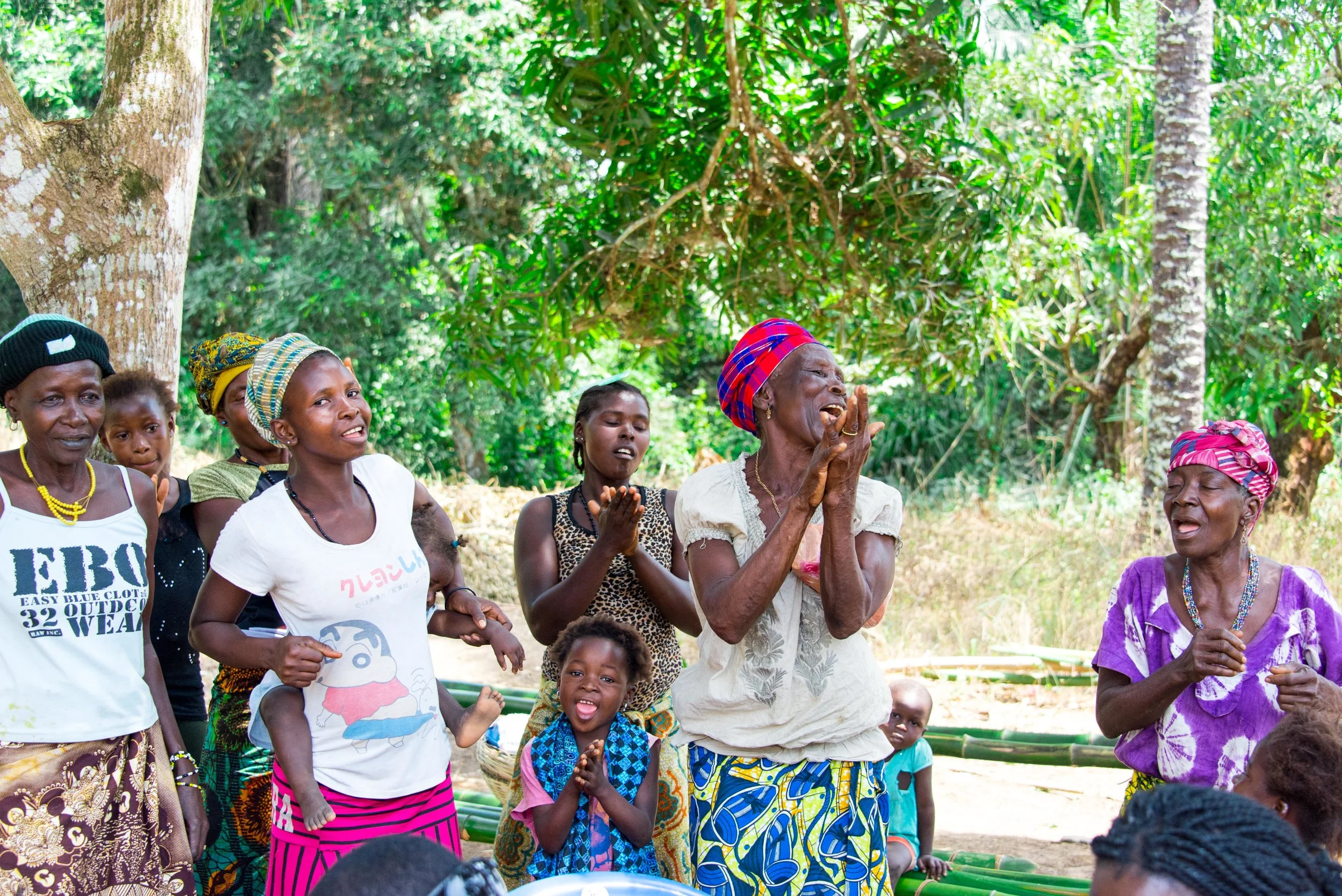Peru
Our team set off from Houston, Texas on a journey to camp with the Candoshi people who live off tributaries of the Amazon in the rainforest. After 2 airline planes, 1 small plane, 1 sea plane, and a boat we arrived in Puerto Requena. While there we met a shy and reserved tribe isolated from the world. Our partner in Peru, travel down the rivers and tributaries each month to bring safe water to these unreached people. We only camped with them for a few days.
Jorge is the director of our program in Peru. His wife often comes to the communities on the trips. His sons both work in the office and in the field helping drill. And his daughter comes to teach Sanitation and Hygiene when she isn't working as a doctor. He has been with most of his drilling team for about 10 years.
The drilling process is by hand auguring. They can't bring machinery with them because it's too heavy for the boats and small planes they use to travel to the people. The team and people in the community help to push the pipes into the ground to reach water.
And we spent the days with the women of the community, seeing where they do their laundry, how they cook and where the kids go to school.
Kenya
Traveling to Kisumu, Kenya was my very first trip as a part of the Marketing and Communications team at Living Water. The purpose of the trip was to create a film telling the story of Living Water to be premiered at our upcoming gala. It was my first opportunity to get down and dirty with my photography skills.
Sierra Leone
Mathinbos Community
Living Water is currently scouting the community as a future water point through a grant we have received by UNICEF.
Bolima Community
Living Water is currently scouting the community as a future water point through a grant we have received by UNICEF. The people were hit hard by Ebola in the area and the city of Freetown had to construct overflow cemetaries nearby. The country is predominantly Muslim and we met a pastor who built a church, schools and his own home that is now thriving because of the Living Water well in the his area.
Mashewureh Community
Our team was in this community drilling and teaching hygiene & sanitation lessons.
On all our content gathering trips we are trying to capture the story, find the most compelling story for our donors. Something they would really want to hear and will spark a desire in their hearts for the need of a community two 10 hour plane rides, a 40 minute ferry ride and a two hour car ride away. In Sierra Leone, showing the heart of the people wasn’t easy. The country has faced so much in the last 25 years, a civil war and ebola. Because of this, their infrastructure is far behind what it could be. The need of people in rural areas for access to safe water is huge because of this. Daily, women and children face walking through narrow jungle paths with snakes, animals and other dangers to collect water 2-3 times a day from stagnant ponds, rivers or hand dug wells. This water makes them sick, it makes their families sick. That dirty water keeps children from finishing their education, it keeps moms and dads from earning enough to support their families, it takes lives every day. Our donors can provide them with a safe well right outside their home. It will give hours back in the days of moms to earn an income and take care of the families. It will keep girls in school with access to safe latrines and keep them out of the cycle of poverty. And help prevent another Ebola outbreak.

